Fact: sleep dictates our holistic wellness. Like a puzzle piece, it fits with nutrition and exercise to create a full picture of our overall health. A vital instrument of restoration and repair, it enhances cognitive function, supports emotional well-being, regulates hormones, supports immune function, and helps maximize workout benefits. And a little secret? Learning how to get better sleep is key to increasing your healthspan and longevity.
That’s especially true for women! You’ve probably heard that on average, women need slightly more sleep than men. Several studies have indicated that women also tend to report more sleep disturbances and insomnia compared to men. We can thank the hormonal fluctuations from our menstrual cycles, pregnancy, and menopause for that. Physical differences like slightly higher metabolic rates, cognitive factors like being involved in more complex thinking, and sociocultural factors like juggling lots of life responsibilities also play a role.
And here’s another secret: you can’t isolate your health and wellness goals from good quality sleep, either. If weight management is a personal goal, you’ll never see the results you want—even if you’re working out regularly and making nutritional adjustments—if you’re sleep-deprived. The same goes for goals like mood regulation, heart health, physical performance, stress management, healthy aging, and so much more.
It’s one of the reasons we prioritize giving you sleep resources on obé. From the 7 Days to Better Sleep audio collection to sleep meditations and breathwork for better sleep, we’re serious about catching our zzz’s. But there’s a lot more you can do on your journey to get better sleep that happens away from screens and off the mat. Think: room temperature, alarm clock discipline, sleep timing, and more.
In this post, we dive into a Q&A with leading sleep scientist Dr. Rebecca Robbins, Ph.D.—the Assistant Professor in Medicine at Harvard Medical School and an Associate Scientist at the Brigham and Women’s Hospital. Her work examines the link between sleep and our overall well-being, exploring how sleep influences our memory, cognition, health, and longevity.
Why is good sleep hygiene so important?
Sleep is such a critical aspect of our health and wellness. But despite its importance, sleep often takes a backseat in comparison to exercise and nutrition. There’s this misconception that we can just skimp on sleep to squeeze more stuff into our day, but that’s a myth.
Truth is, most of us need between 7-8 hours to thrive. This ensures we wake up feeling refreshed and ready to tackle the day, whether it’s hitting the gym for a killer workout or just owning it at work. We perform better when we’re well-rested.
Top tips on how to get better sleep?
A big part of my work involves increasing motivation and encouraging people to prioritize sleep because sadly, it falls so low on many people’s priority lists. About 30% of Americans deprive themselves of sleep, getting less than seven hours each night. Making a couple of small changes can improve our rest and sleep big time.
To kickstart a good routine, it’s all about consistency, much like with fitness. One of my favorite topics to discuss is the alarm clock. We’re so fixated on hitting the snooze button and waking up to it. However, a key goal of good sleep habits is actually to eliminate the need for an alarm clock altogether.
A helpful strategy is to set a target bedtime, such as 11 pm, and then count back eight hours to determine when to start winding down. This includes avoiding screens at least 90 minutes before bed. Apps like Night Shift and Flux can help reduce screen brightness and minimize blue light exposure. Instead of stimulating activities on screens, focus on relaxation techniques during this time.
Keeping your bedroom cool is key because it helps your body temperature drop, which makes it easier to fall asleep. Science backs this up, which is why experts say to aim for around 67 degrees Fahrenheit in your bedroom. Even though it might seem a bit chilly, it’s perfect for a solid night’s sleep.
What other rituals can you incorporate into your bedtime routine?
Taking a shower is a fantastic way to unwind. If you have a bathtub, soaking in Epsom salts can help your muscles recover from the day’s stresses and ease tension. These practices not only benefit your physical health but also promote relaxation. Even if it’s not a long soak, dedicating 30 minutes before bed to wind down can be beneficial. It’s important to remember that sleep is a process and requires time to transition.
For those with busy minds, like many Type A personalities, journaling or making a to-do list before bed can alleviate stress. Writing down tasks can help clear your mind and provide reassurance that you won’t forget them in the morning.
What’s the link between sleep quality and nutrition?
Exercise, sleep, and nutrition are all connected! People who work out regularly tend to sleep better. Now, nutrition also plays a role here. It’s easy to skip meals or constantly snack throughout the day, especially with our busy schedules. But having a big meal right before bedtime isn’t the best idea. You’re about to hibernate for a good seven or eight hours, and if you’ve just consumed a ton of food, your body won’t need it during the night. Try to space out your meals and activities accordingly!
In the world of nutrition, they say you should have a big breakfast like a king, a decent lunch like a prince, and a light dinner like a pauper. And guess what? This advice works wonders for sleep, too. Aim for a light dinner with lean protein and veggies to help ease you into sleep. And make sure you’re finishing up your meal at least 90 minutes before sleep. Timing matters, no matter what kind of food you’re eating.
Is having a consistent sleep schedule on weekdays and weekends important?
Absolutely. As adults, we sometimes fall into the trap of only sticking to a routine during the week and then cutting loose on the weekends. But let me tell you, consistency is key when it comes to sleep. Our bodies love routine!
Take Daylight Savings Time, for example. It’s a shock to the system if you’re not ready for it. Leading up to it, try shifting your bedtime a bit earlier each night. That way, it won’t hit you like a ton of bricks when the time changes. Of course, it’s fine to let loose a bit on a Friday or Saturday night now and then. But the important thing is to try and wake up around the same time you usually do.
What are your tips for better sleep during travel and getting over jet lag?
If you’re away for a couple of days, it’s best to stick to the local time if your schedule allows it. But jetlag can mess you up, especially if you’re traveling three hours or more, like heading out to the West Coast. It can feel pretty weird being wide awake at 4 in the morning wondering what to do next!
Luckily, there are ways to fight off jetlag, whether you’re on the West Coast or flying halfway across the globe to Europe or Asia. It all comes down to our body clock. Things like exercise, eating right, and getting enough exposure to natural light can help sync things up. If you’re feeling tired when you arrive at your destination, taking a walk outside can do wonders for getting you back on track.
What’s an enemy of good sleep?
Caffeine is the killer of good rest. The trick is to enjoy a cup in the morning, maybe another one in the afternoon with some food. But everyone’s different. Your body size matters too. If you’re on the slimmer side, one cup might be your limit.
Some people swear they can chug coffee right up until they go to sleep. For most of us, though, it’s more like heart palpitations and jitters. Plus, caffeine sticks around in your system for about six hours, so if it’s getting close to bedtime, tea is the way to go.
Does alcohol interfere with good sleep?
That glass of Chardonnay or your drink of choice might help you wind down and drift off to sleep. It’s like a mood booster, right? But here’s the catch—it messes with the quality of your sleep. It helps you doze off, but after that, things go downhill.
If you use a sleep tracker, you might notice changes in your heart rate variability or other factors. Paying attention to how you feel the morning after a night of drinking can also be a wake-up call. It’s all about being aware and making little tweaks to improve your sleep game.
What’s the best way to fall back asleep if you often wake up in the middle of the night?
When it comes to those persistent sleep issues, the clinical diagnosis is called insomnia. Insomnia comes in three varieties. First off, there’s the trouble falling asleep, where you find yourself tossing and turning. Then there’s the midnight wake-up call when your brain decides to wake you up in the middle of the night. And finally, there’s the early morning rise, where you’re up at the crack of dawn without any good reason.
Dealing with these sleep demons can be a challenge, but it’s not impossible. For those struggling to fall asleep, relaxation rituals and jotting down worries might help. As for the midnight wake-up crew, being wide awake at 2 in the morning can be frustrating and disheartening. Getting on your phone or iPad is mistake number one.
Turn your phone to airplane mode before going to sleep. It’s a simple extra step that could make a big difference. We’re bombarded with so much info on our devices these days. Taking a few hours off from screens, maybe even just on a lazy Sunday afternoon, could do wonders for our peace of mind.
Can waking up in the middle of the night to use the bathroom mess with our sleep?
It’s pretty common for many of us, especially women going through menopause or mothers who’ve adapted to being alert to their children’s needs. This heightened sensitivity to noise or disturbances can disrupt sleep. But if you find yourself awake in the middle of the night, don’t sweat it. It’s normal.
For some, relaxation techniques like progressive muscle relaxation or mindful breathing can help drift them back into dreamland. Whatever your go-to routine, stick to it religiously.
What tips do you have for those who struggle to wake up early?
Even if you’ve had your full seven hours of beauty sleep and you’re sticking to your bedtime routine, waking up can still be a struggle. Most of us wake up feeling a bit groggy and sluggish. It’s like our bodies need a bit of time to shake off that sleepy feeling. Most alarms aren’t exactly music to our ears.
Hitting that snooze button might seem like a tempting solution, but it can mess with your sleep quality. If you’re cutting your sleep short and snoozing, you’re not giving your body the chance to go through its natural sleep cycles properly. So even though it might feel like you’re stealing a few extra minutes of shut-eye, you’re just setting yourself up for more grogginess and fragmented sleep later on.
Consistency is key here. Try your best to resist the urge to hit snooze and aim for a consistent wake-up time every day. One trick that works for me is putting my alarm clock on the other side of the room. That way, I have to physically get out of bed to turn it off, and once I’m up, I’m less likely to crawl back under the covers.
Is there a link between when you work out and sleep quality?
This is a fascinating area of research. What we know for sure is that people who exercise regularly tend to sleep better. However, when it comes to timing, the research is a bit less clear. For a long time, the idea was that exercising before bed could disrupt sleep, but recent studies on folks who do intense workouts right before bedtime showed no negative impact on sleep quality.
There’s this interesting split in the population between what we call “larks”–those early birds who thrive in the mornings–and “owls”–those who come alive in the evenings. It all boils down to when you’re at your best during the day.
Our current work culture tends to favor the early birds. But there’s a growing understanding that not everyone operates on that schedule. Take students, for example. Most young folks, especially those under 25, tend to lean more toward being night owls. It’s just how their bodies are wired at that age. It’s all about structuring your day to fit your natural rhythm.
What’s the verdict on sleep aids—yes or no?
I can’t yet speak specifically about CBD, but let’s talk about melatonin and other sleep aids. Prescription sleep medications are pretty common, with about 80 million prescriptions written each year in the U.S. alone. They’re often used to help people fall asleep, but they don’t always sync up with your body’s natural sleep rhythm.
Long-term use of these meds can have some drawbacks, so it’s a good idea to explore behavioral solutions like bedtime routines and relaxation exercises. Of course, in certain situations, like when you’re dealing with grief or major life changes, they can be a helpful temporary solution.
It’s pretty common for people to take the supplement melatonin, as well. But we just don’t have a ton of long-term research on what continuous melatonin use does to us. It’s still a better option than relying on prescription sleep meds all the time. I’ve used melatonin before, especially ahead of long flights. It can help me fall asleep on the plane, which is tough with all that cabin noise and weird air pressure changes.
TL;DR on how to get better sleep?
First, we can all benefit from bumping up sleep a bit higher on our priority list. It’s about taking a look at your typical day and carving out time for a workout, eating healthy good, and ensuring you get enough sleep.
Diving into it might seem a bit daunting, but start with one or two things and try sticking to them. If you’ve got a partner or kid, making sleep a regular topic of conversation is key. You know, starting the day with a “How’d you sleep?” can set a good example, especially for the little ones. After all, snoozing soundly isn’t just an individual thing—it’s a family affair. So, let’s bring it to the forefront and keep it positive!
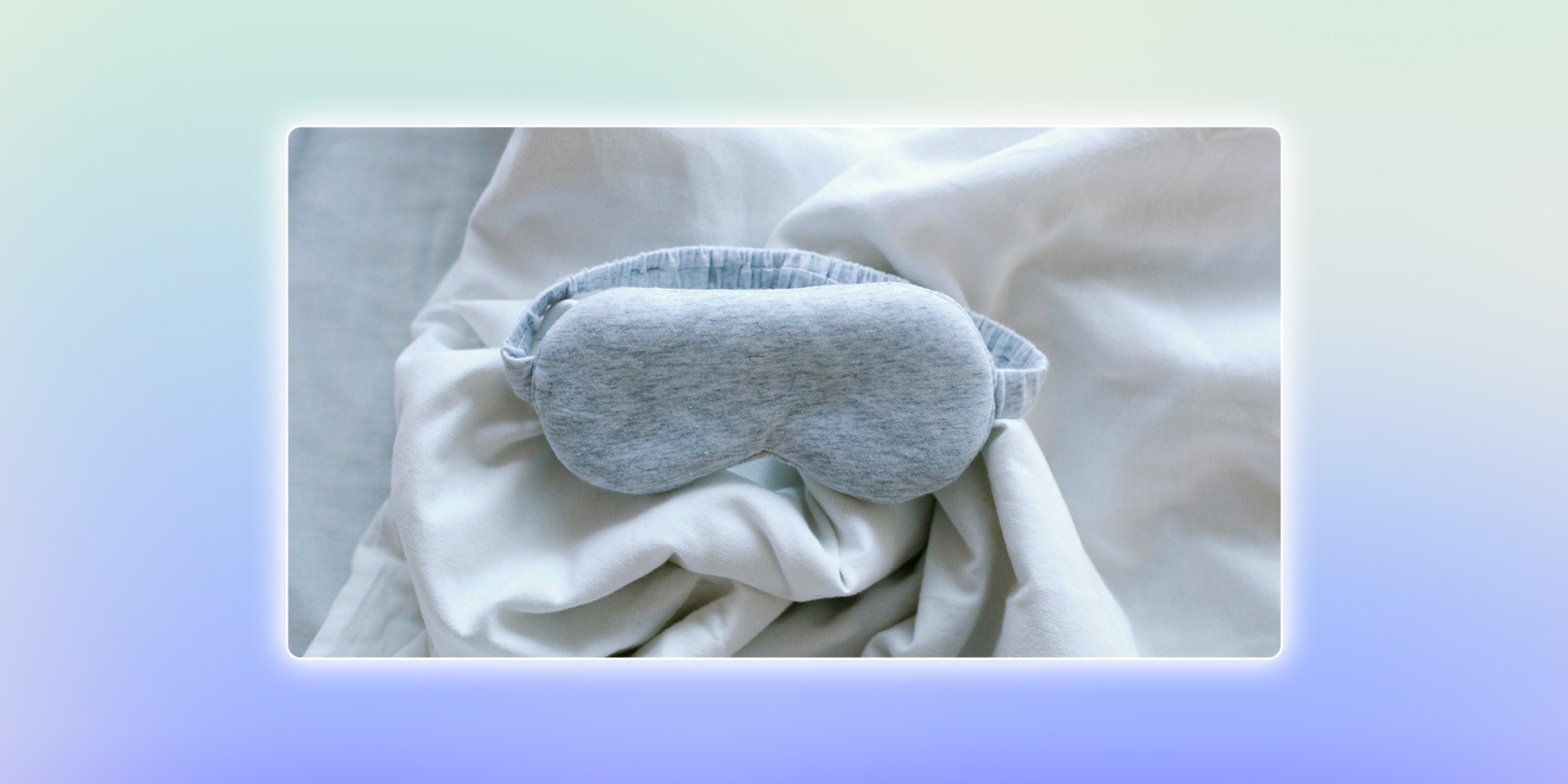




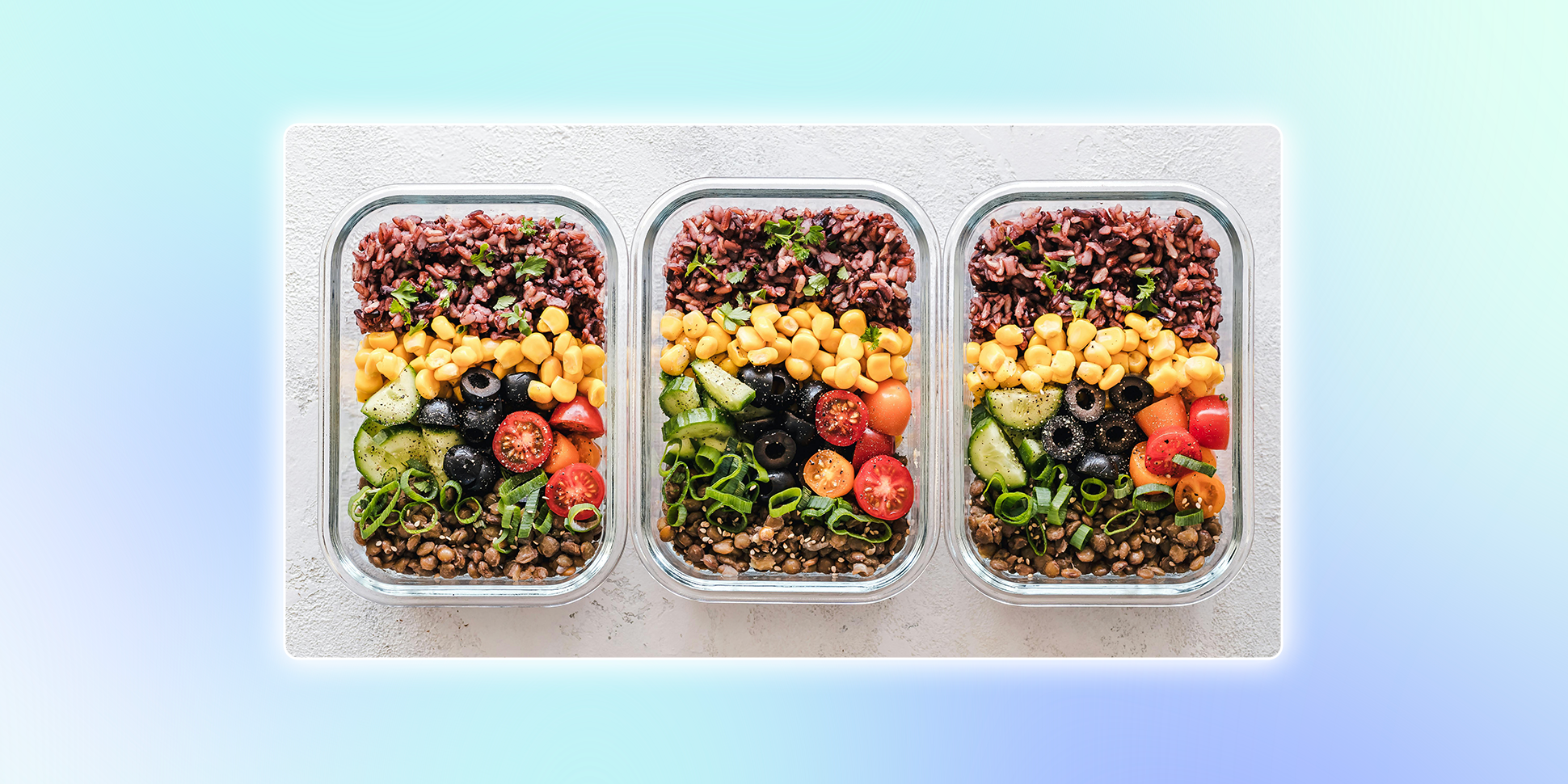


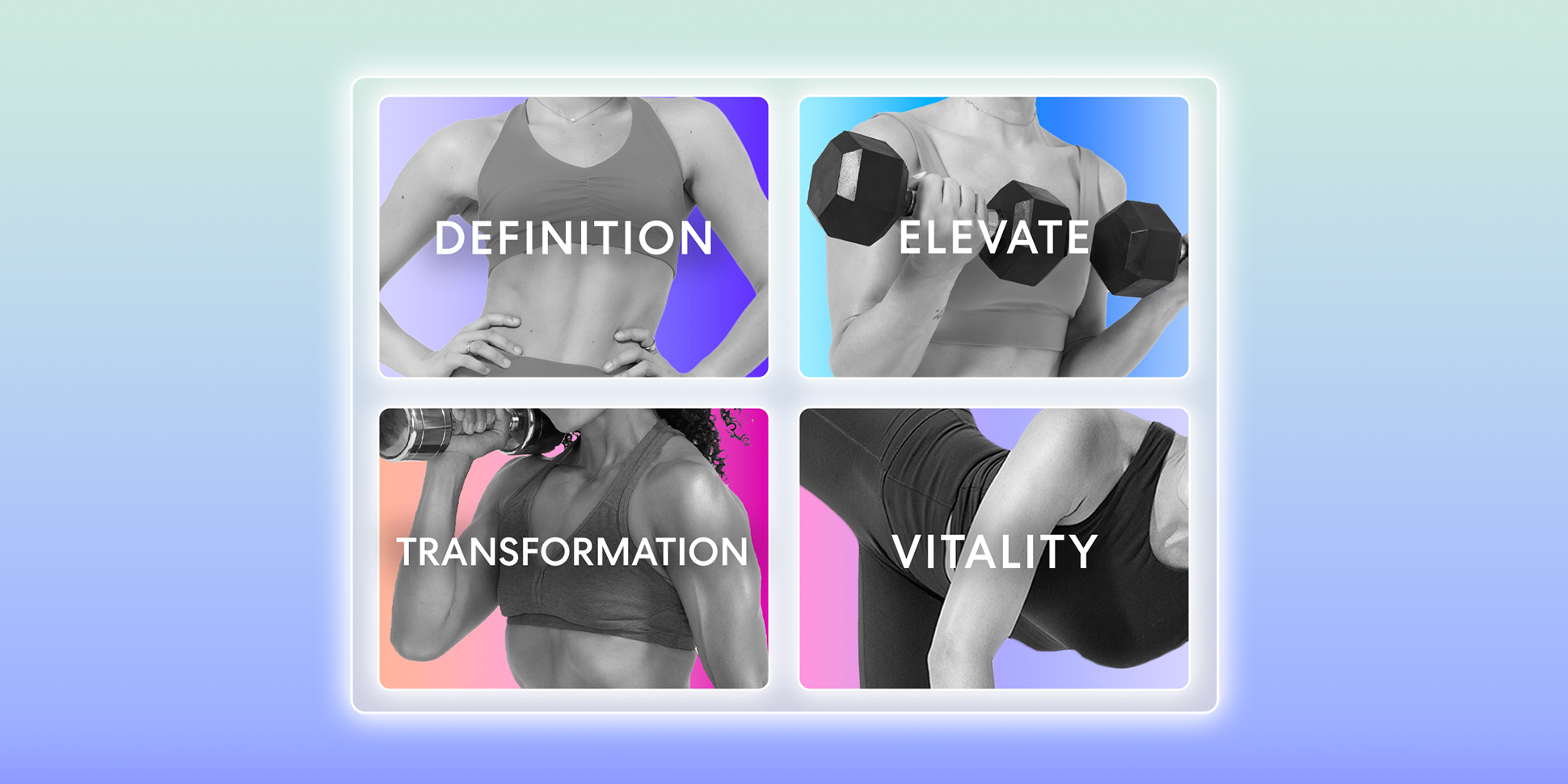




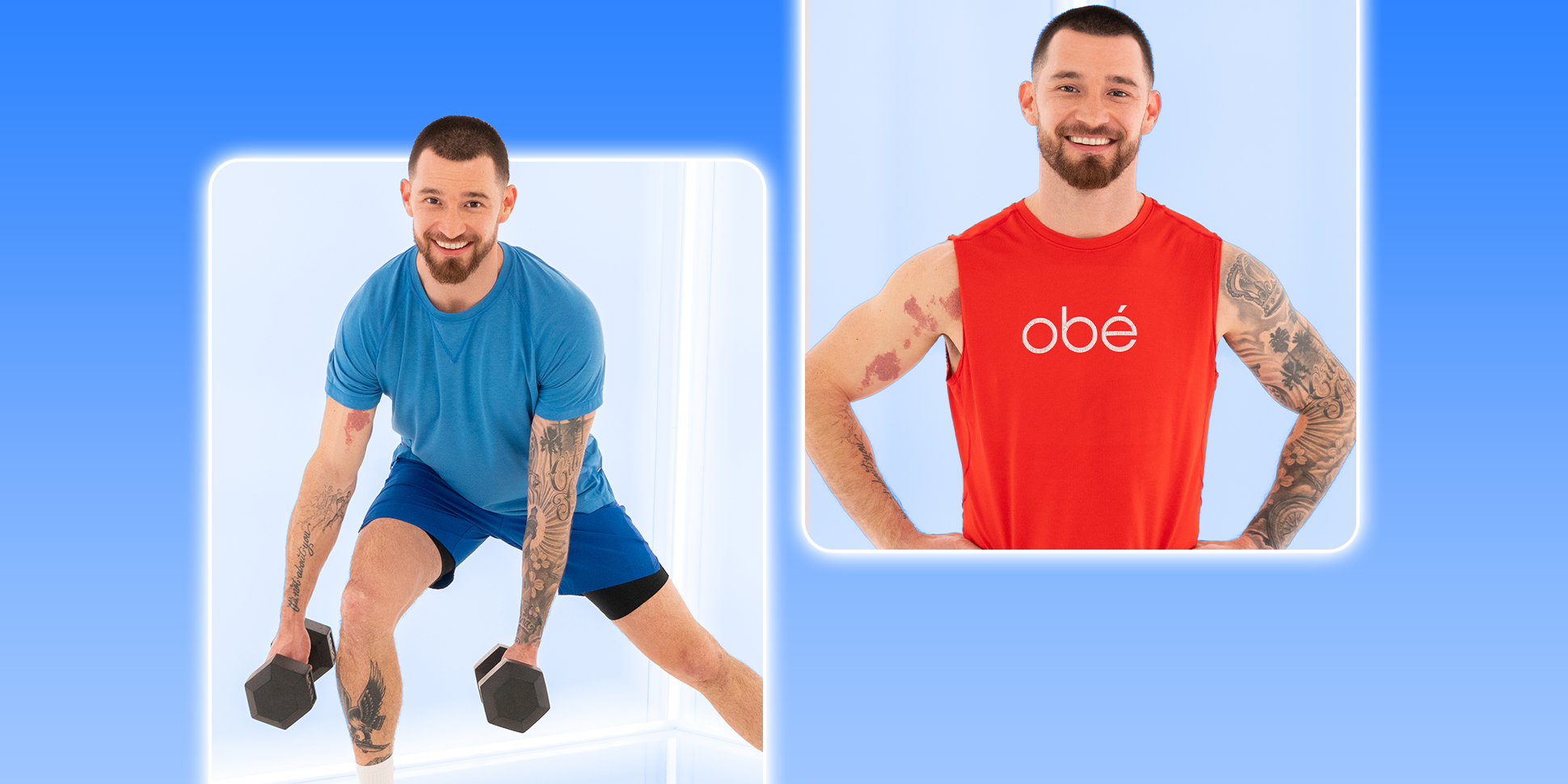

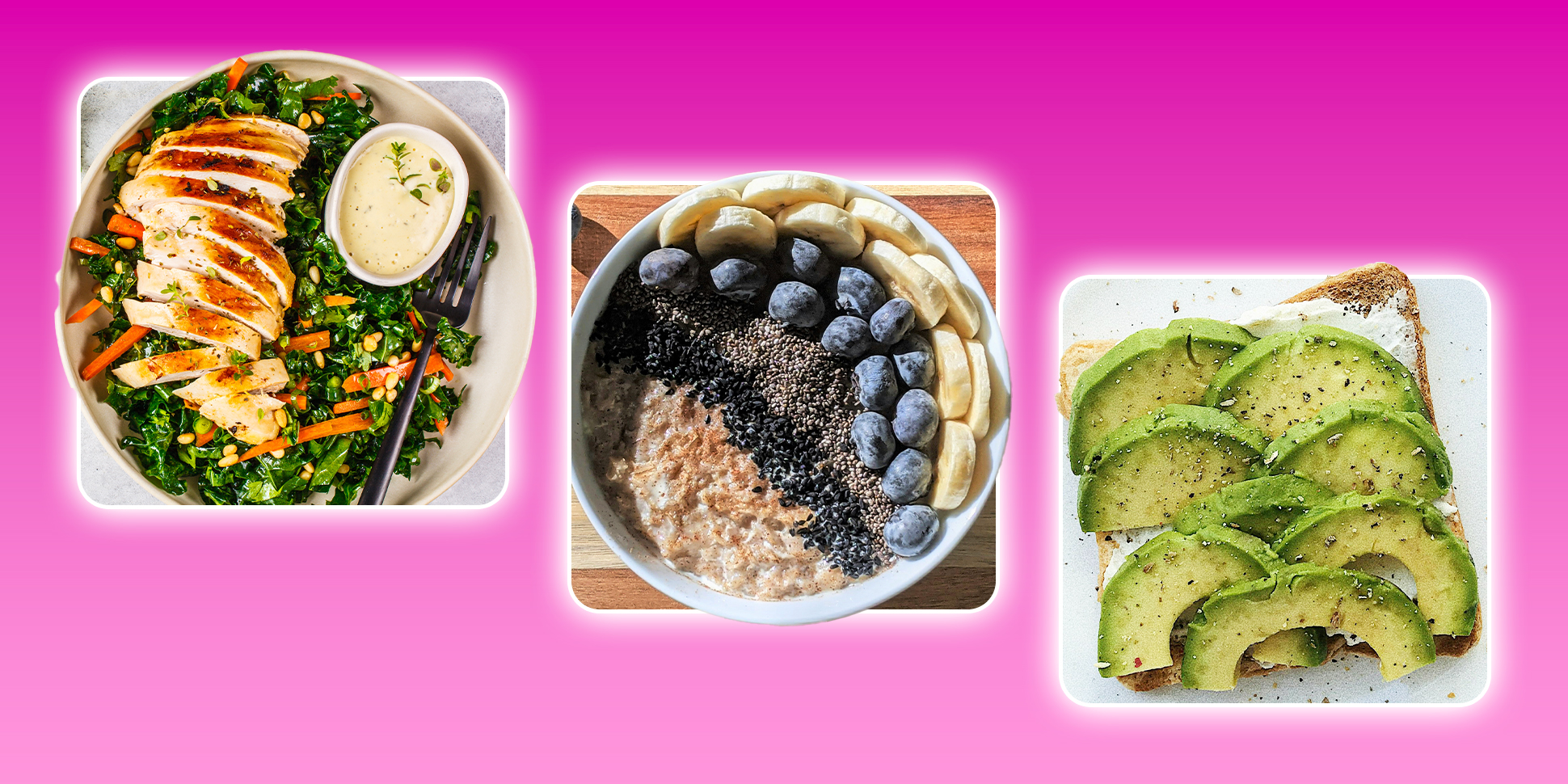


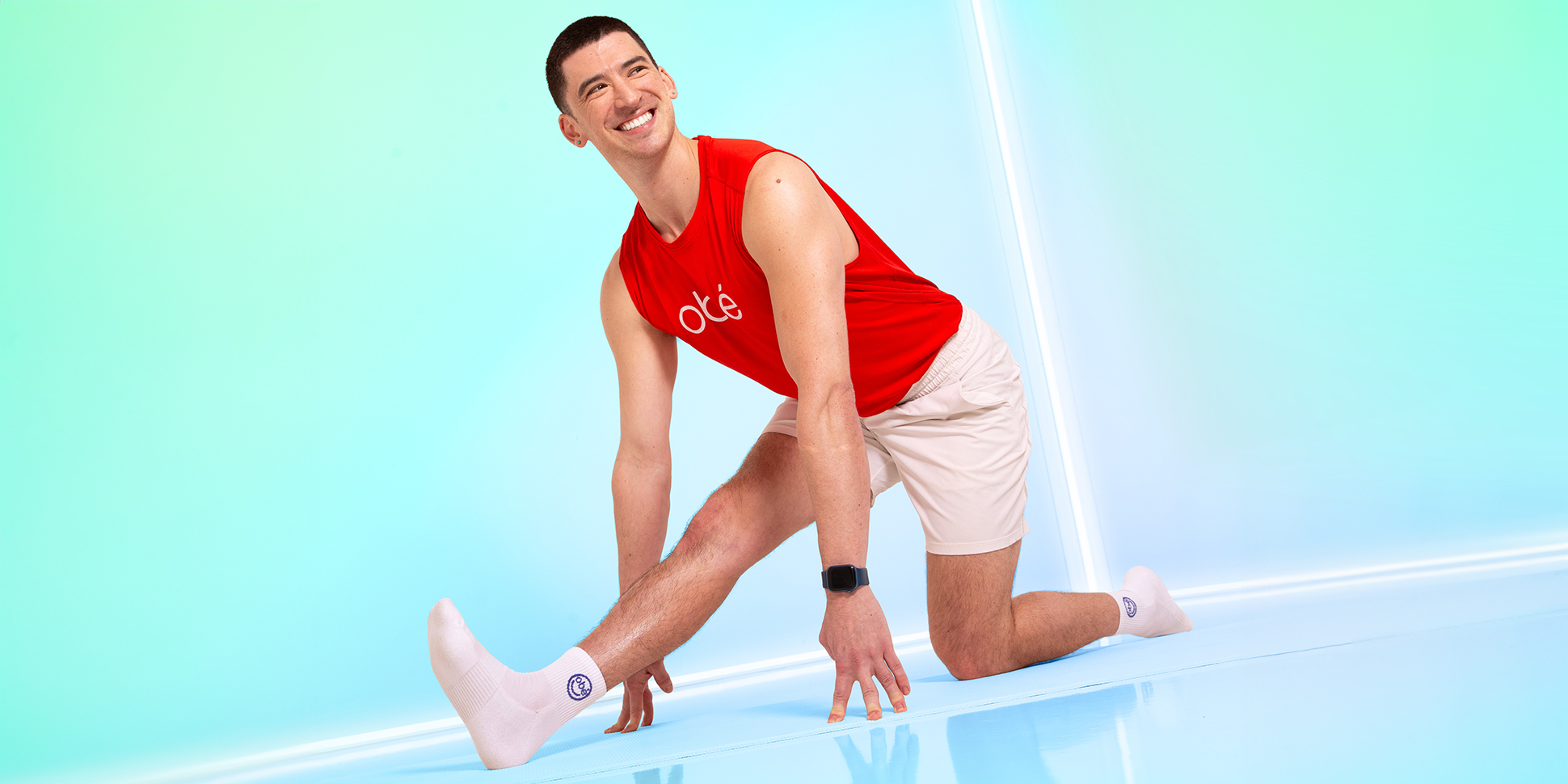
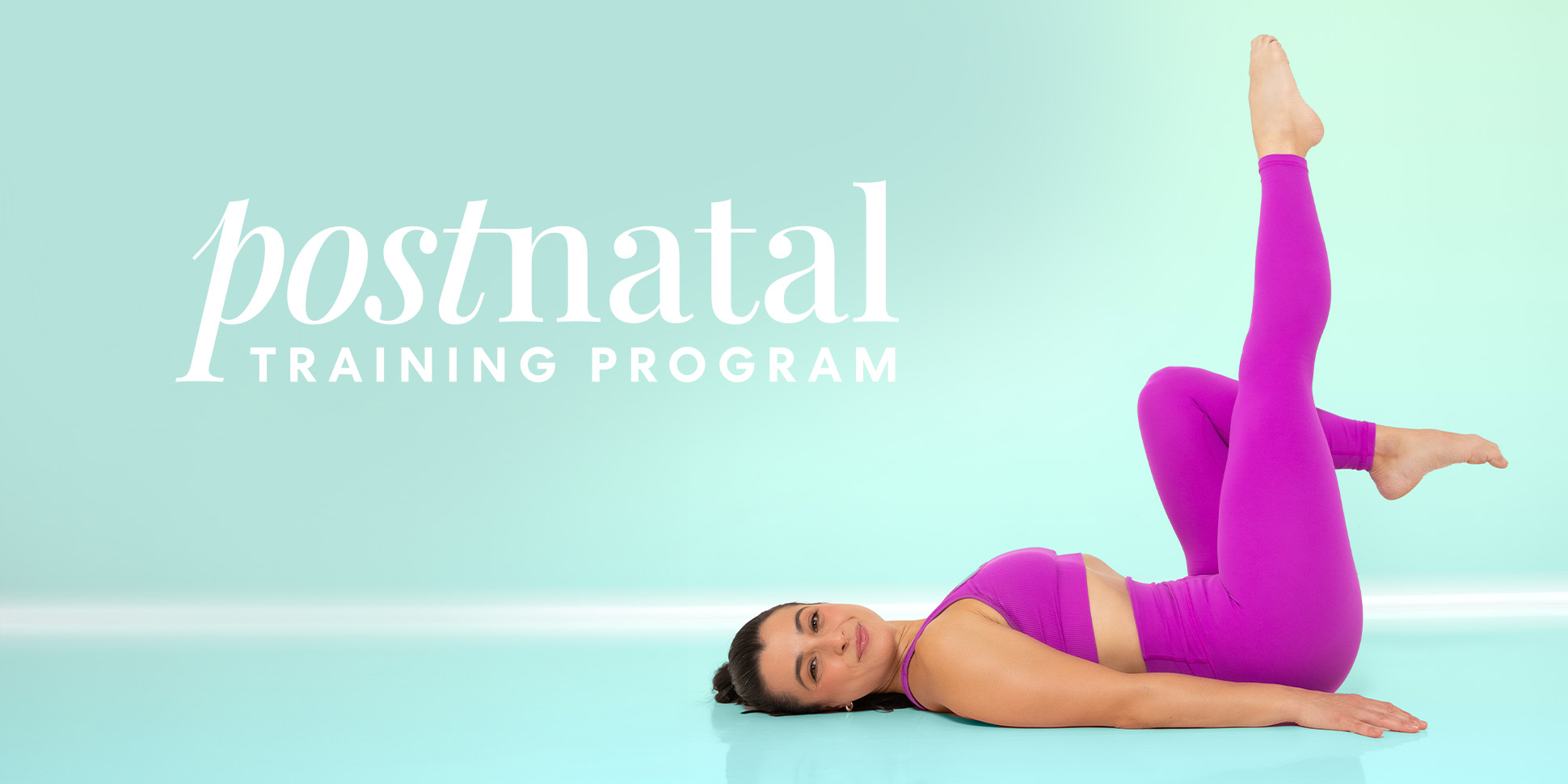
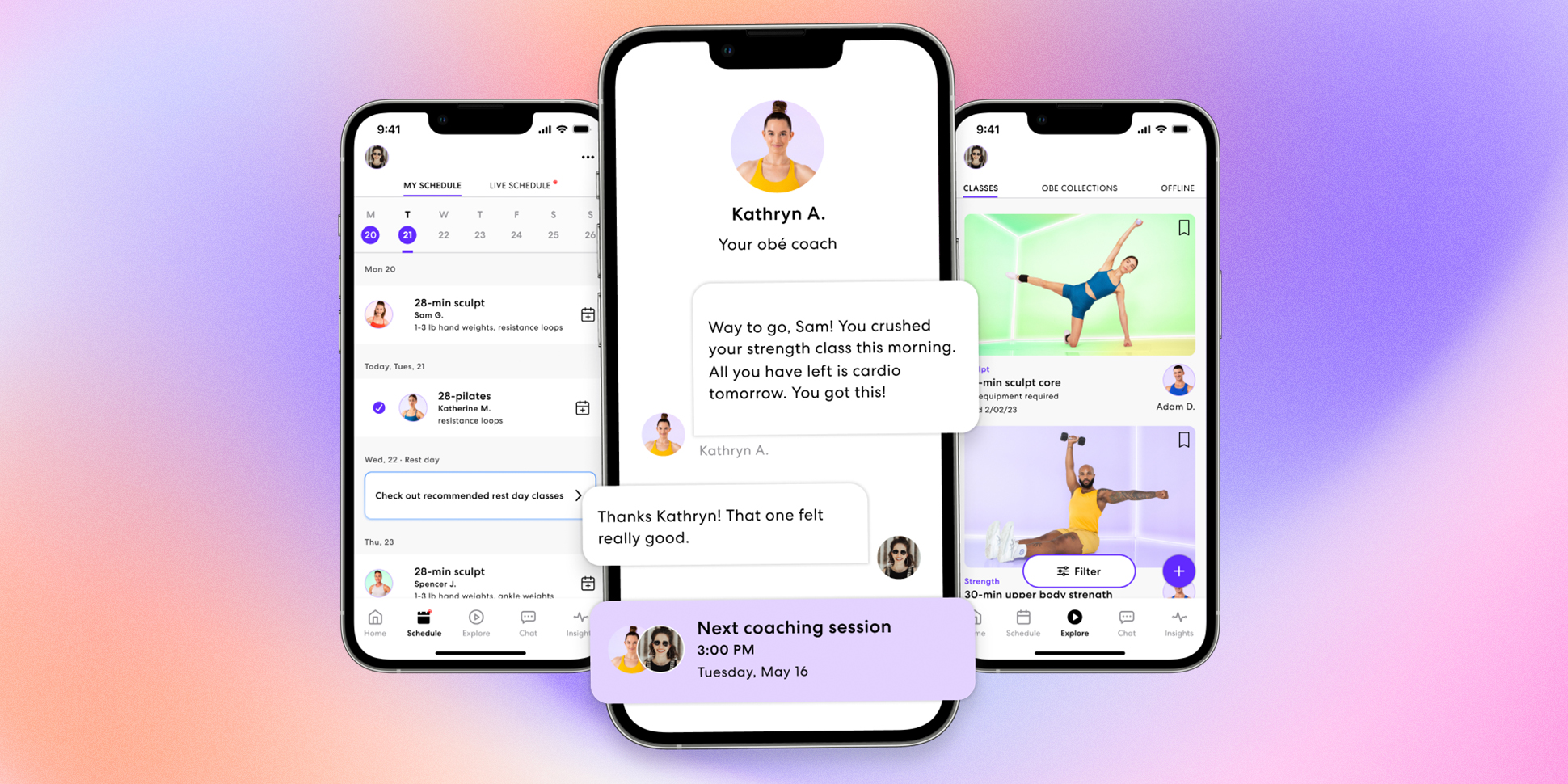

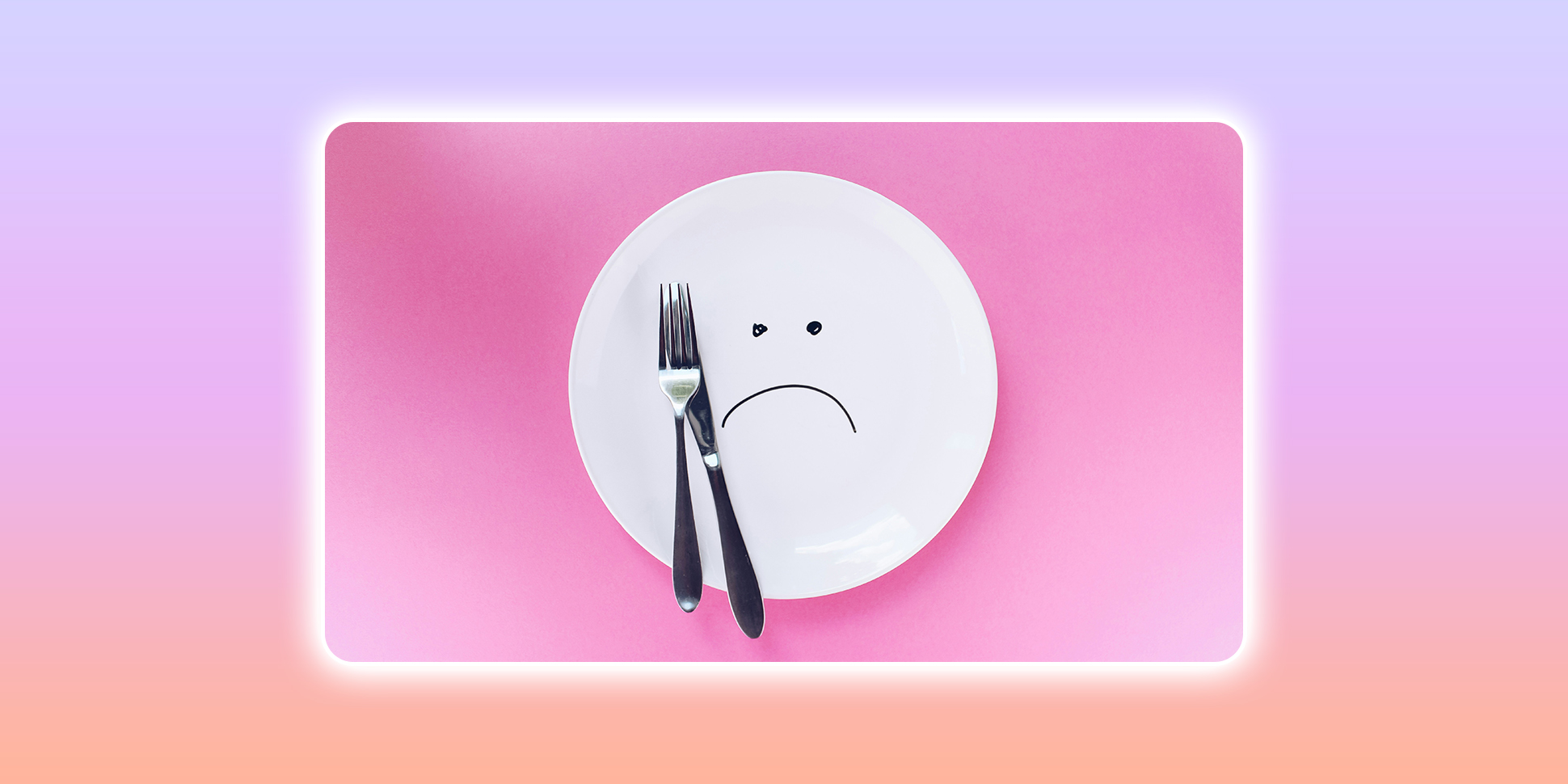


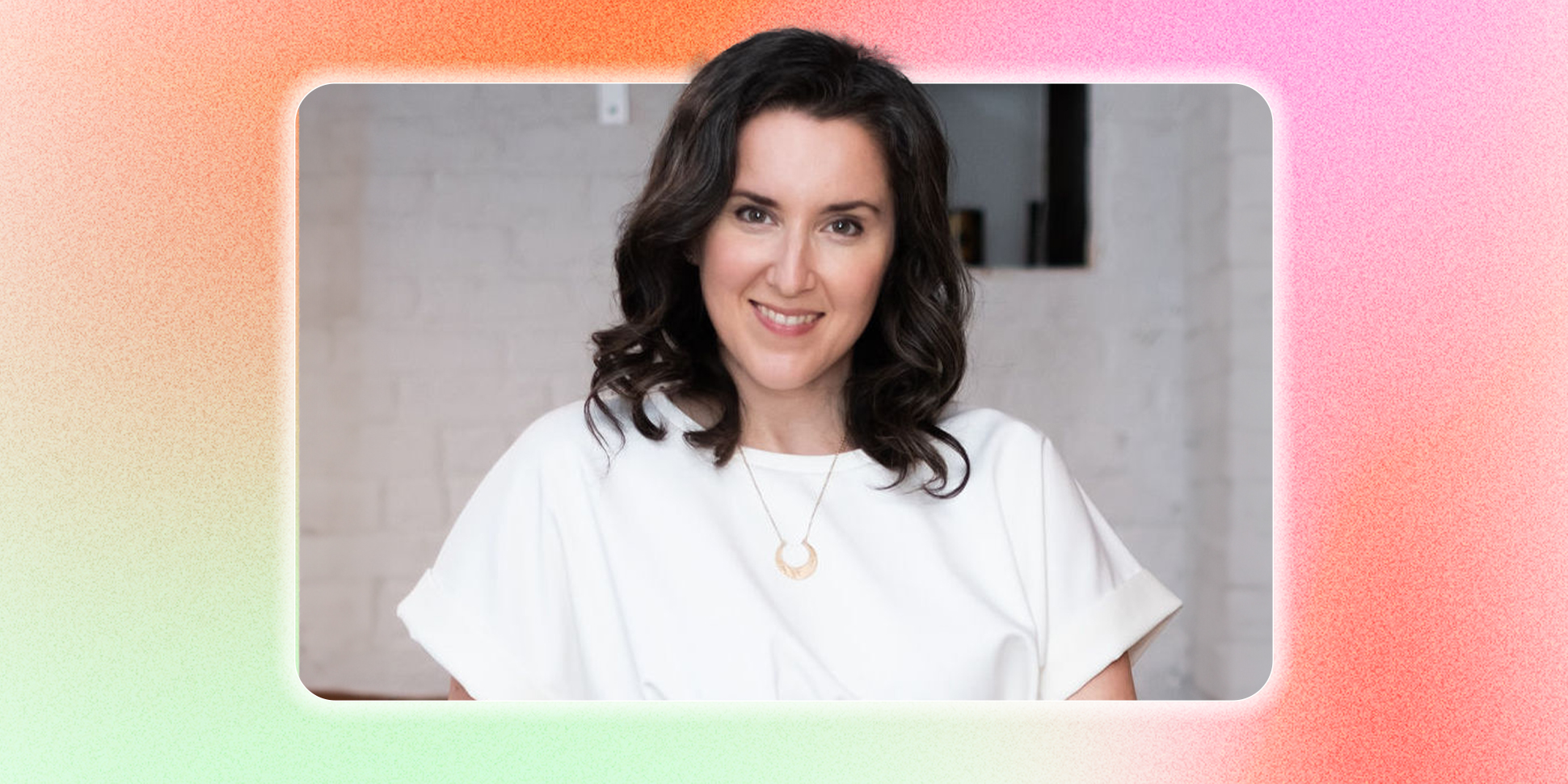
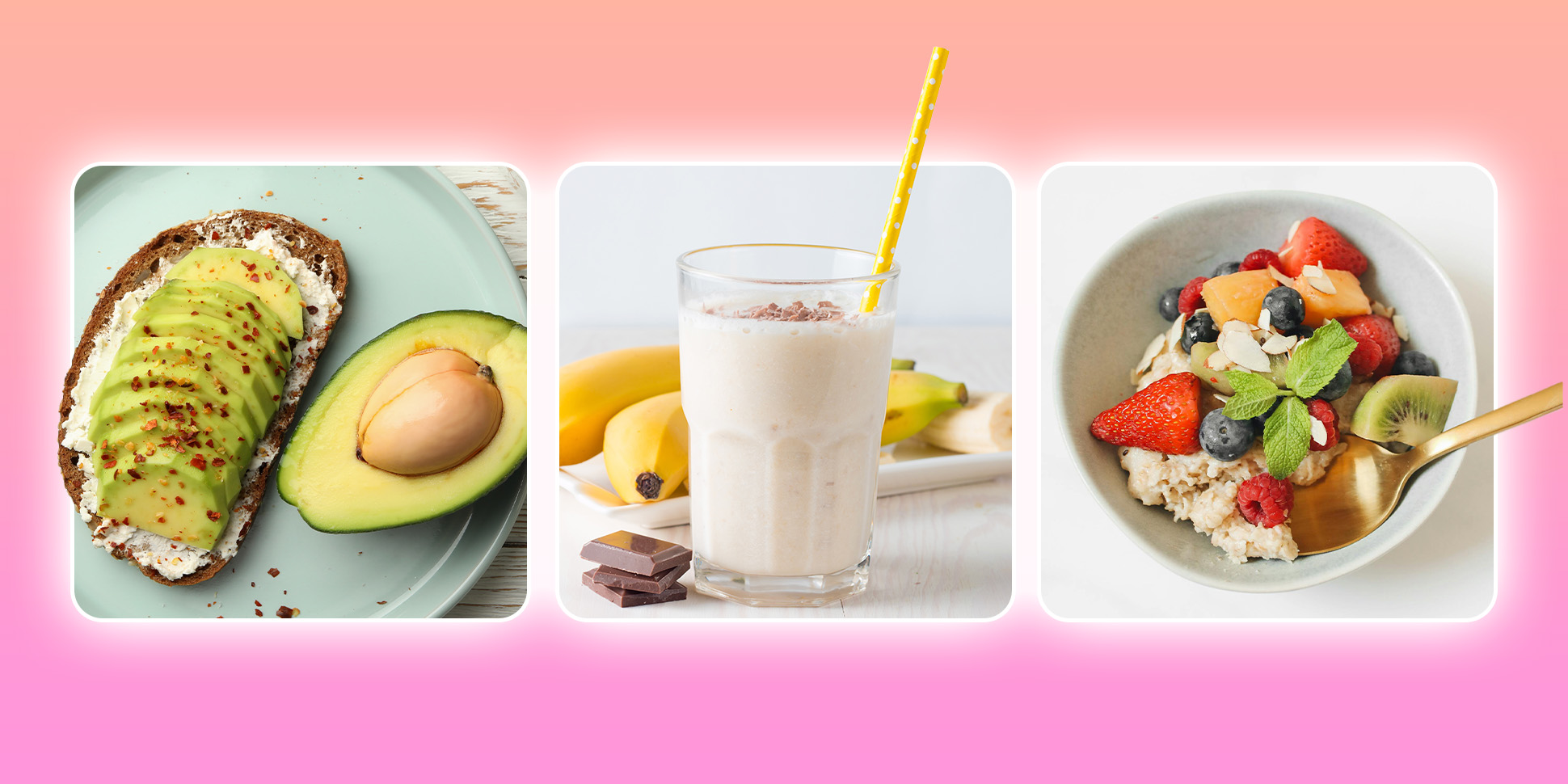


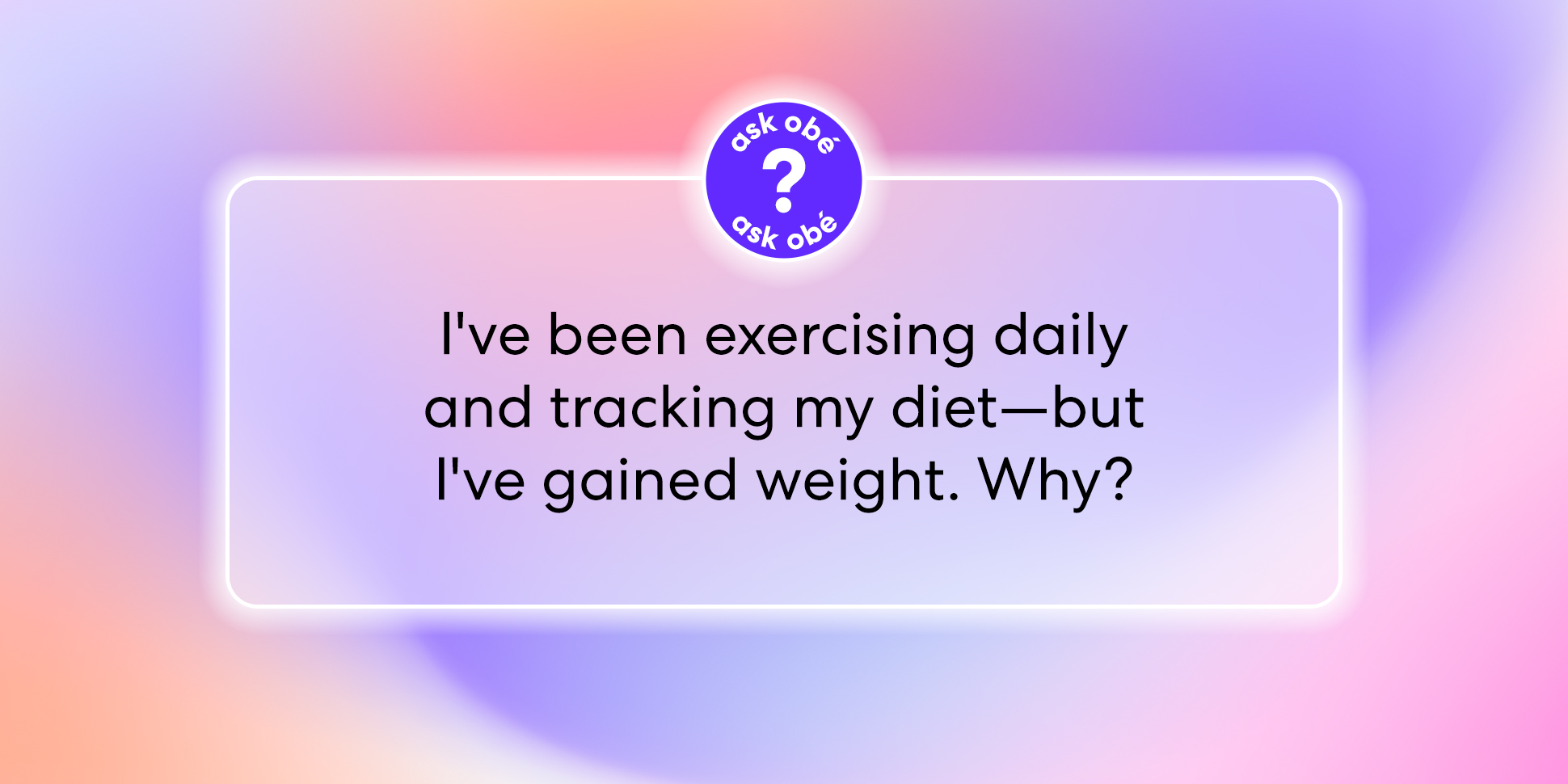
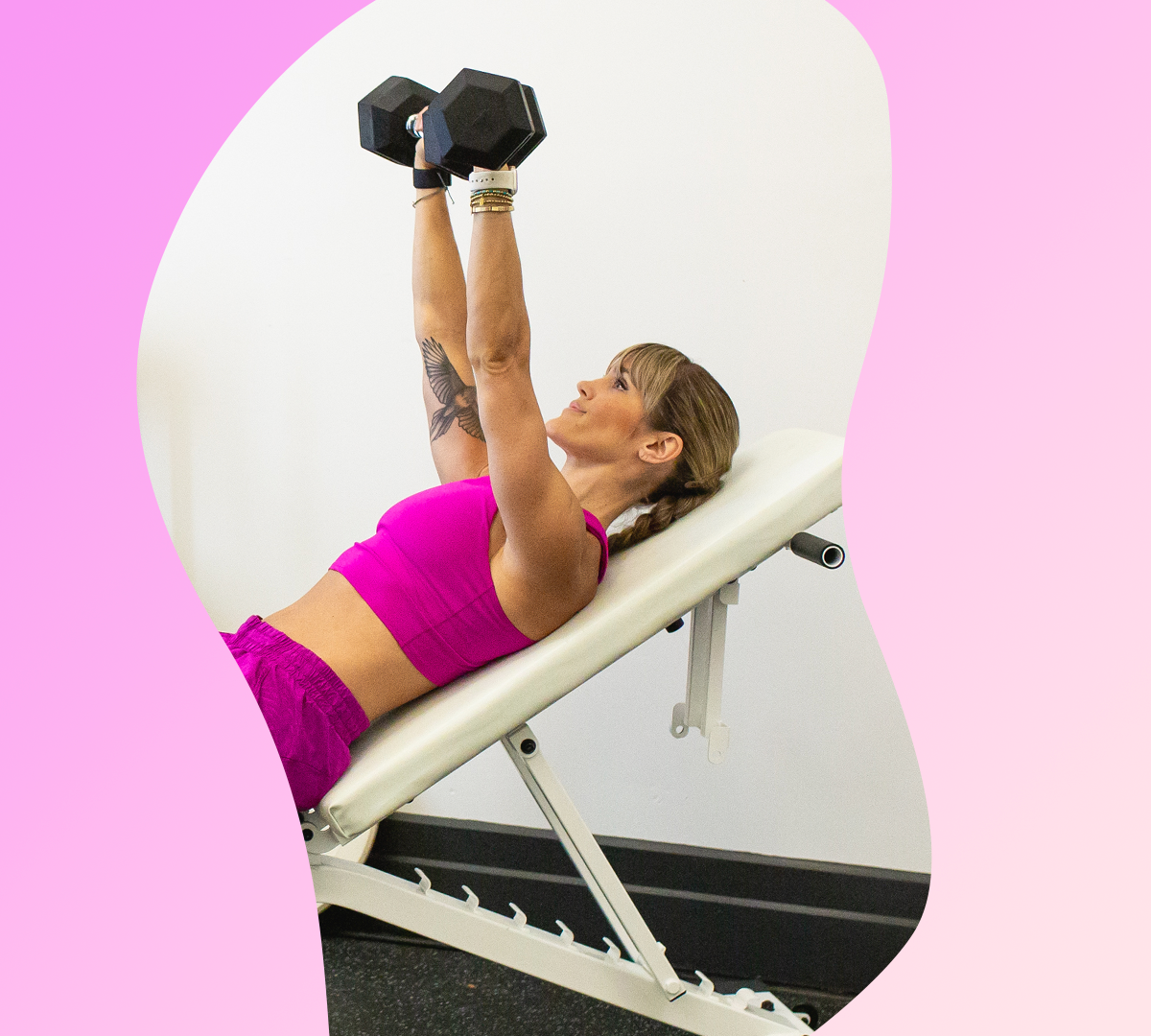



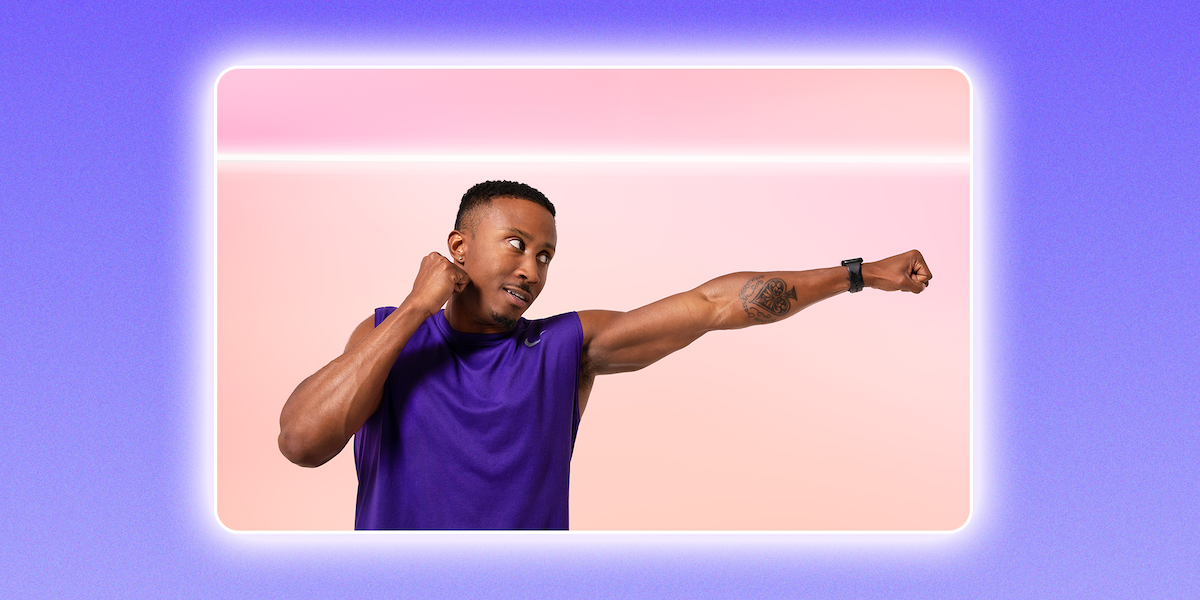
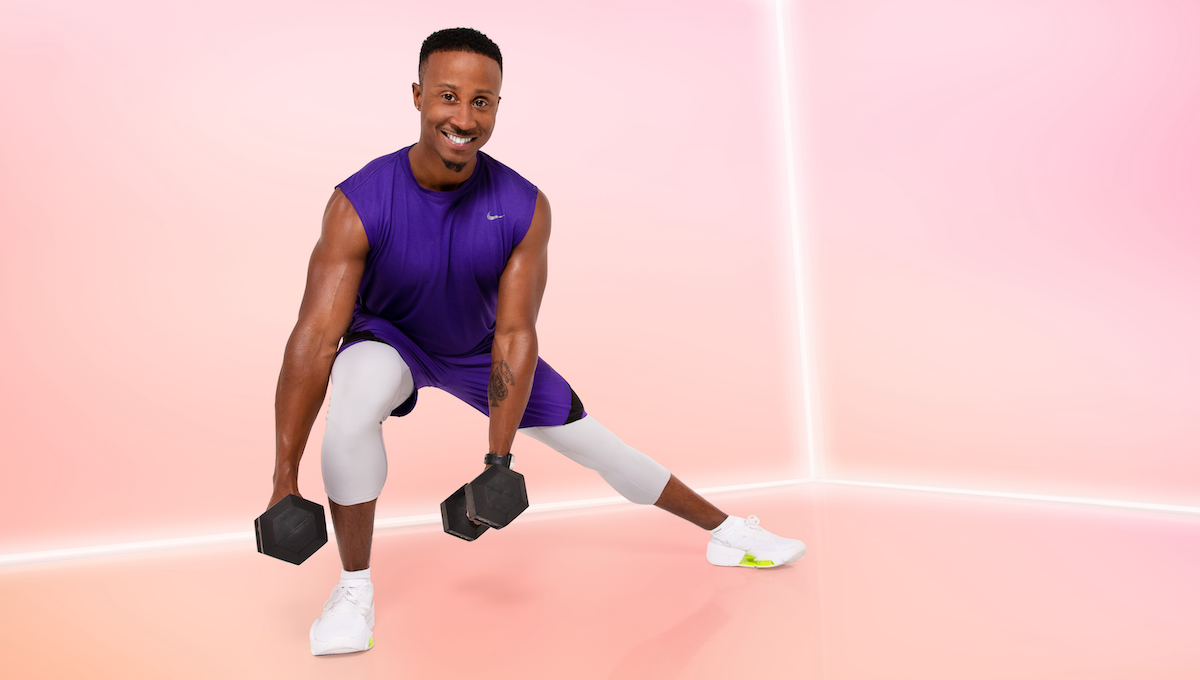
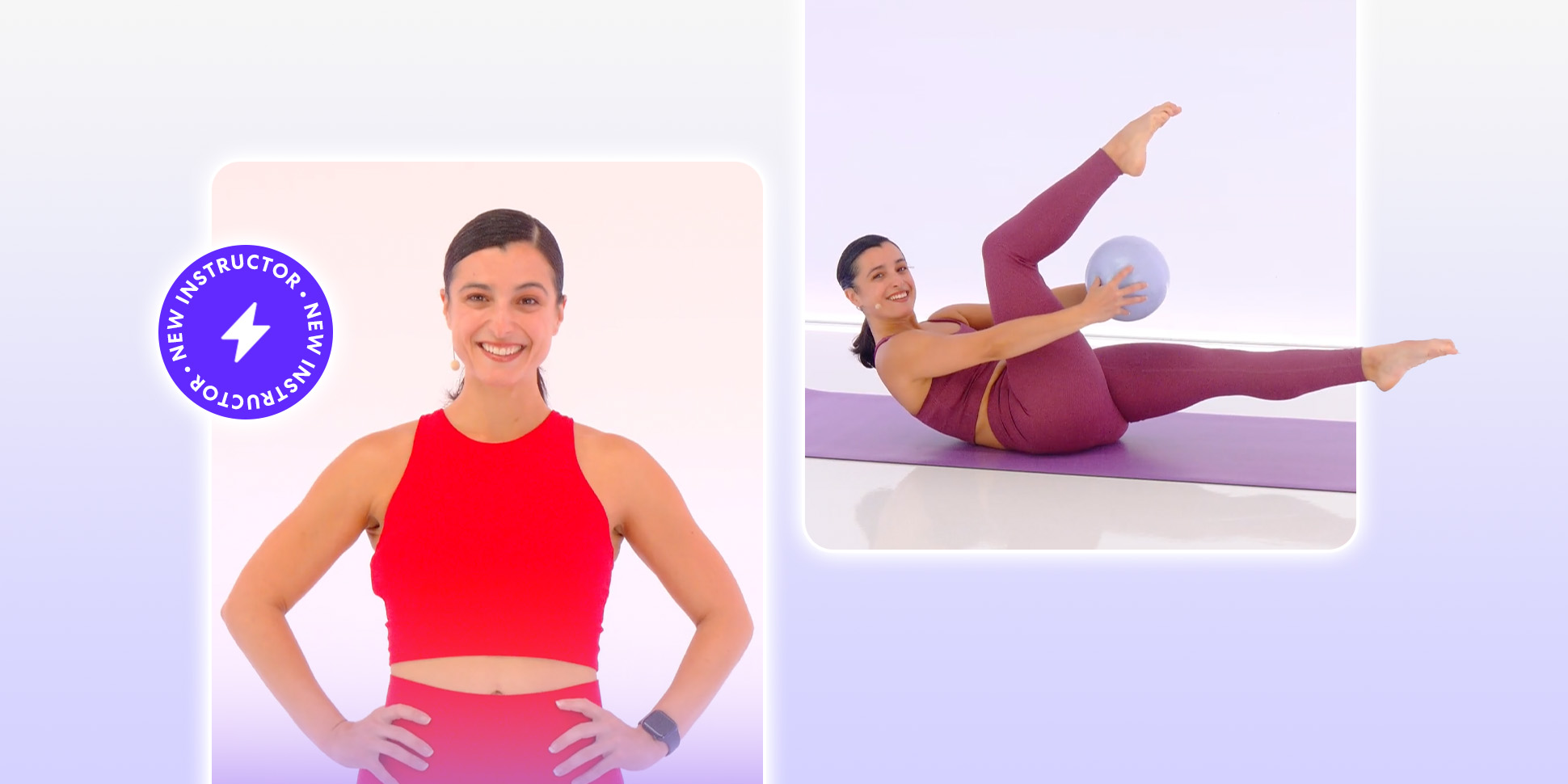
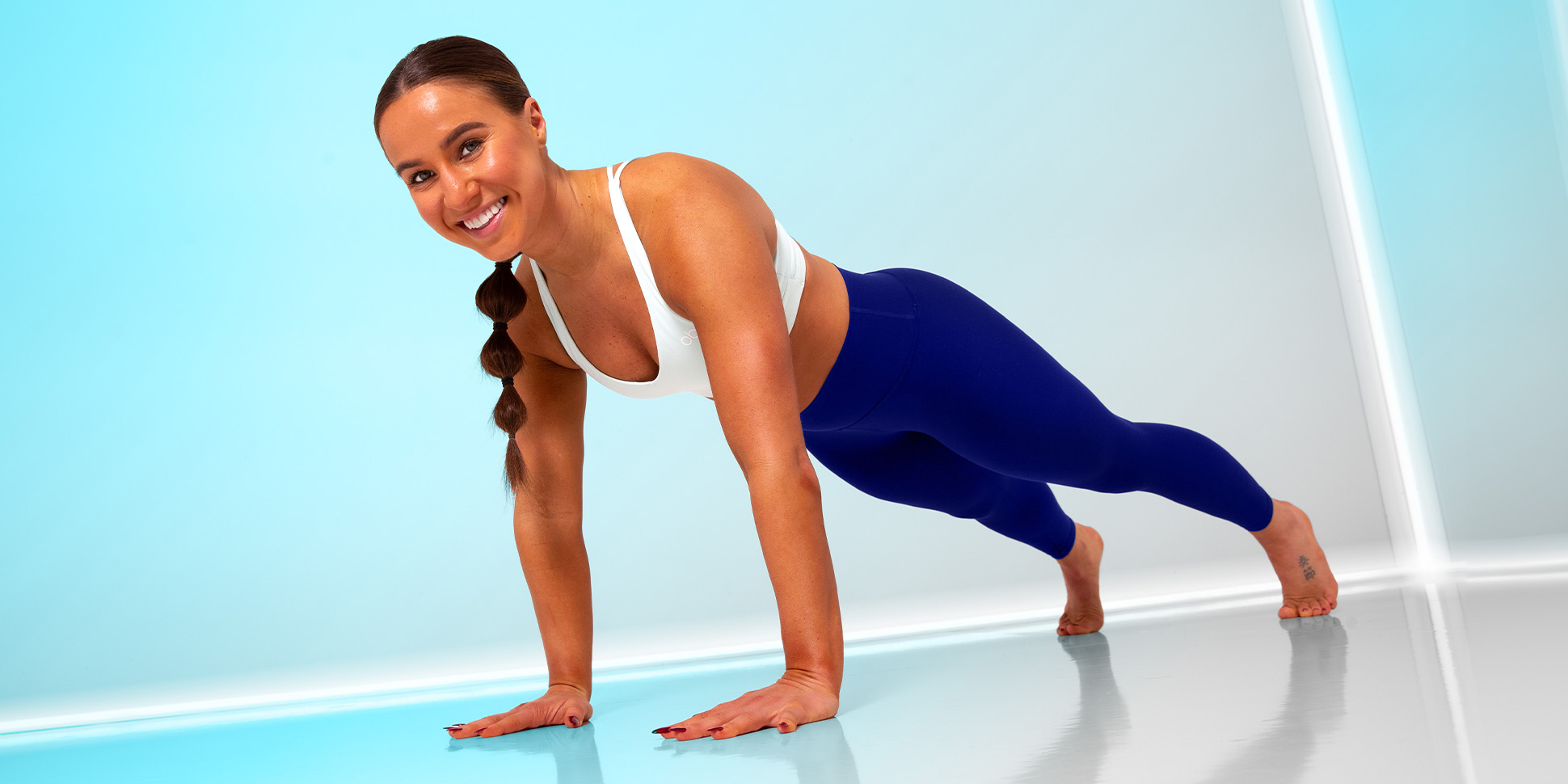

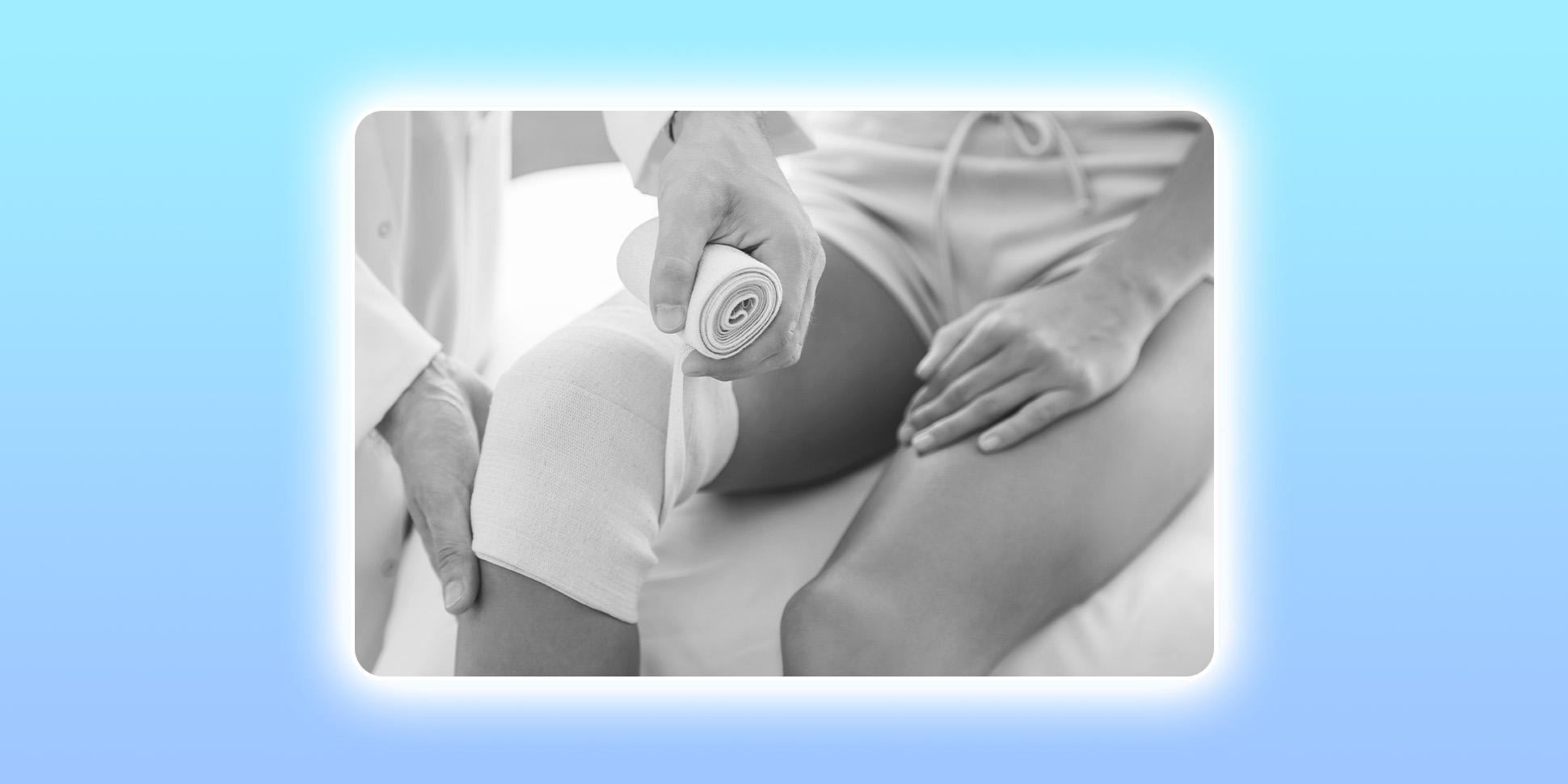
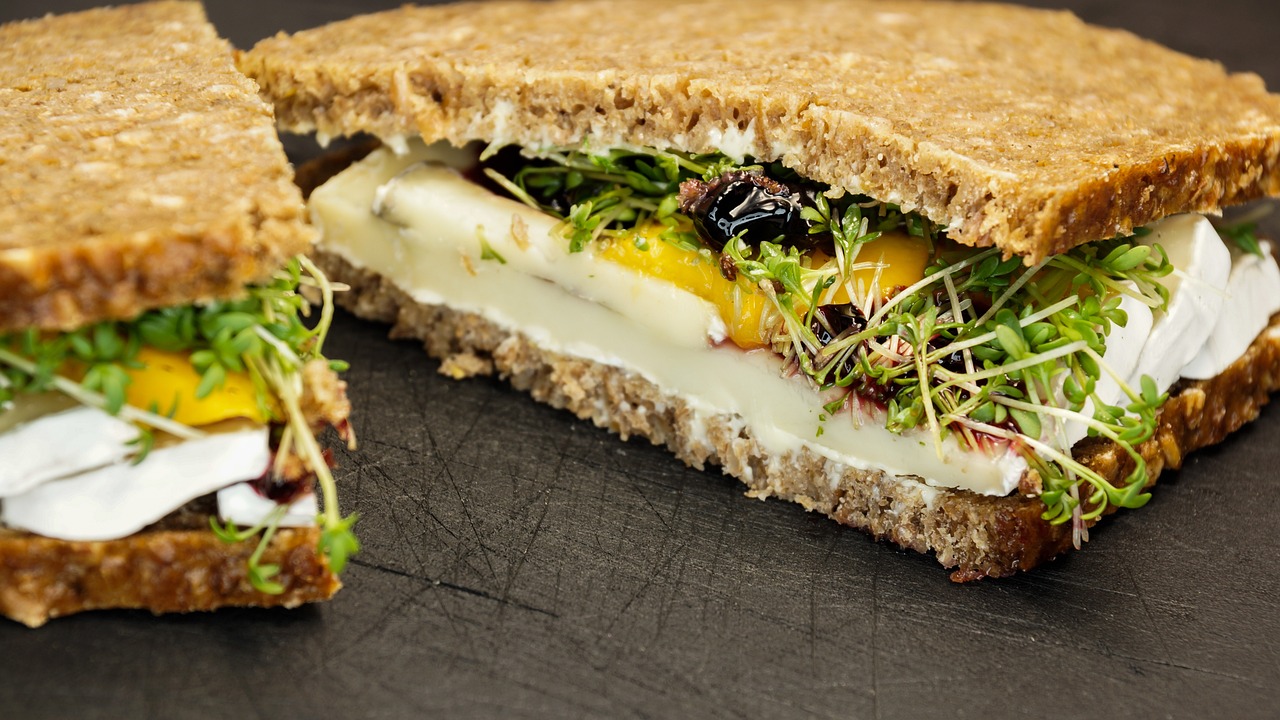
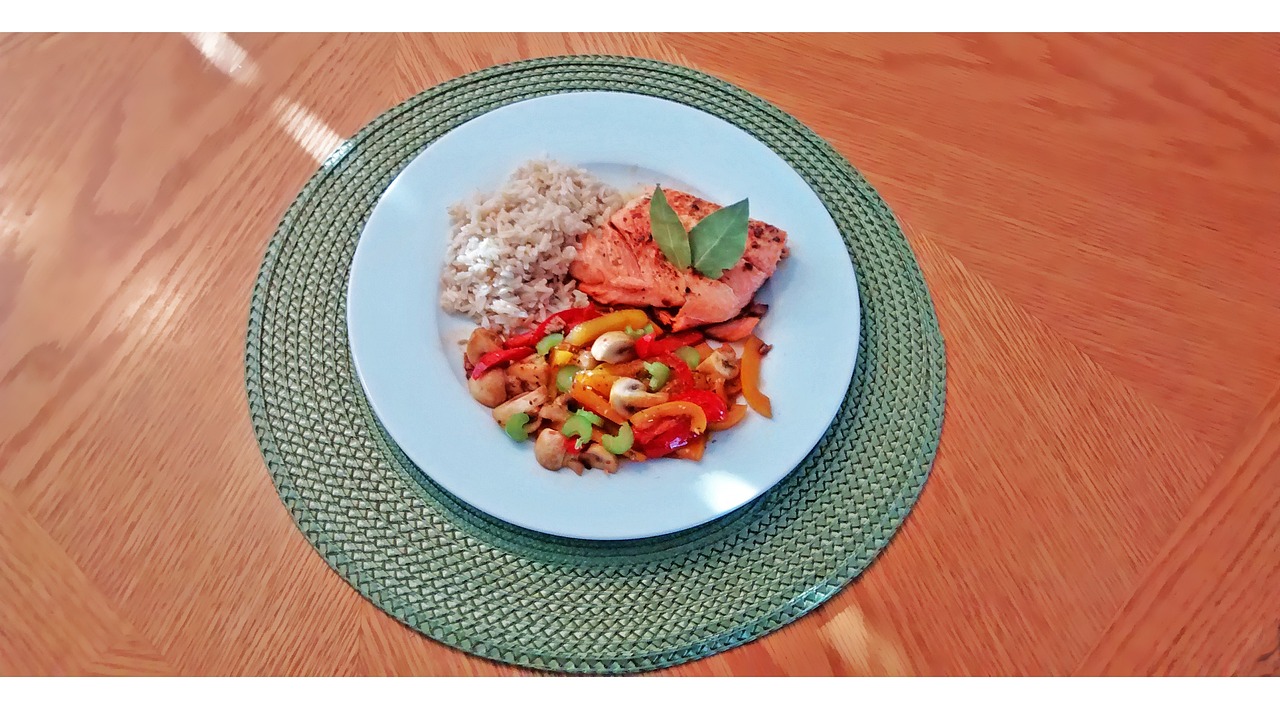


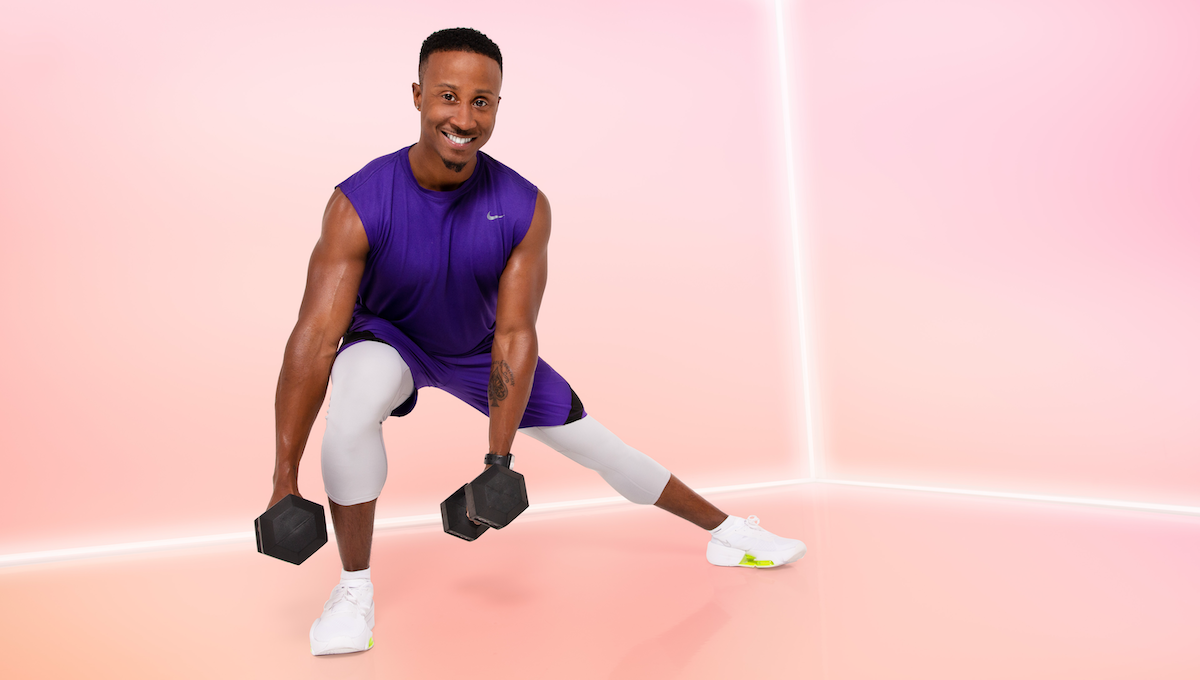
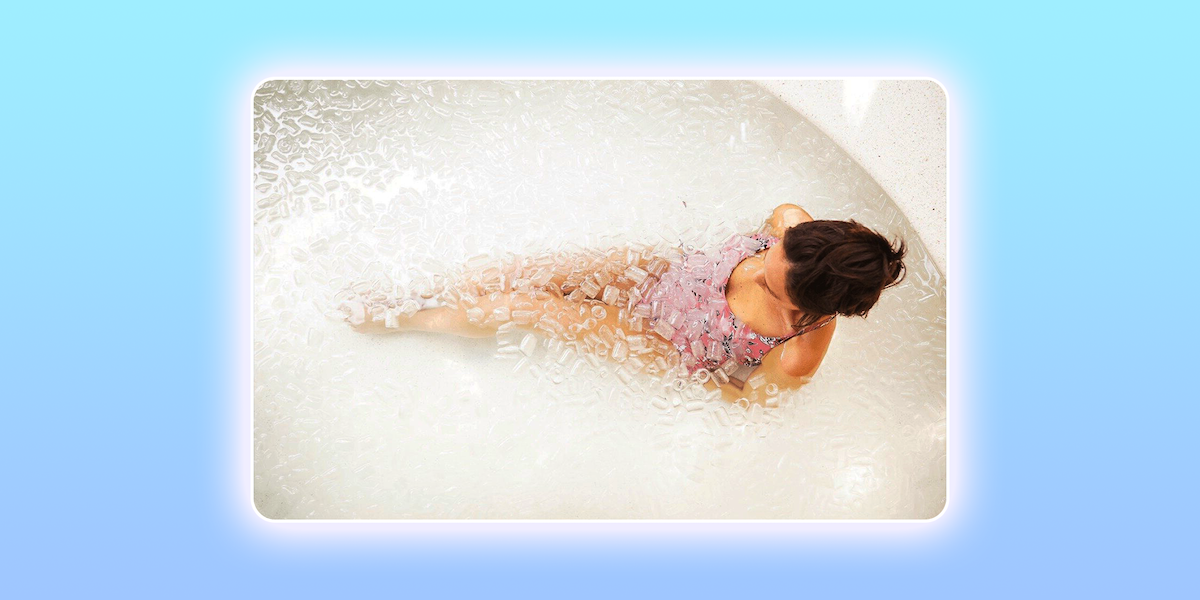

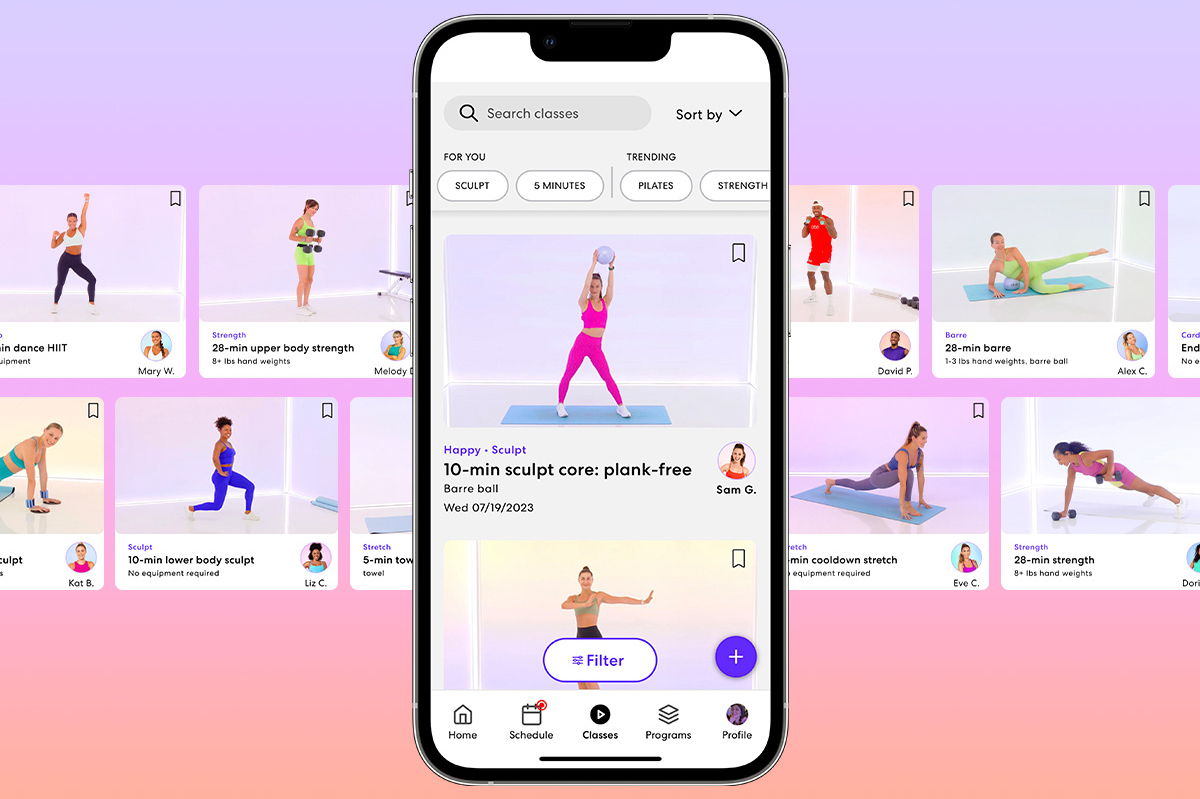
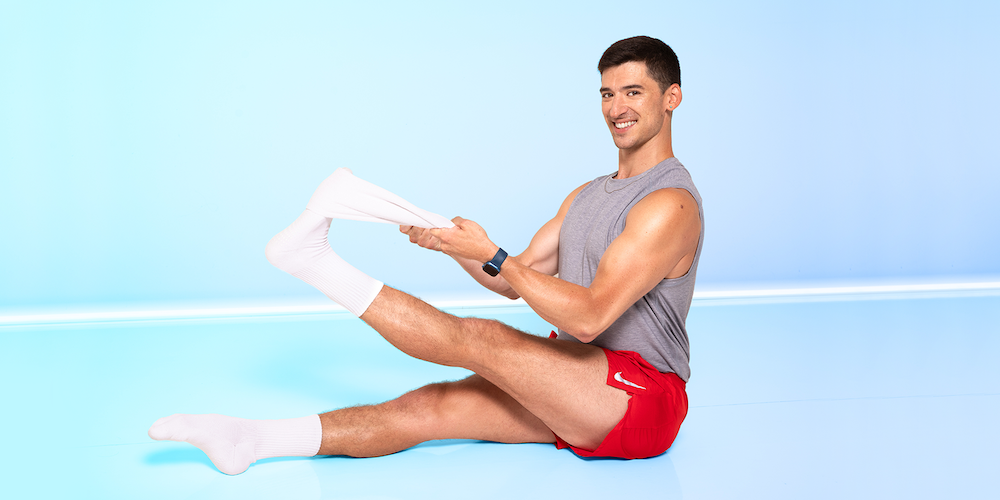
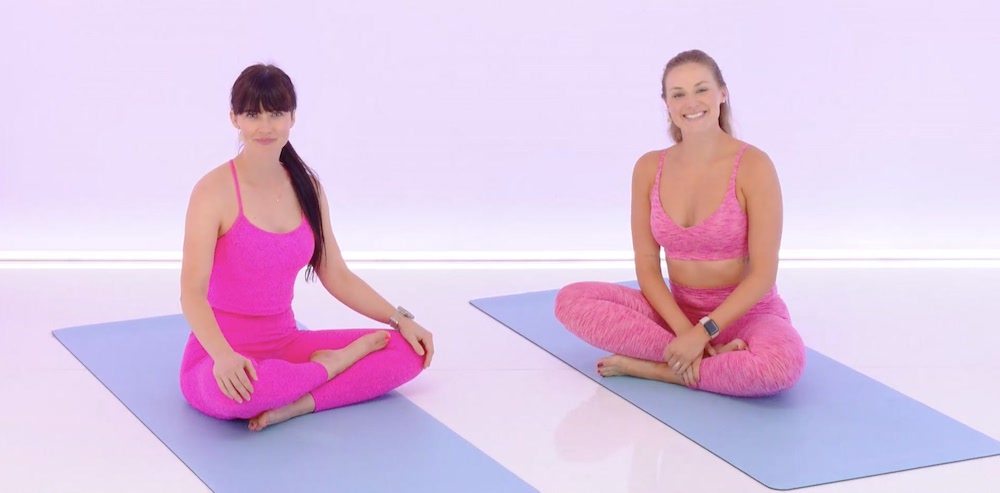


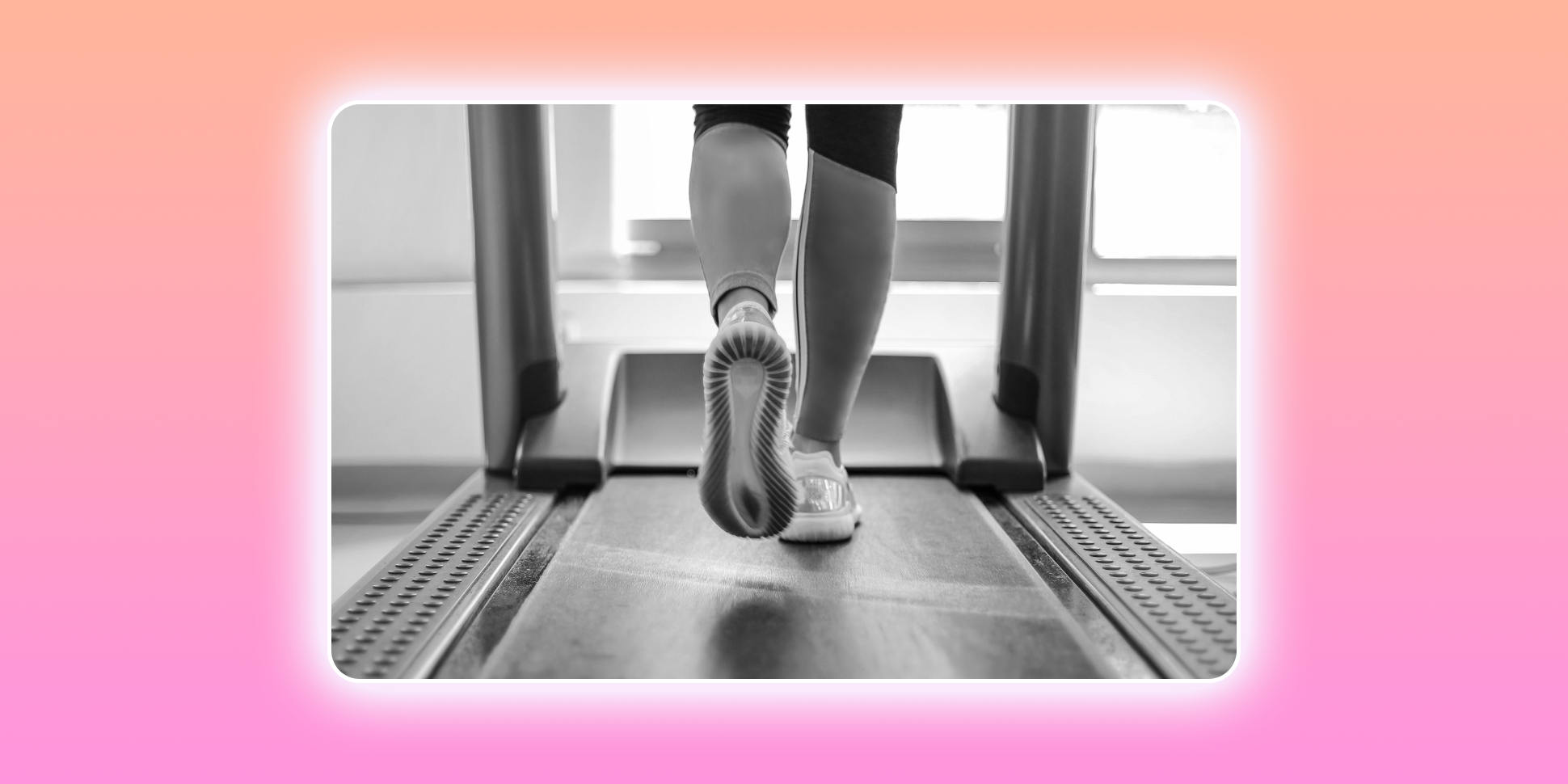


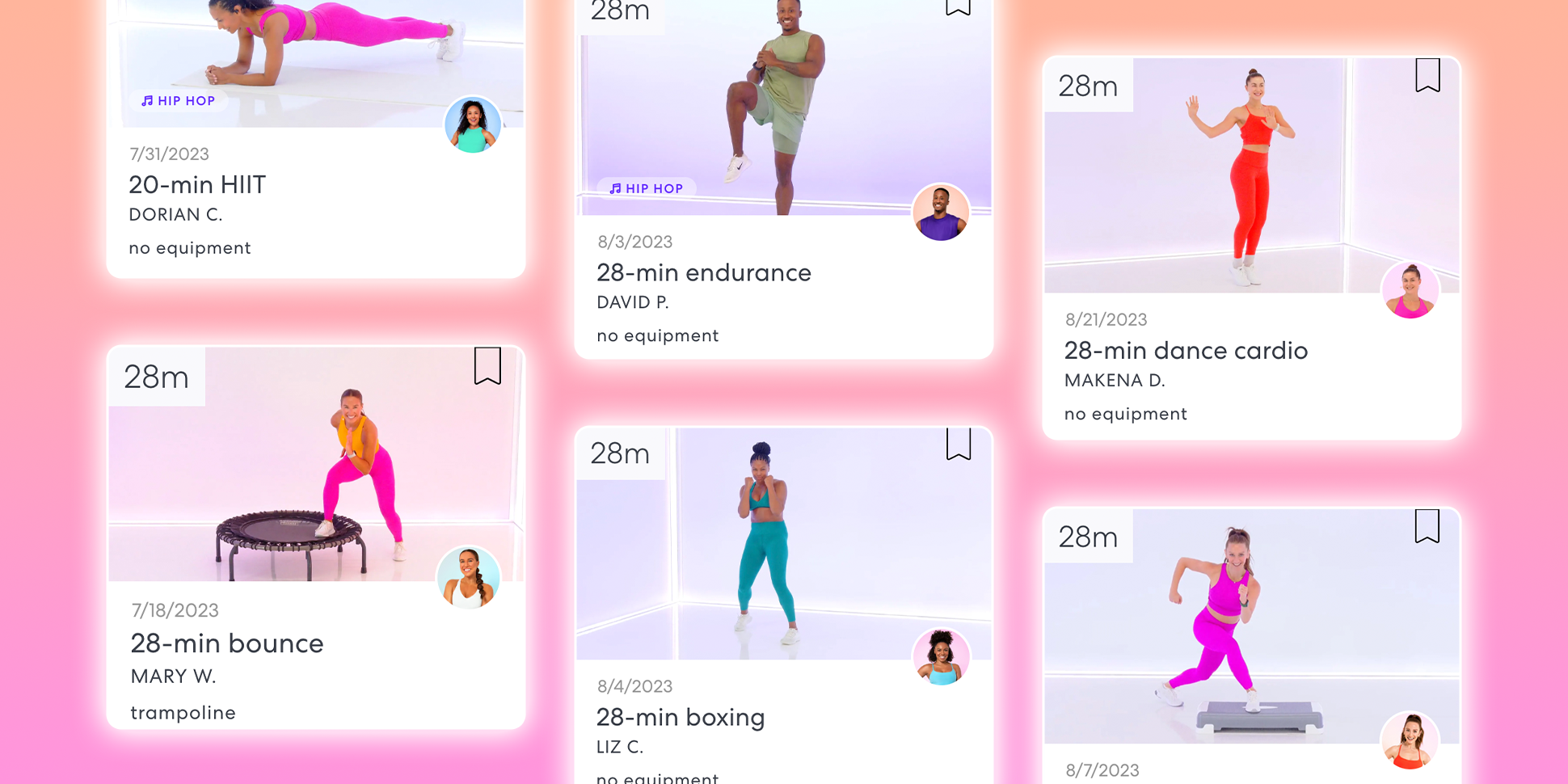

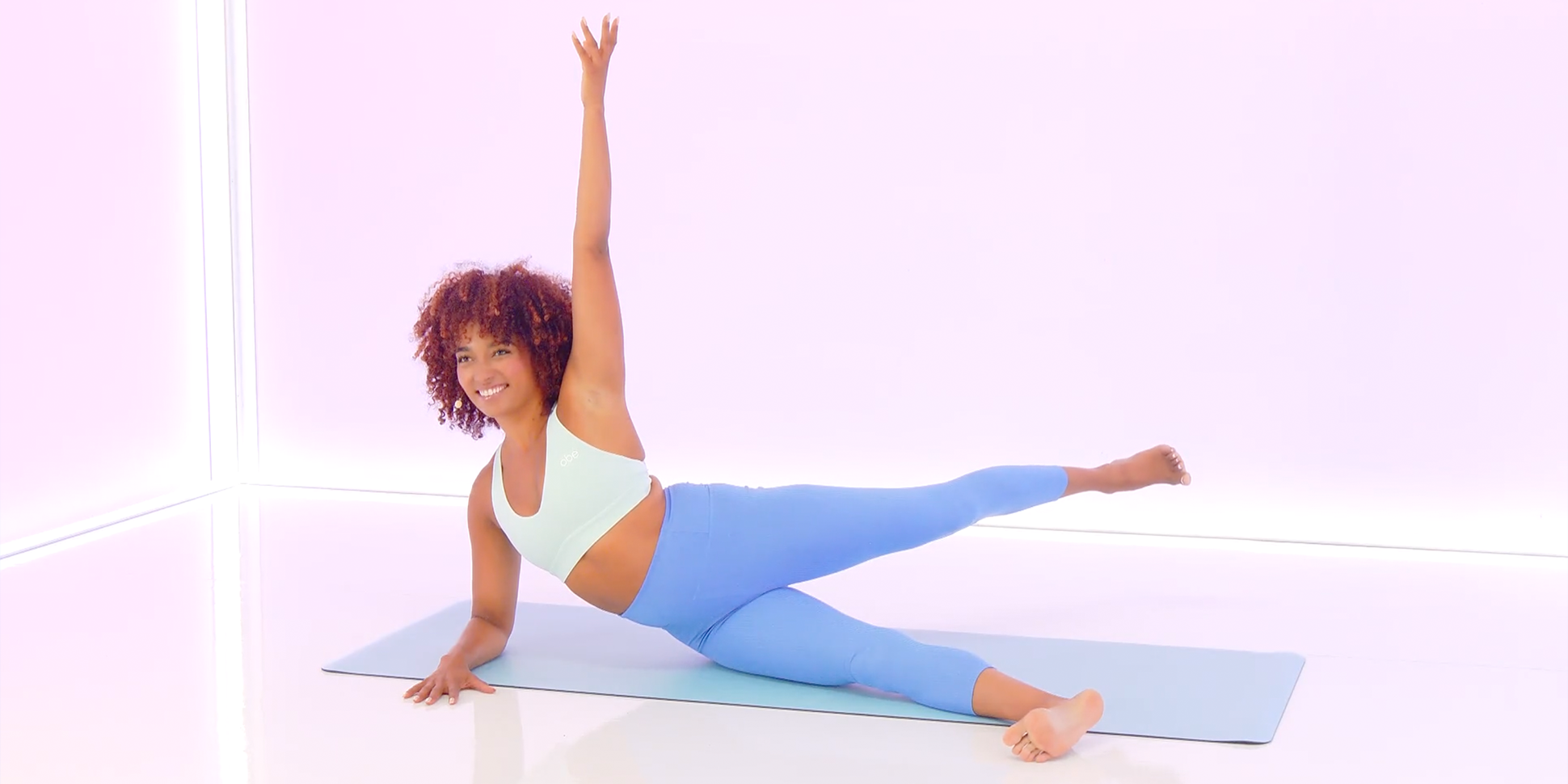
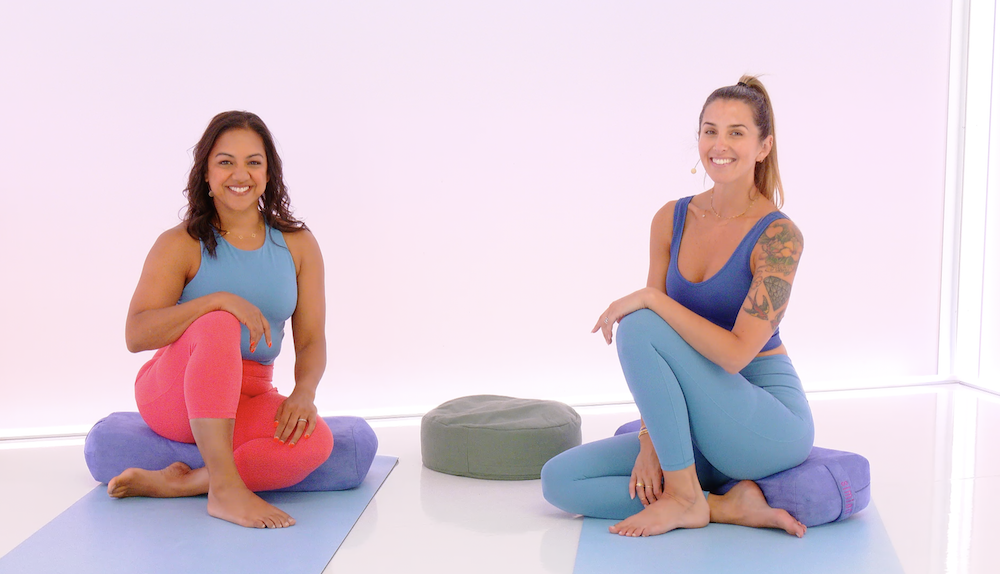


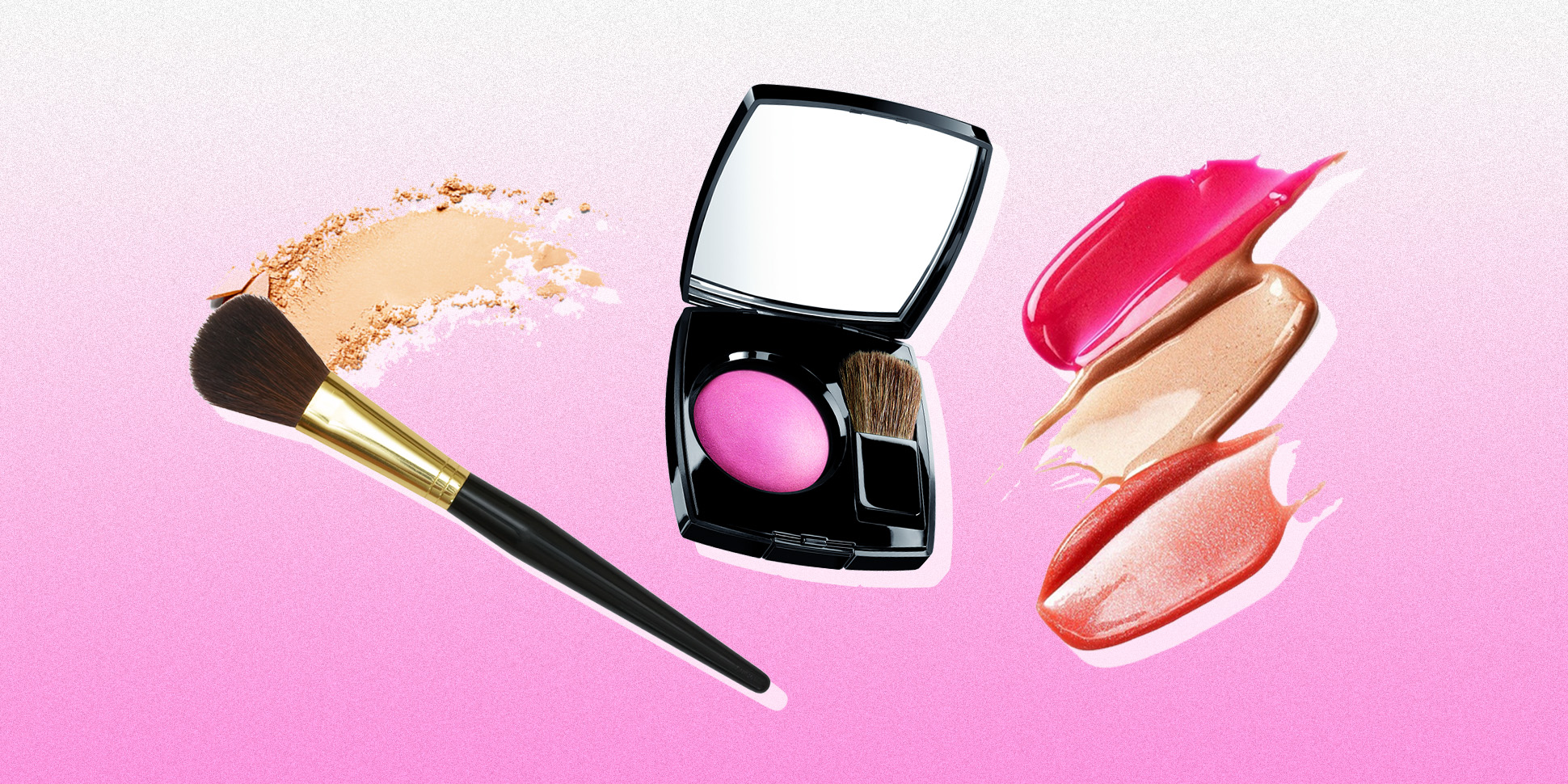
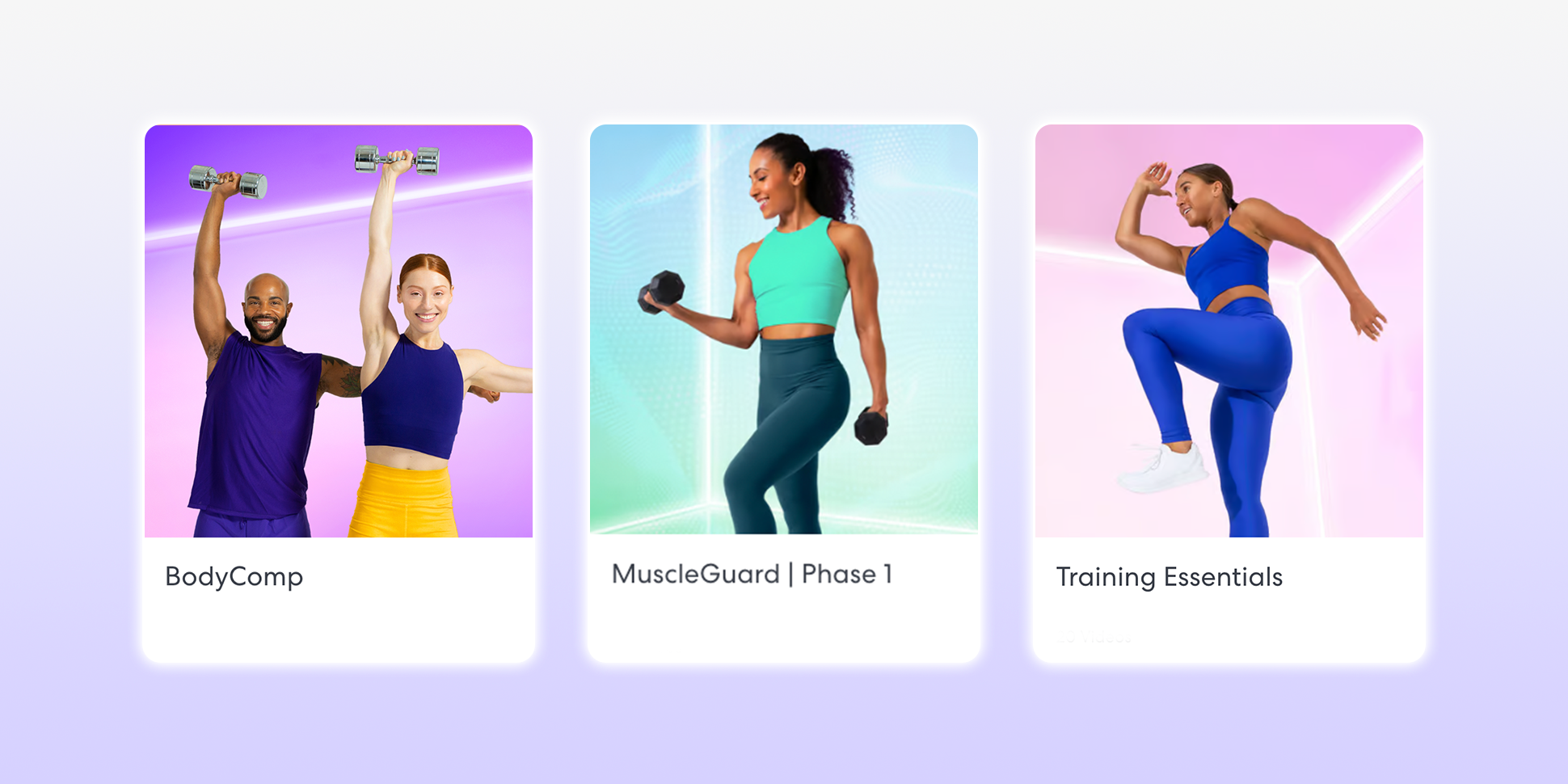

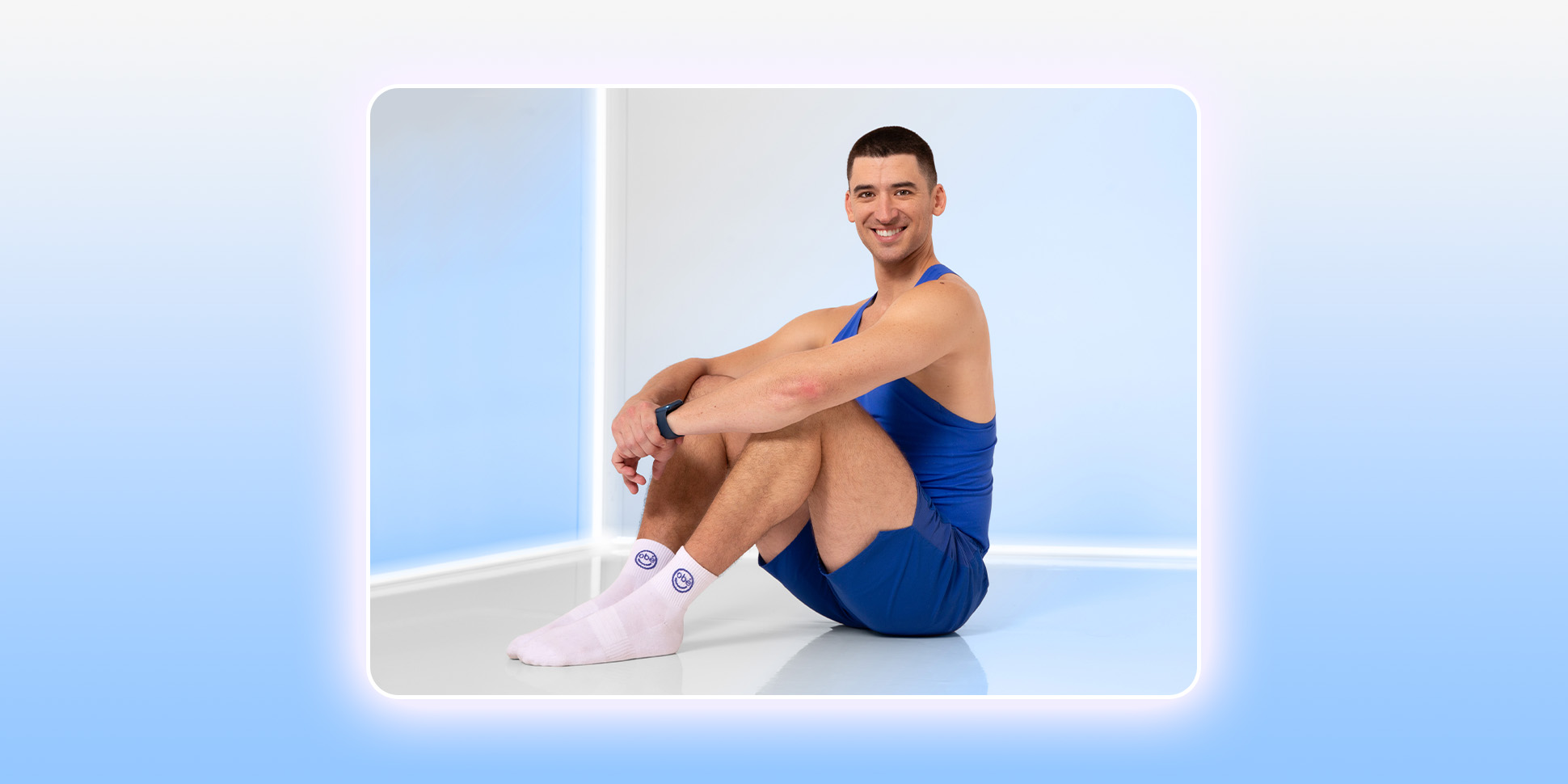
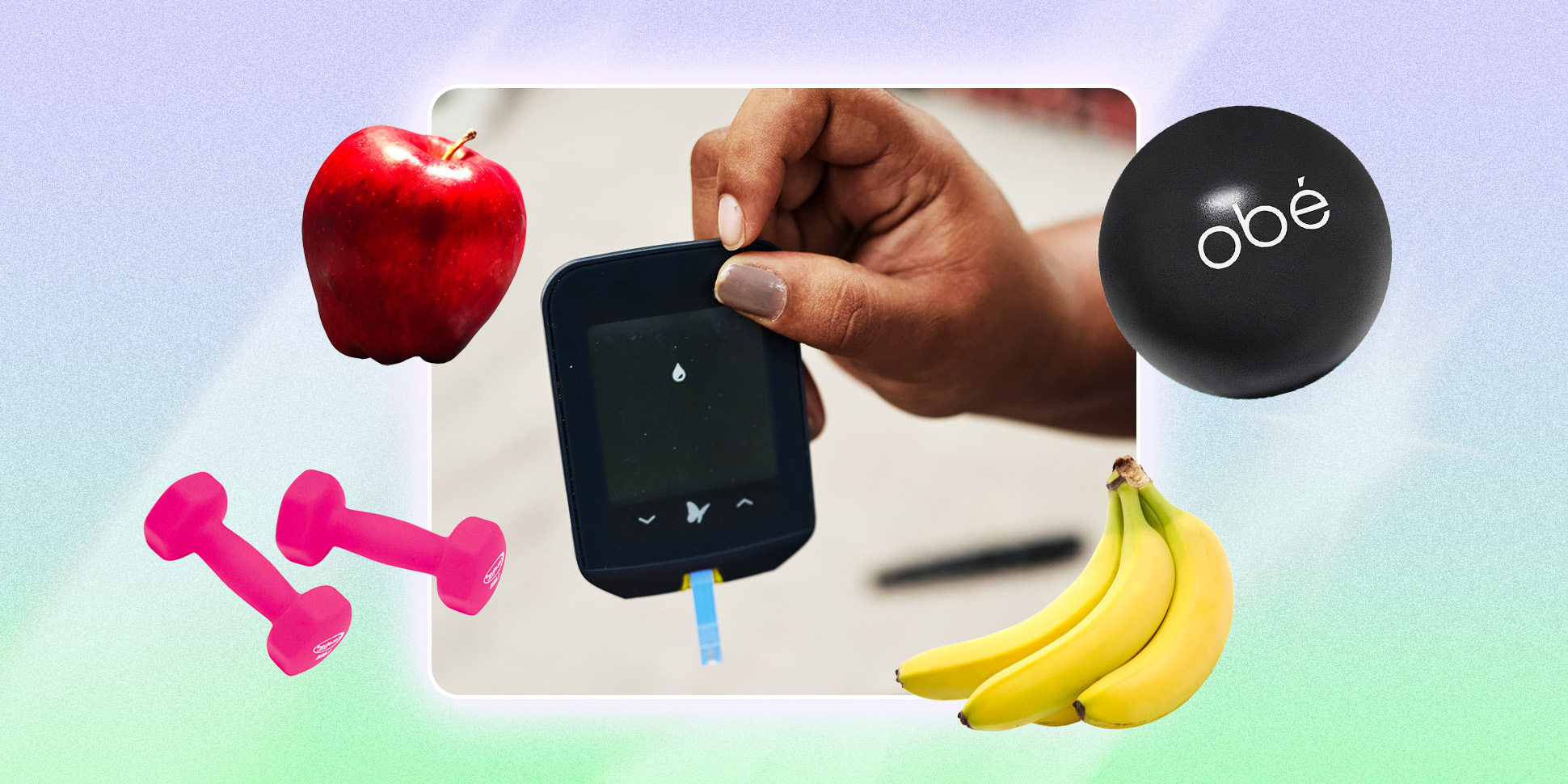

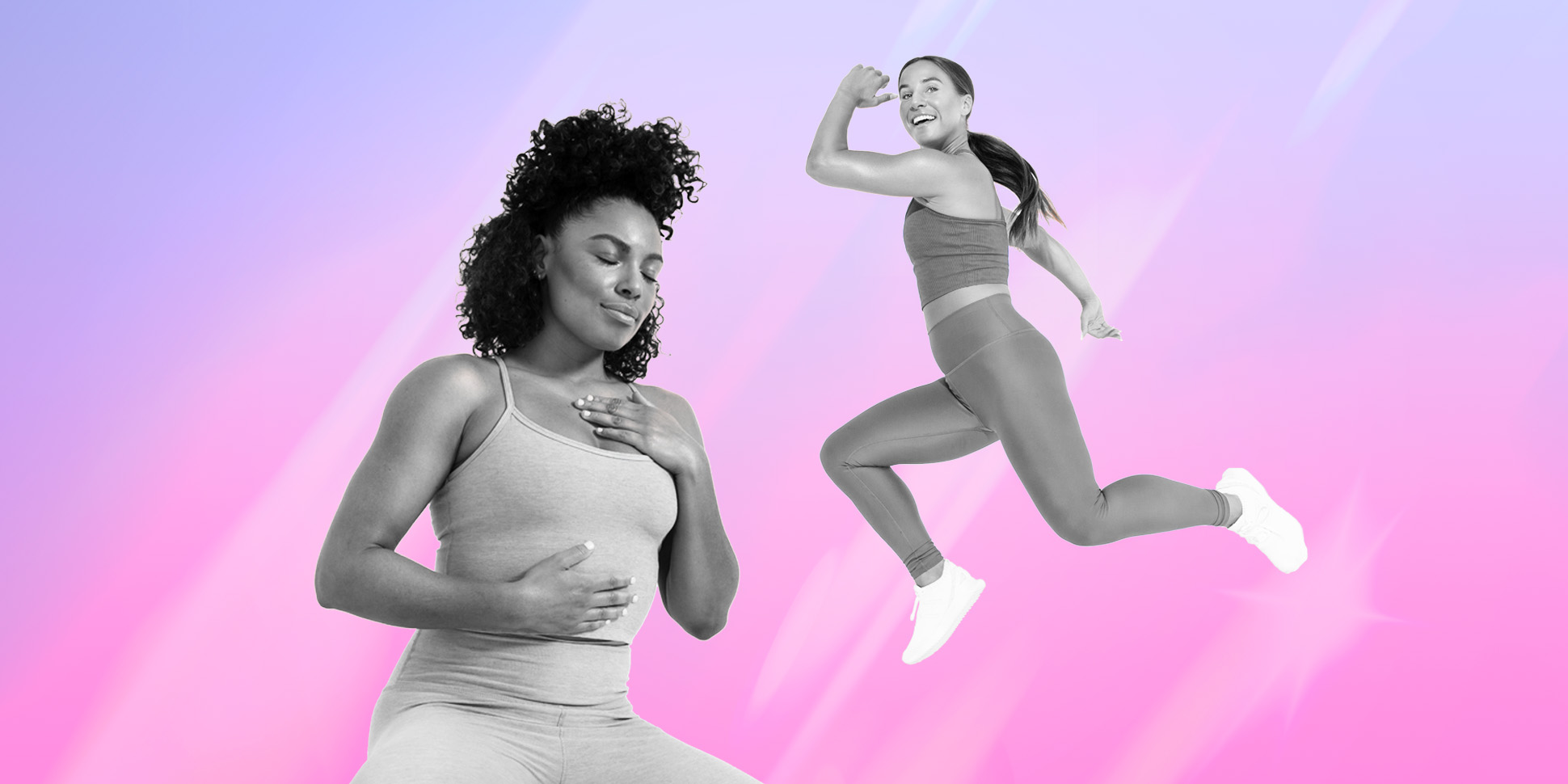
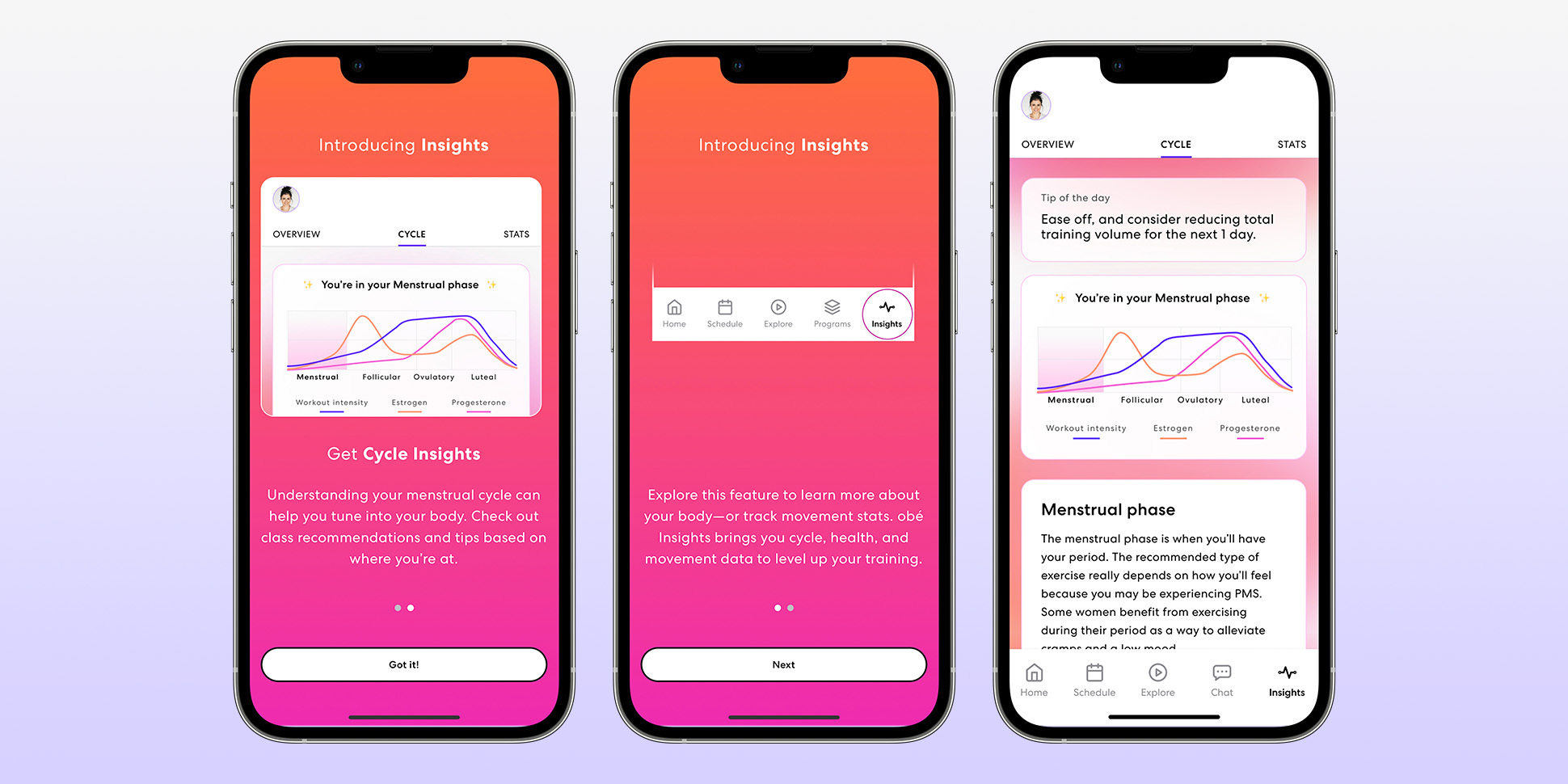
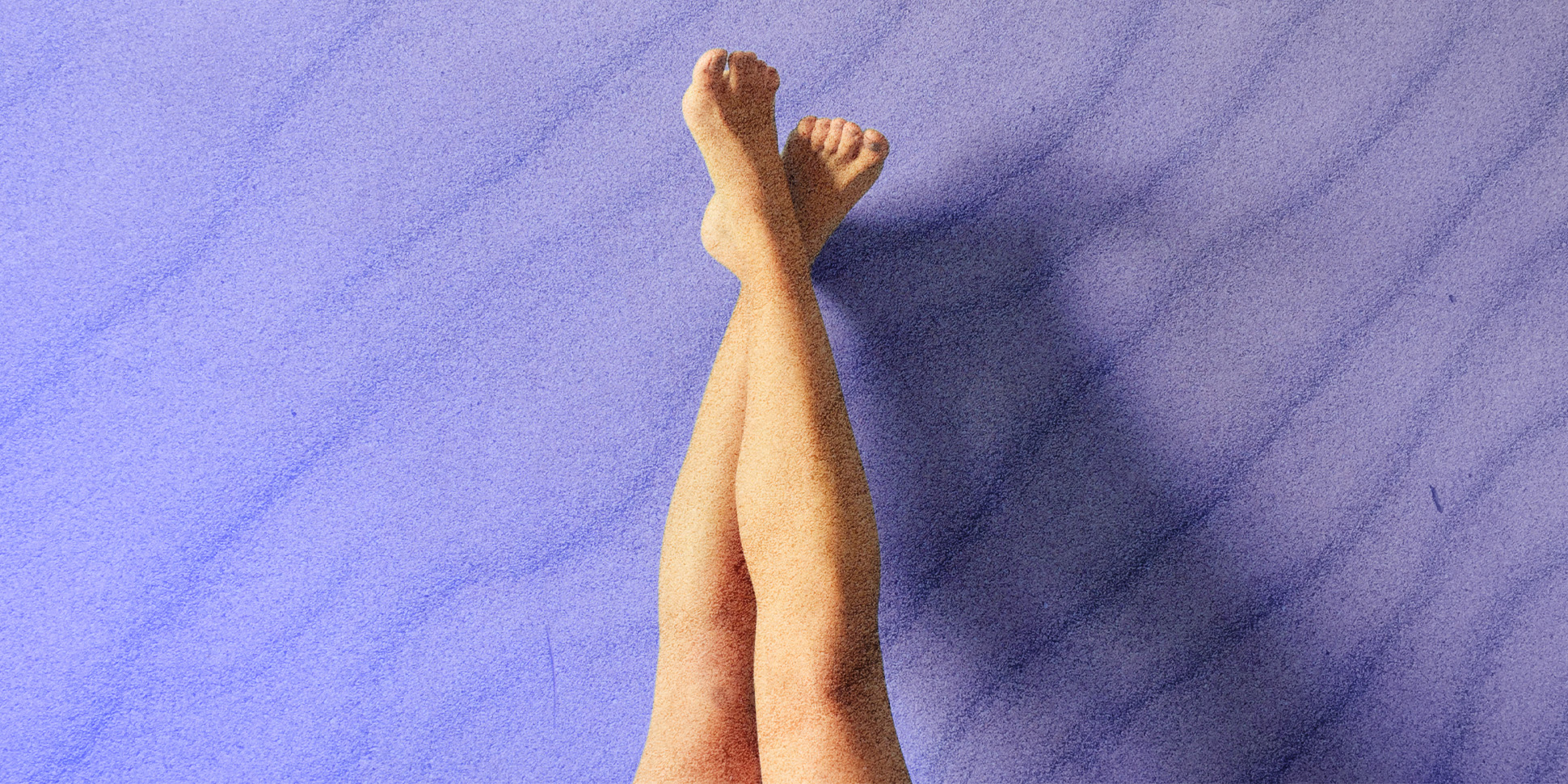
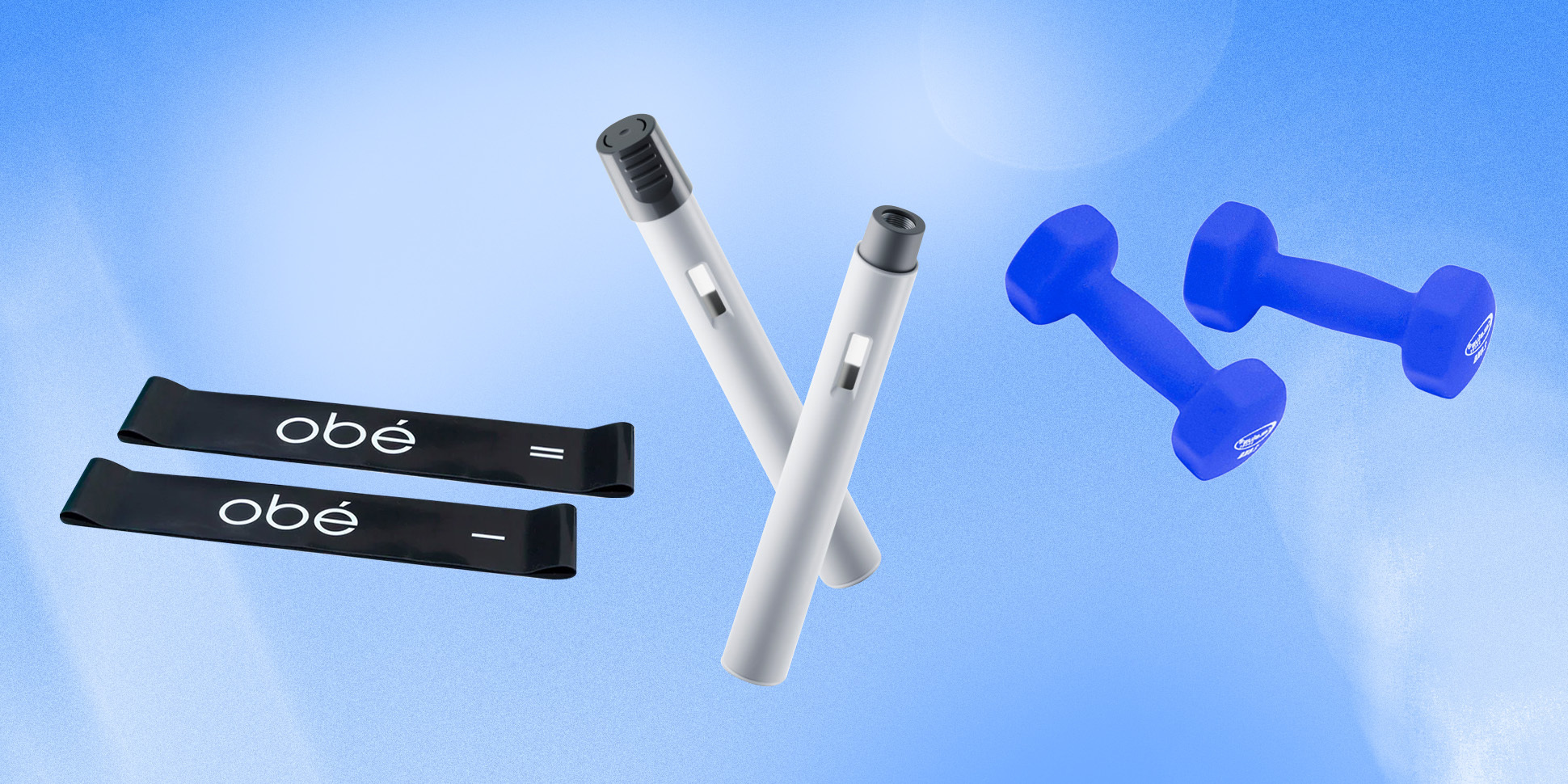



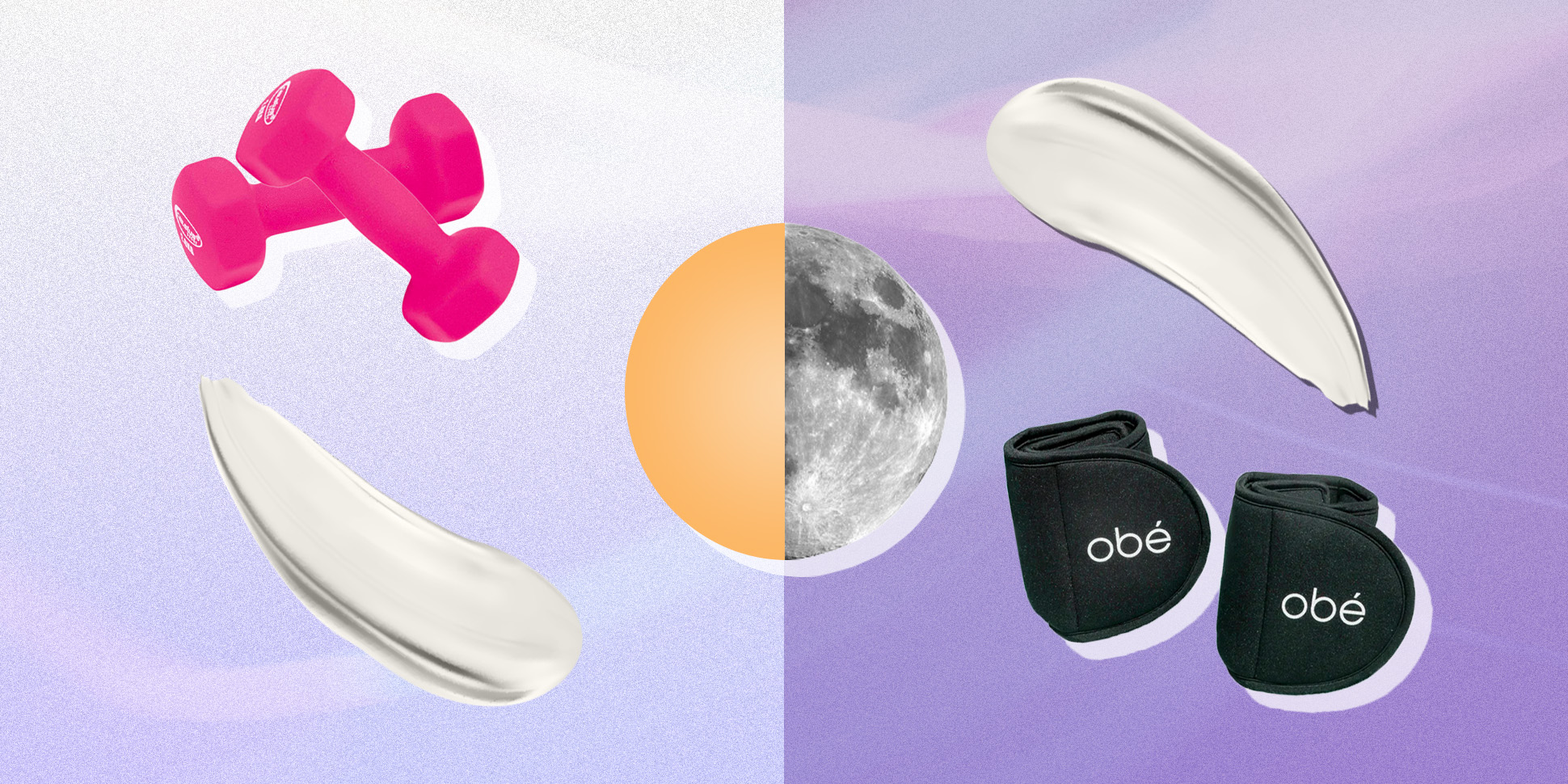

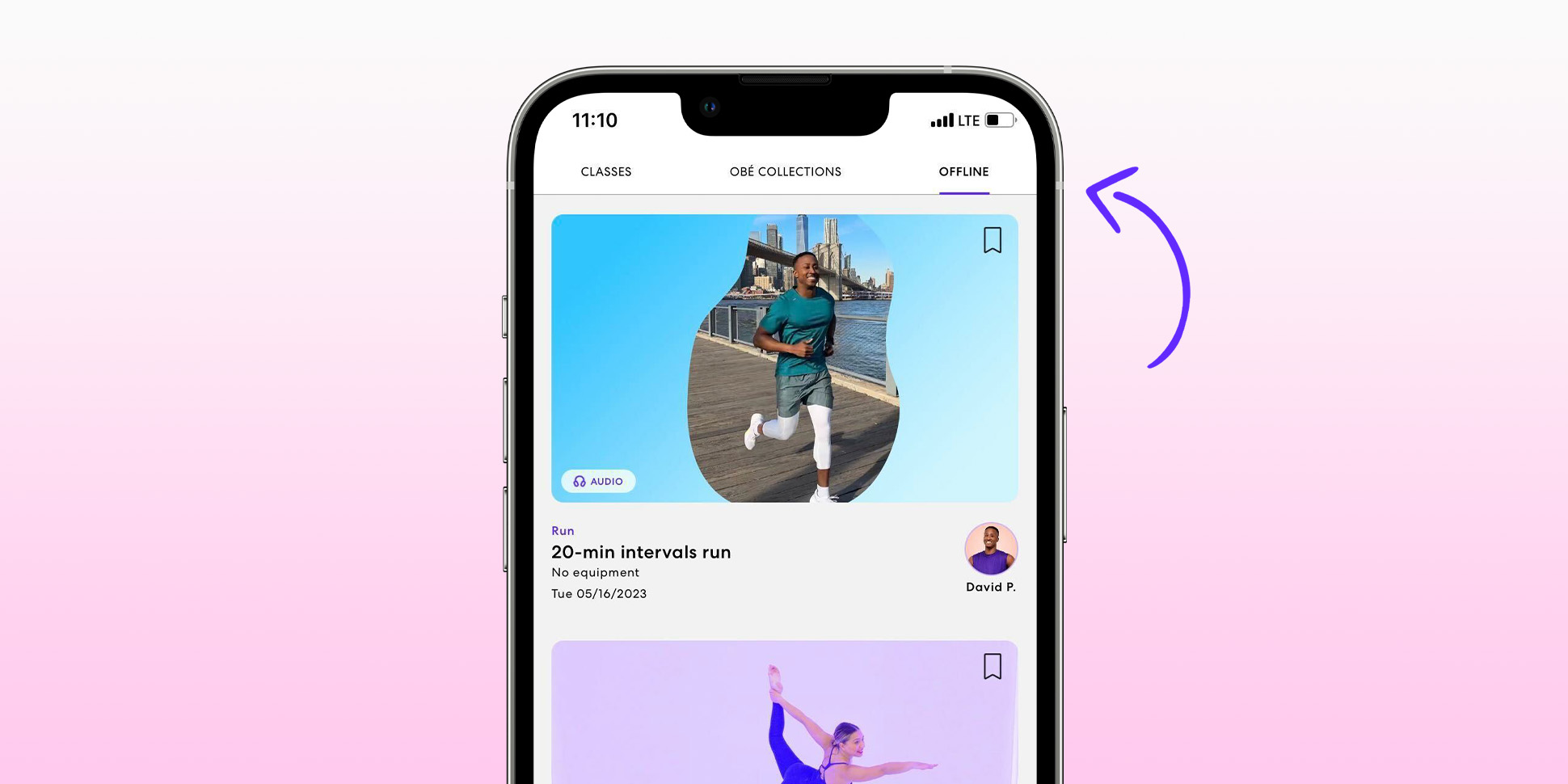
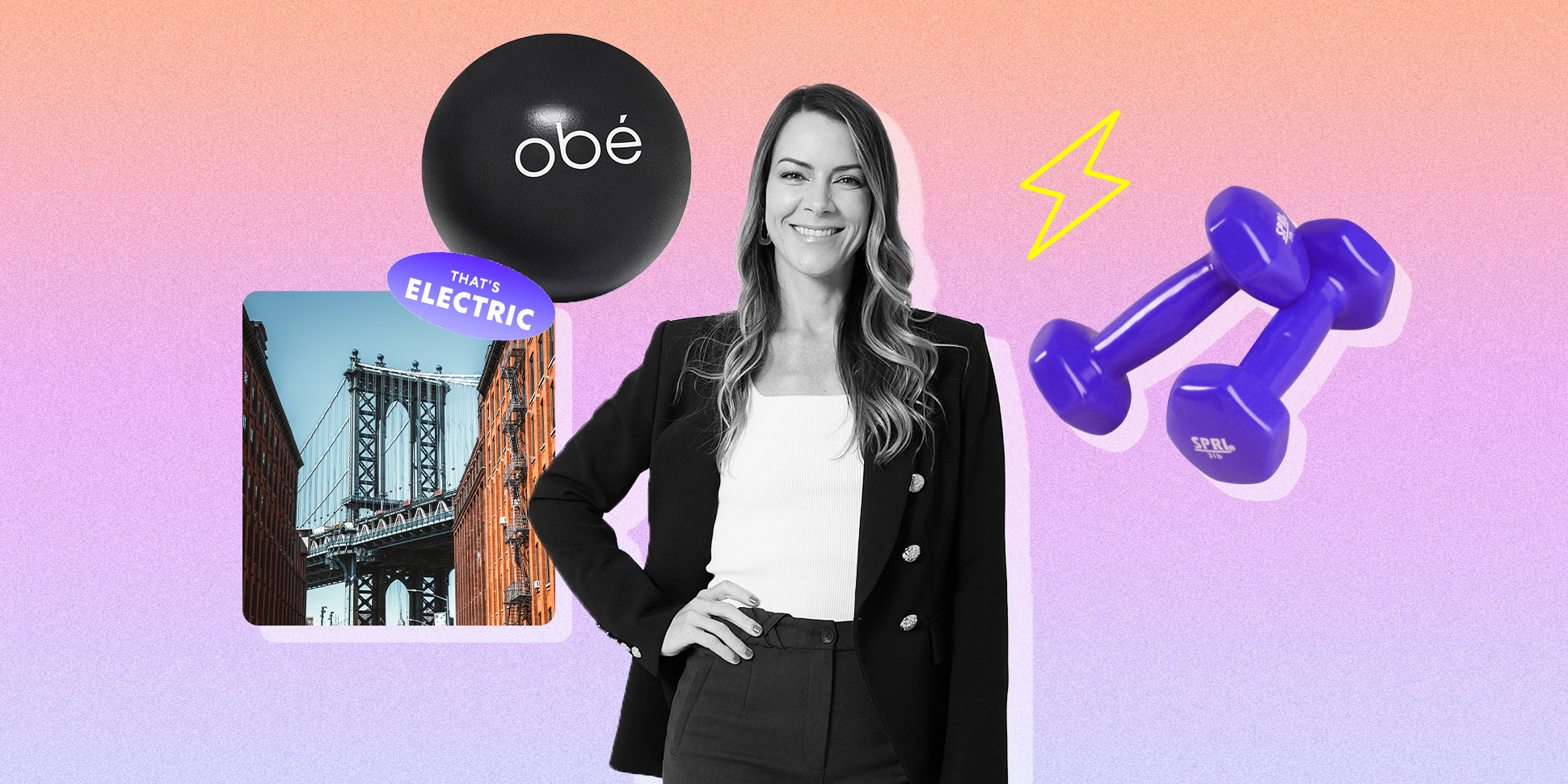
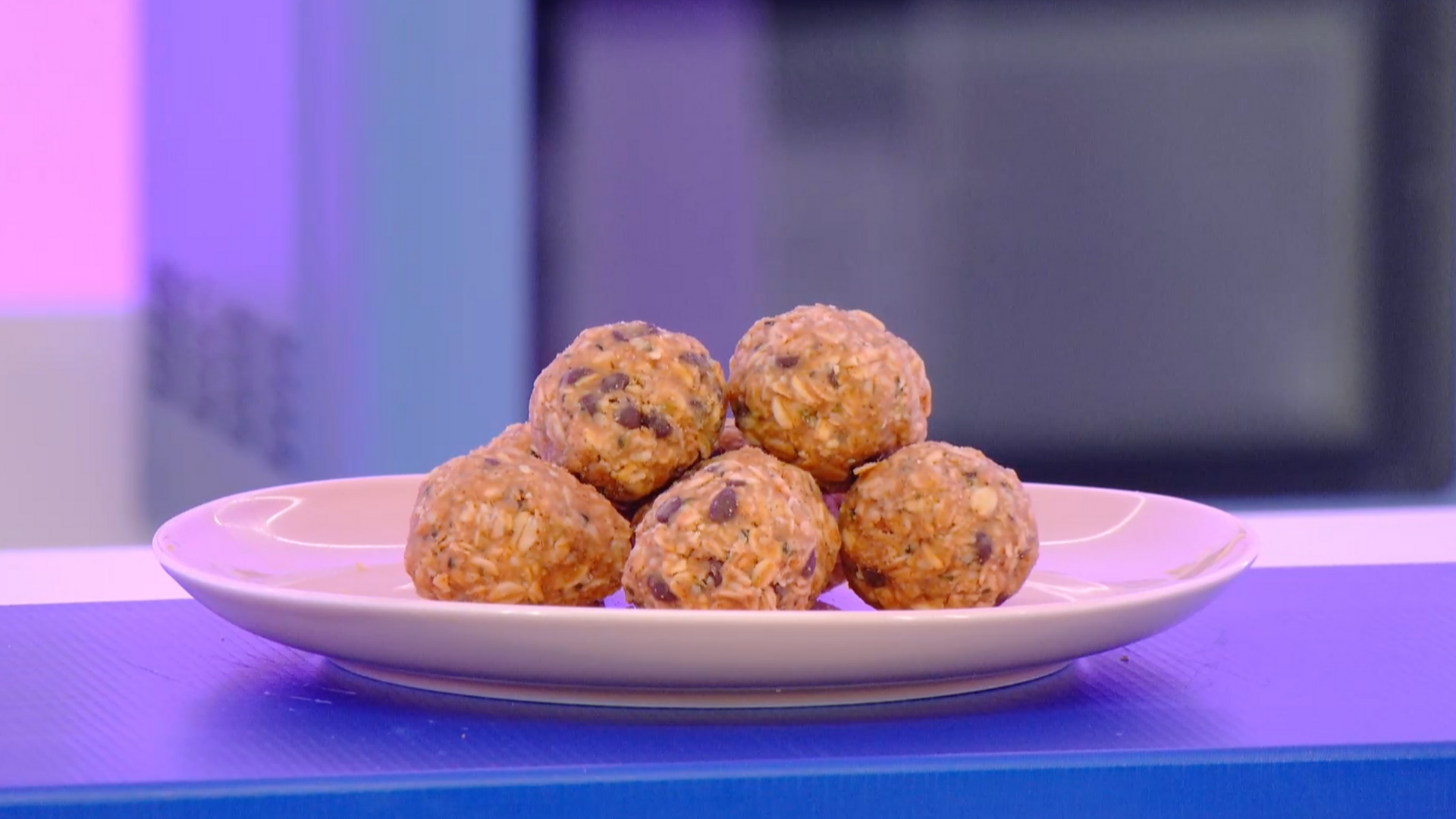




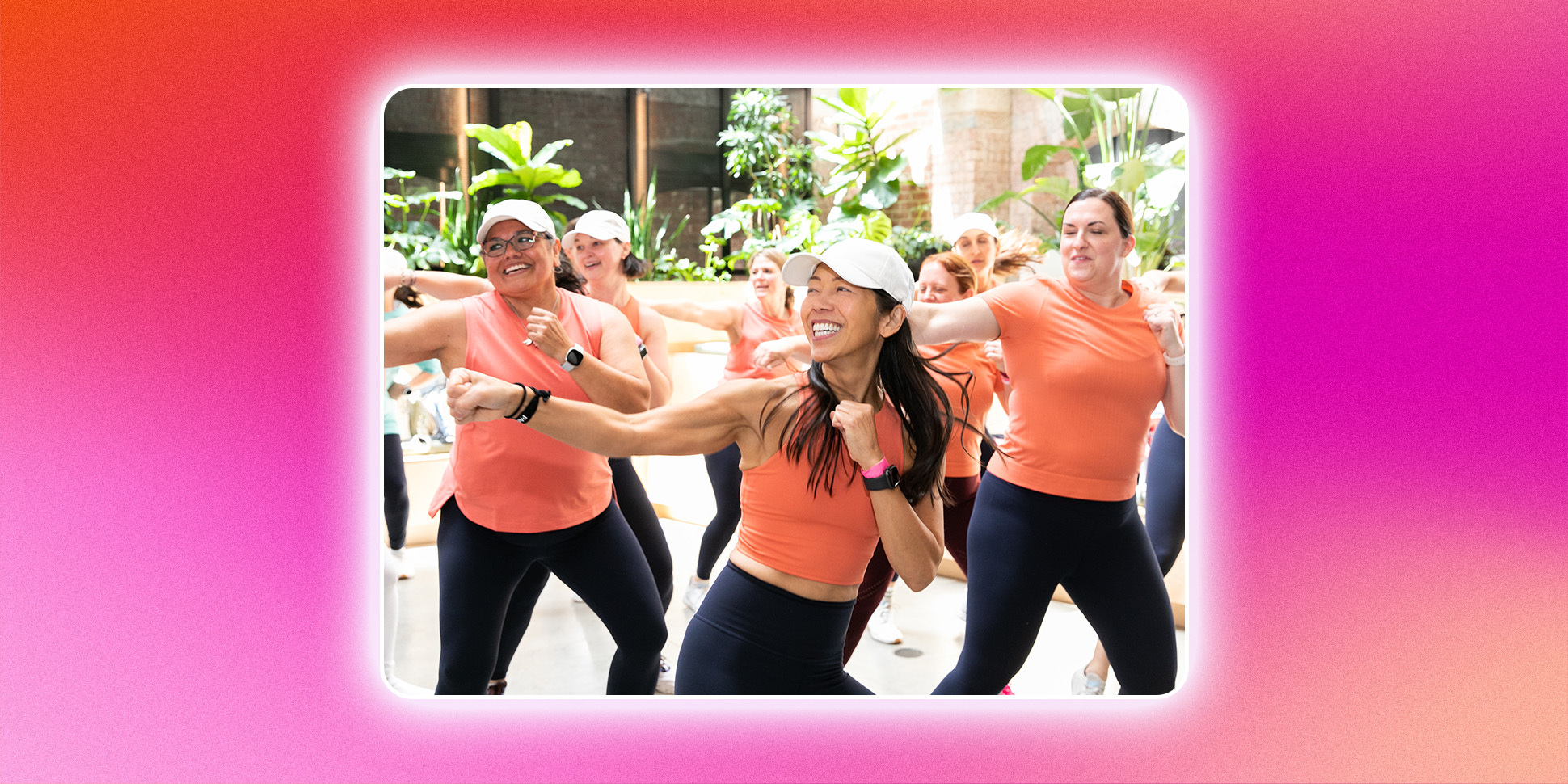
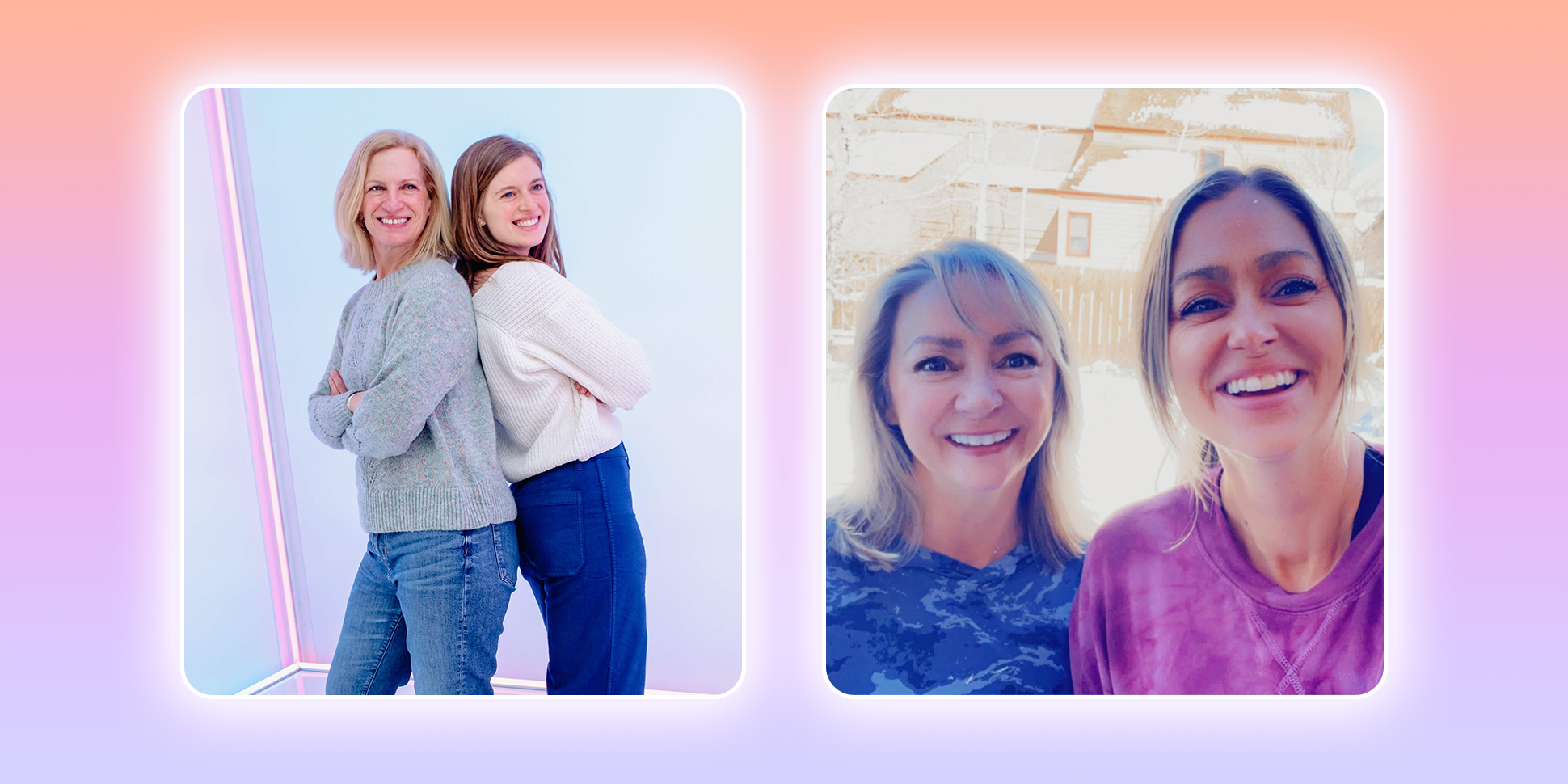

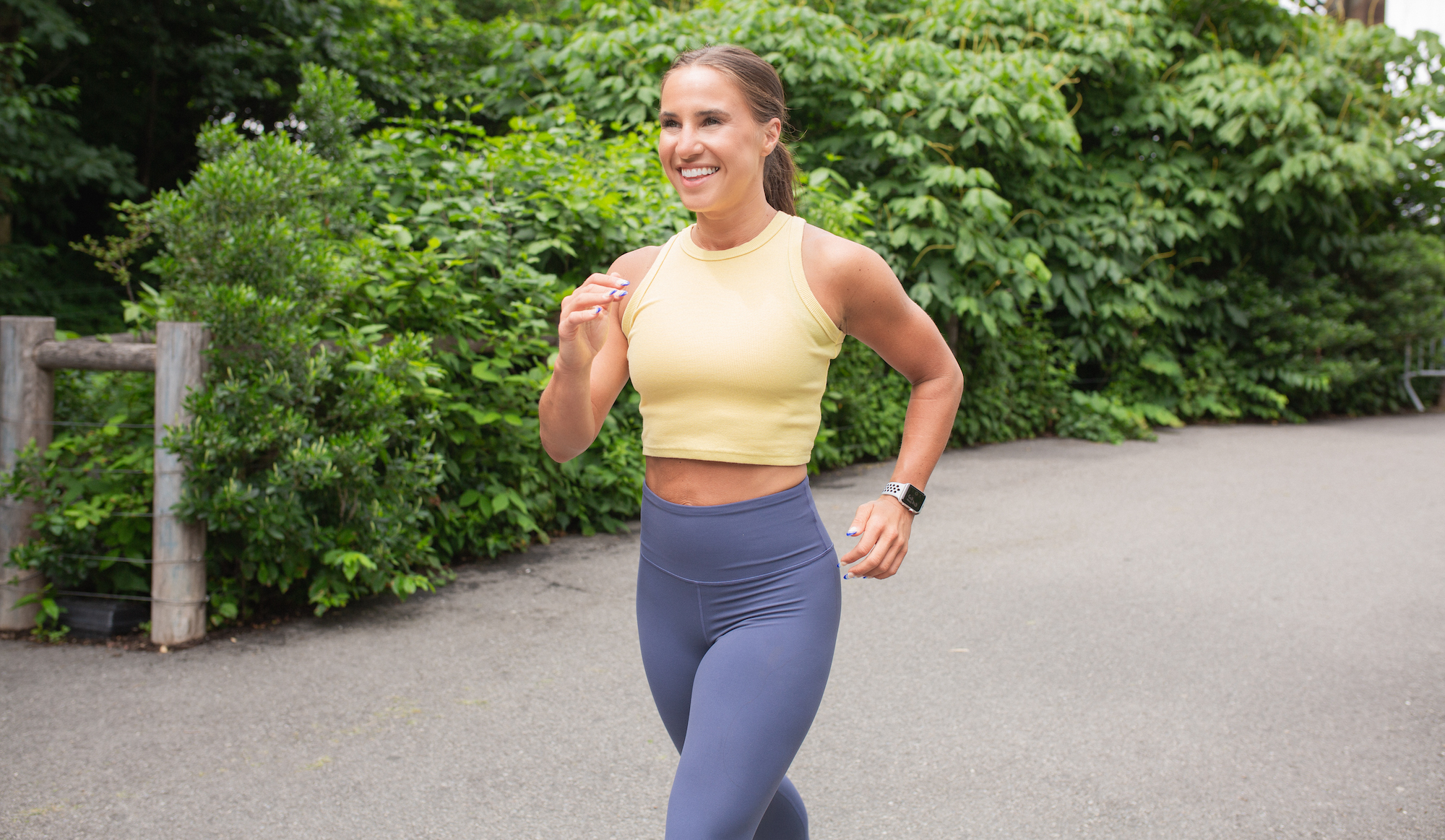
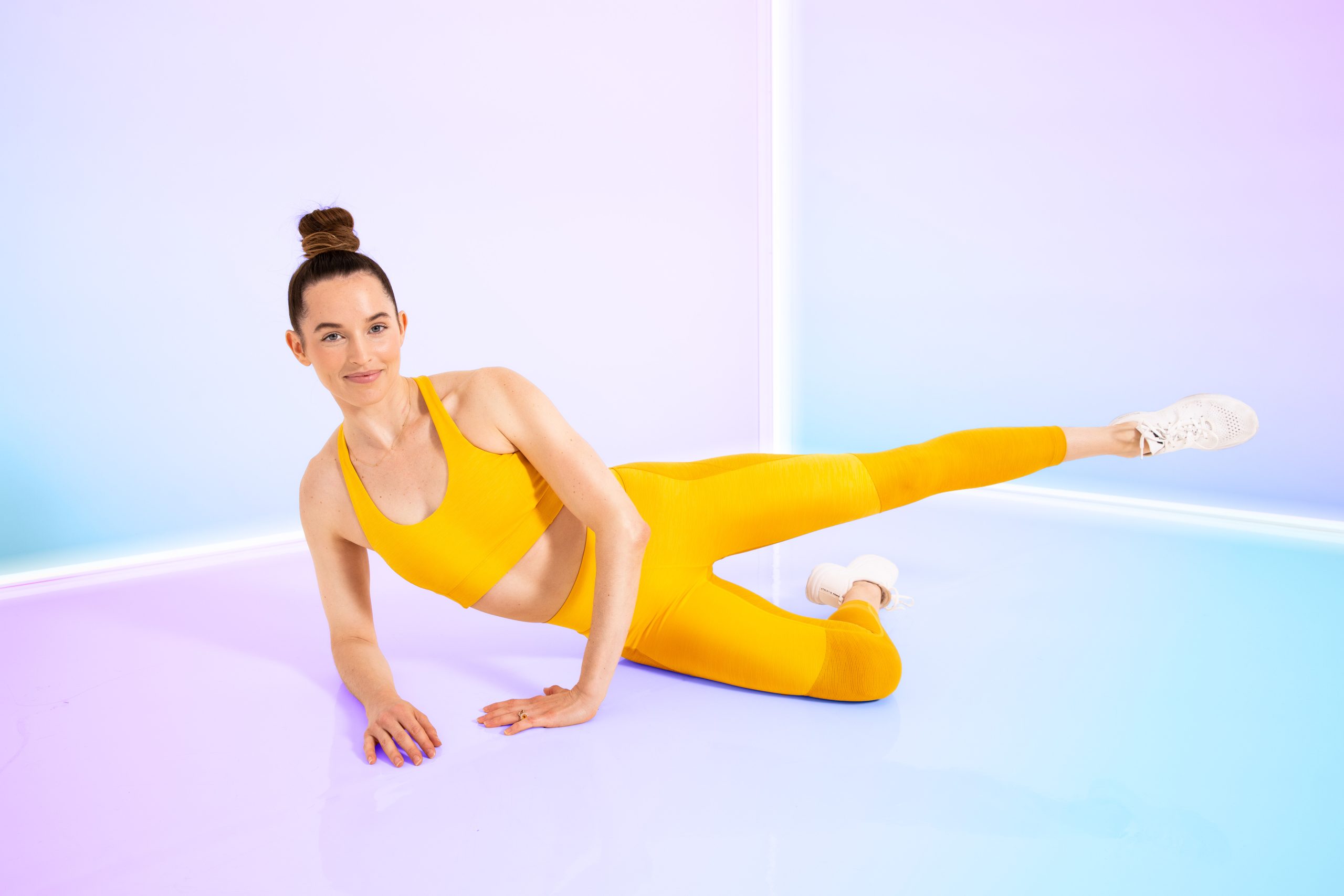
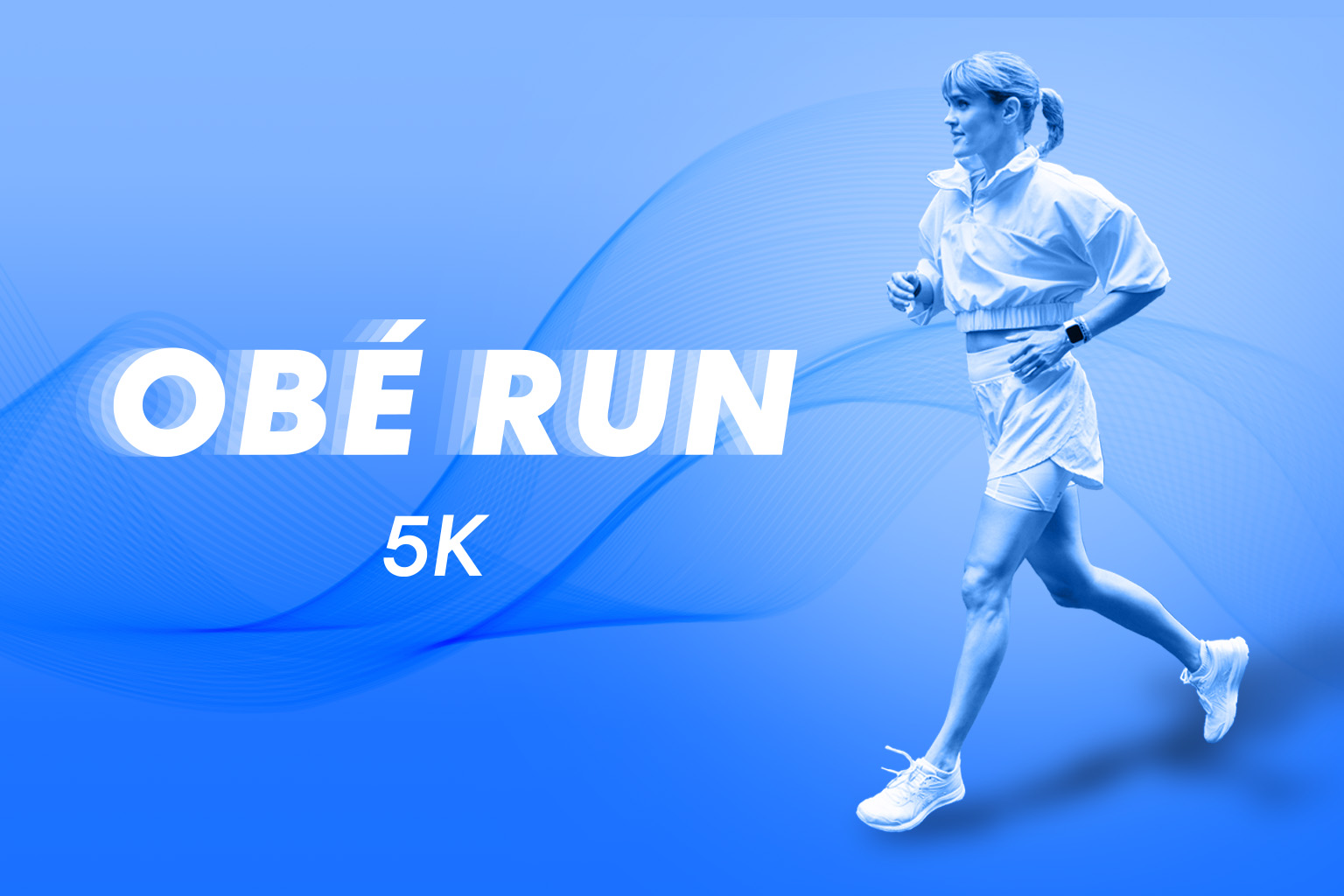
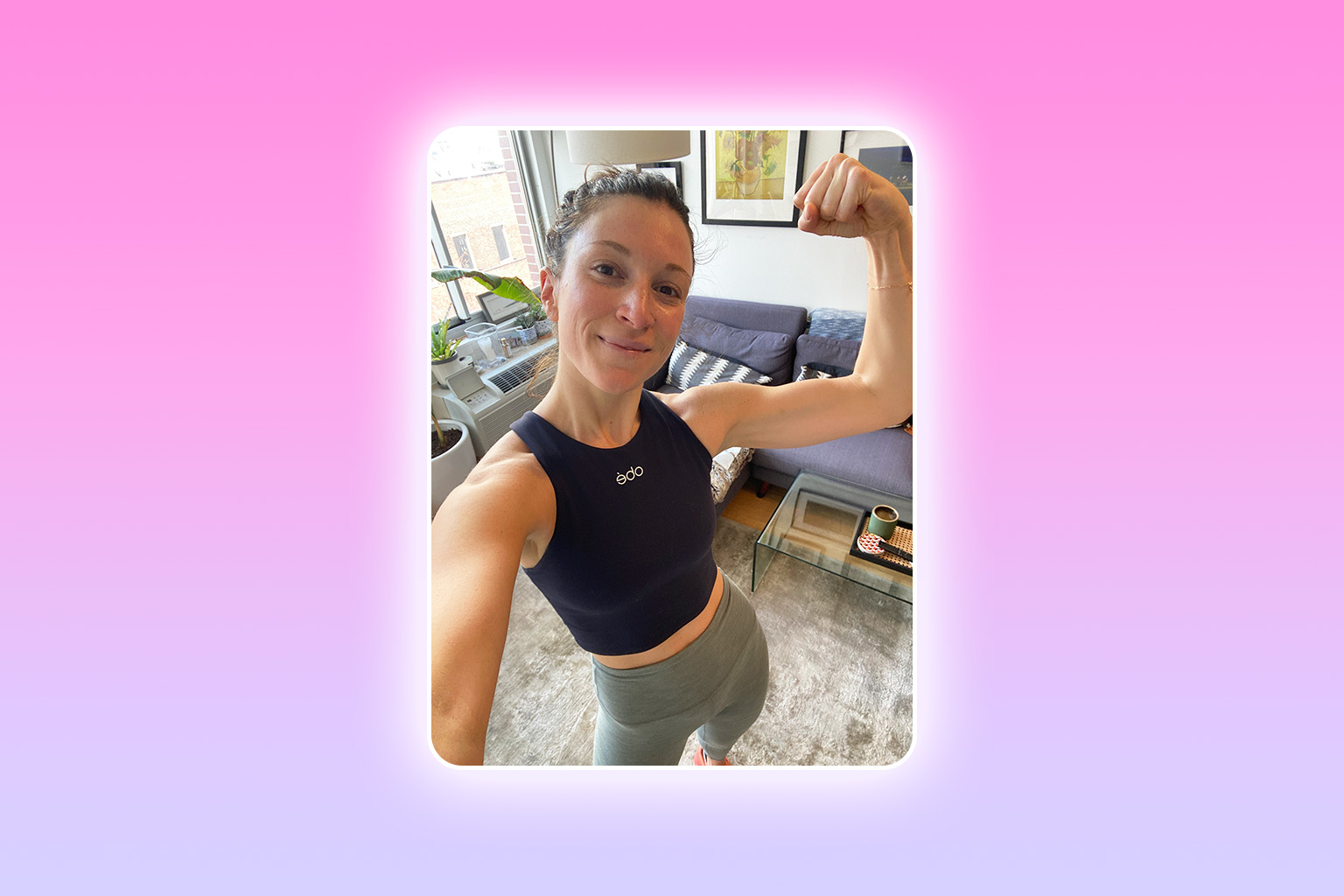
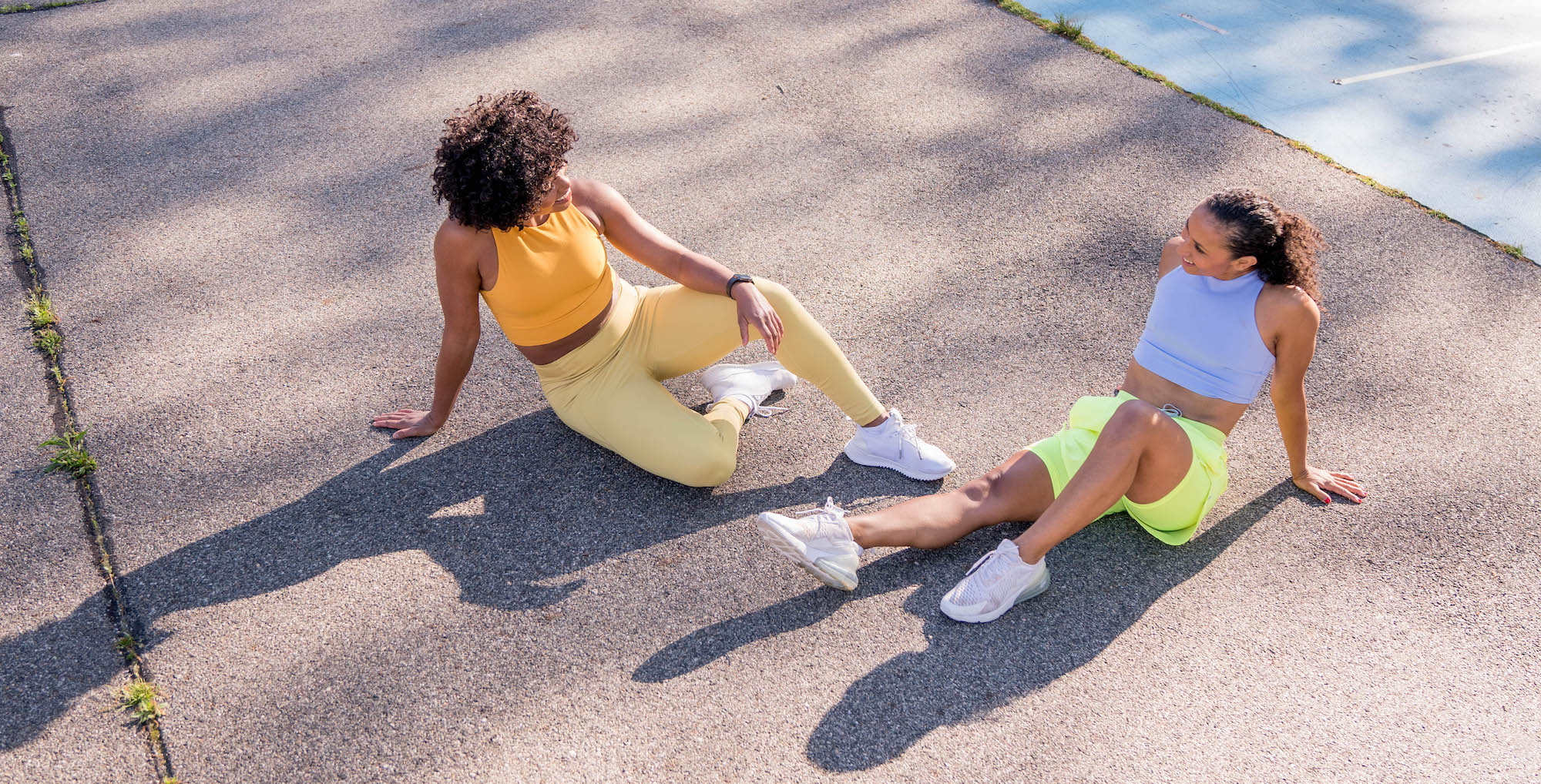


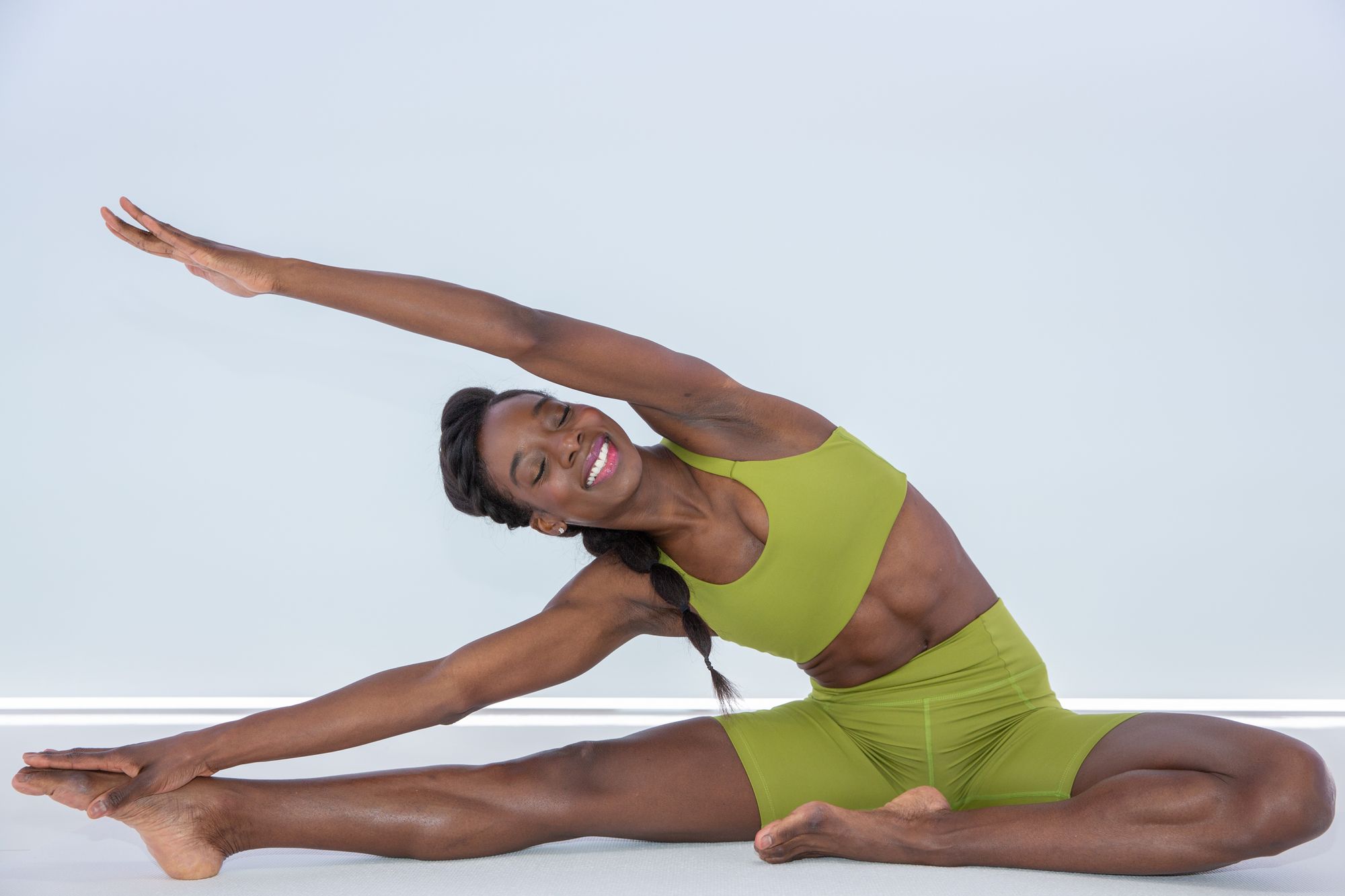

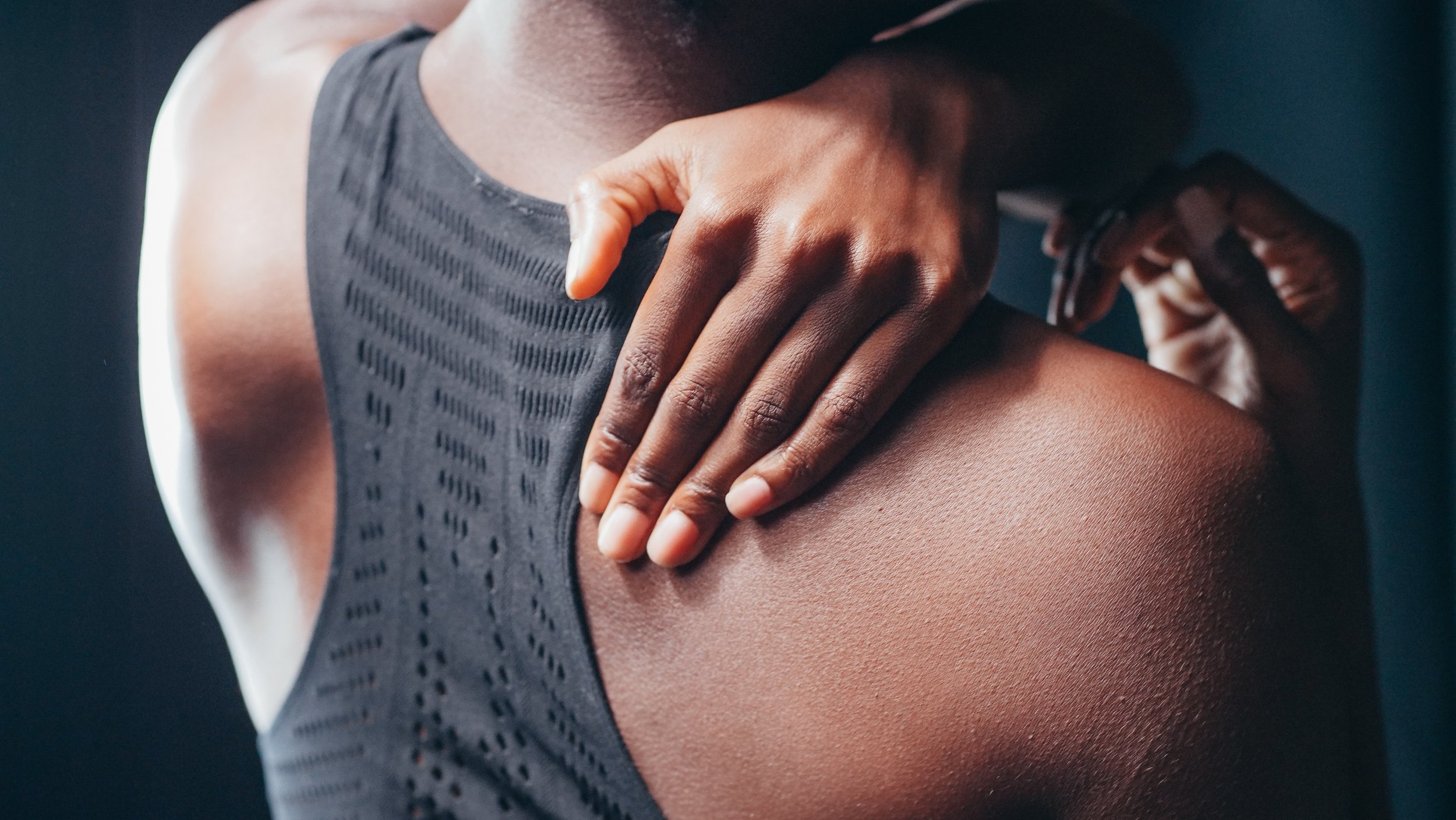


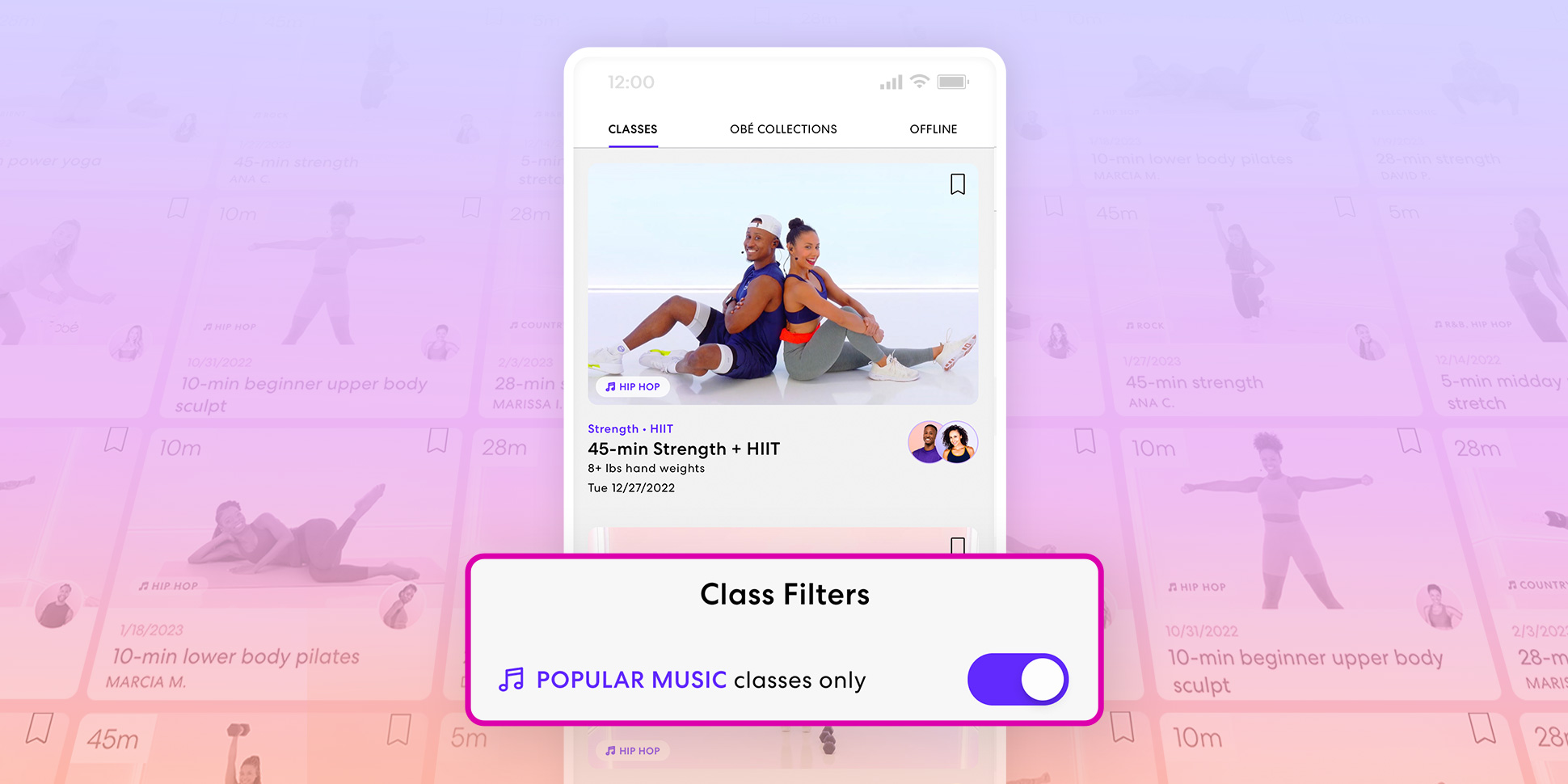


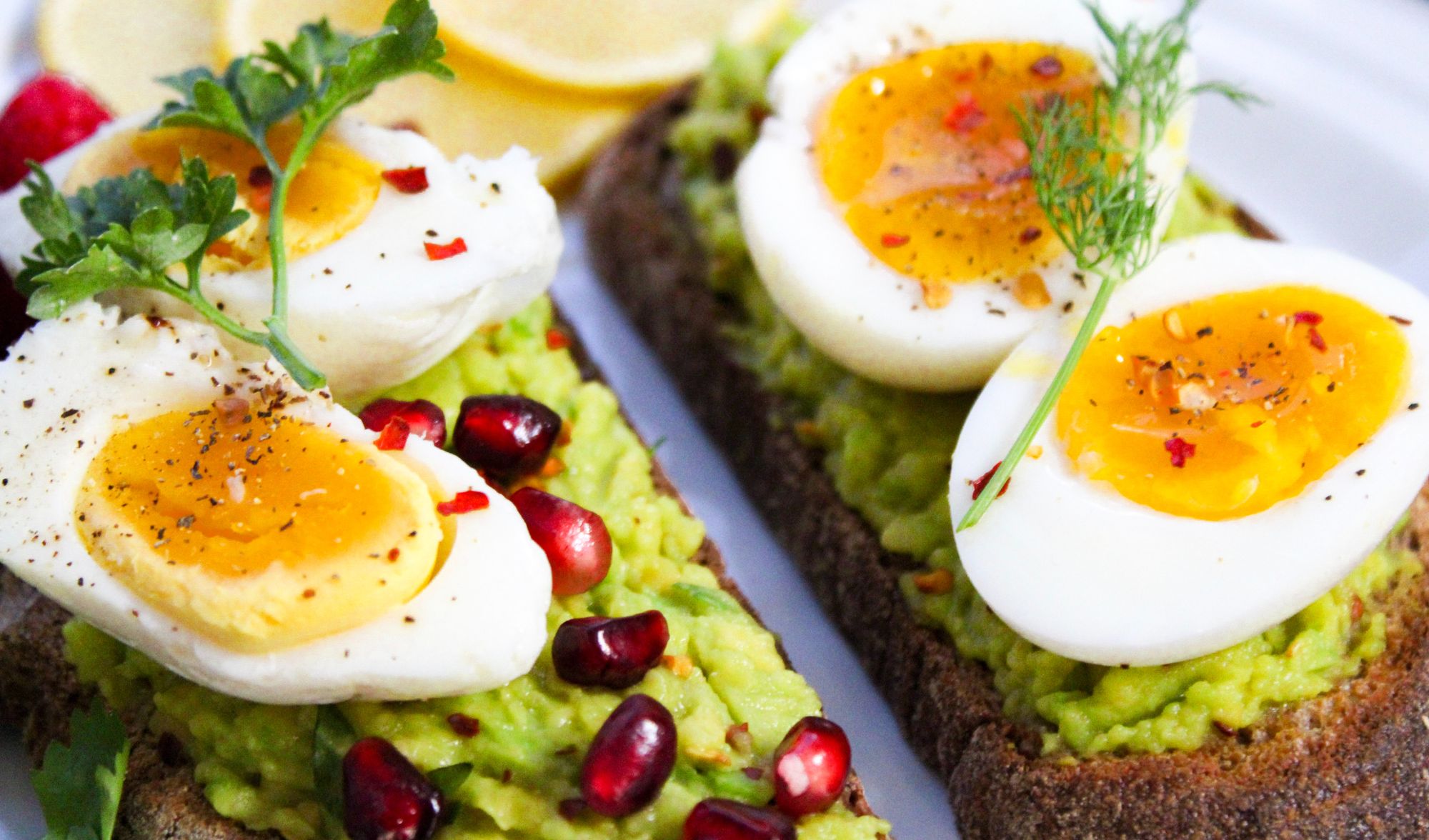


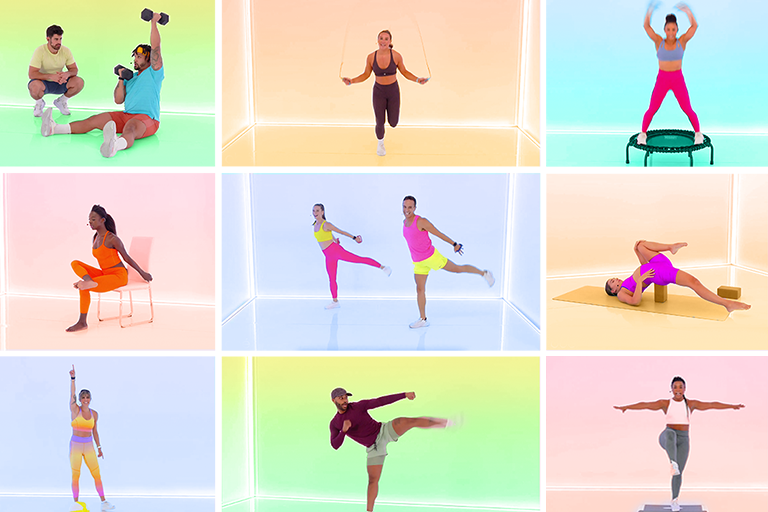
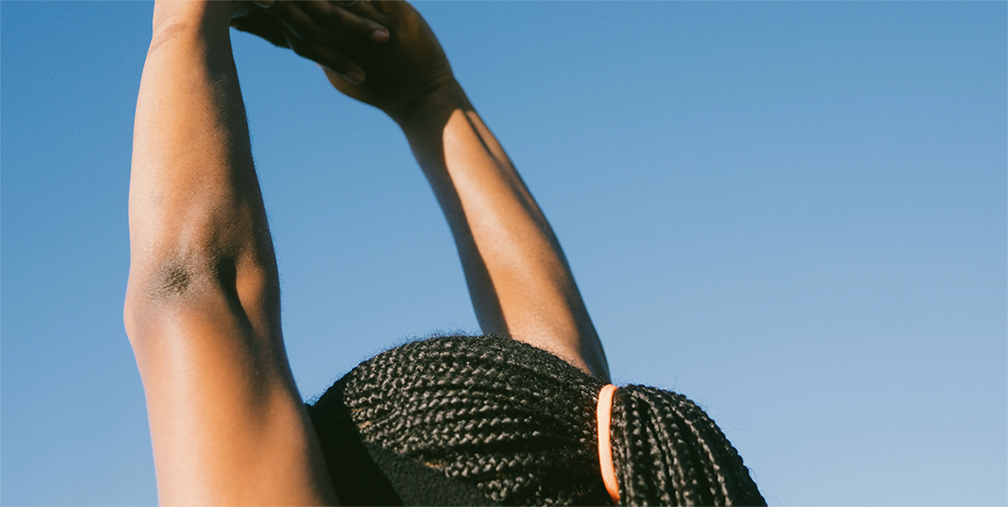
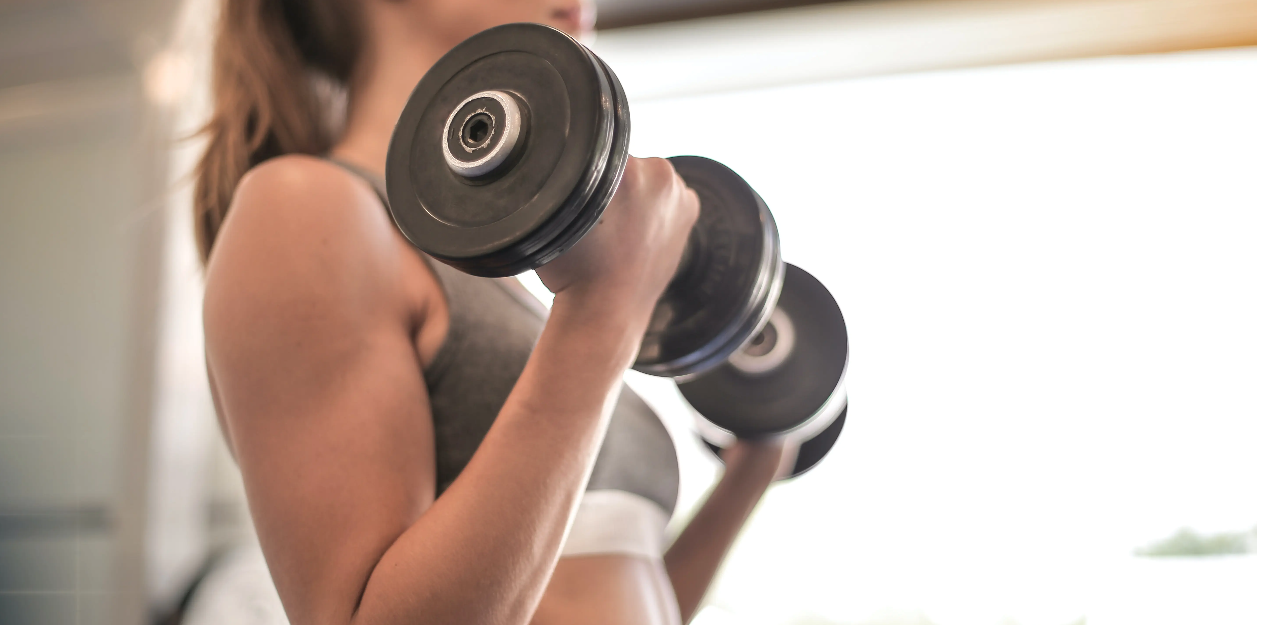




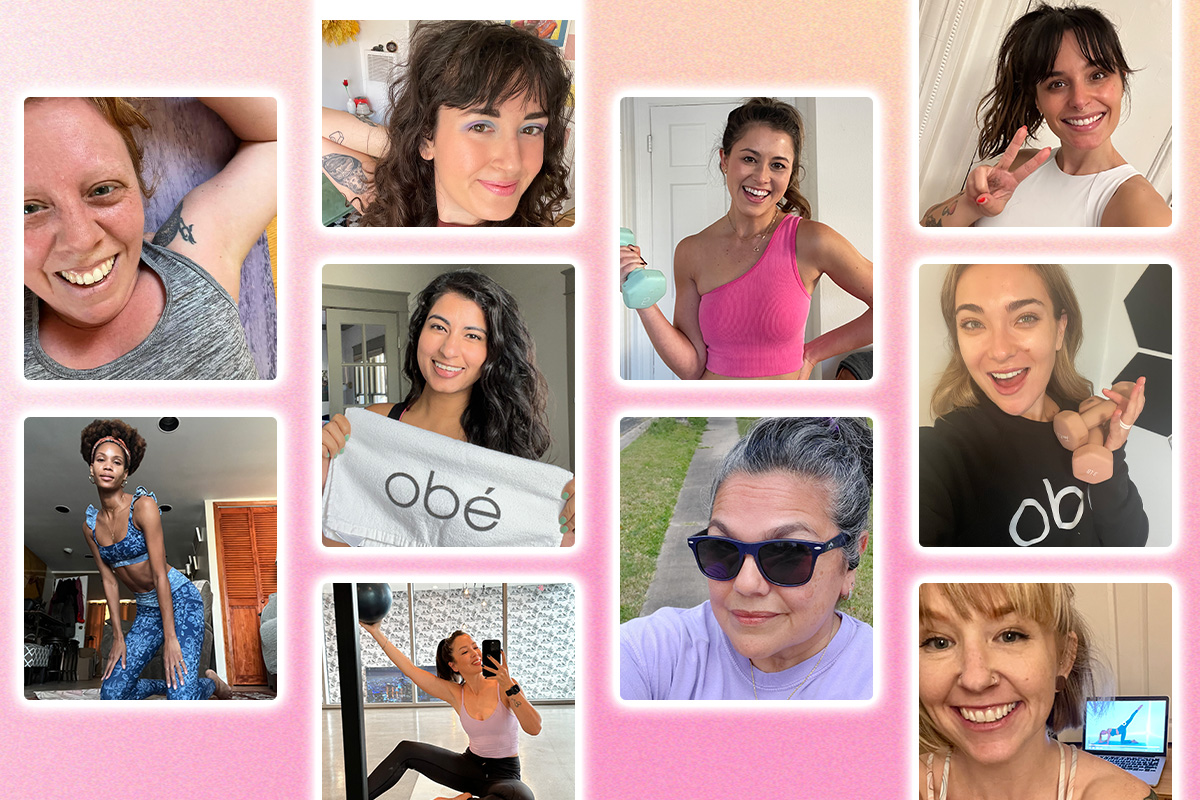
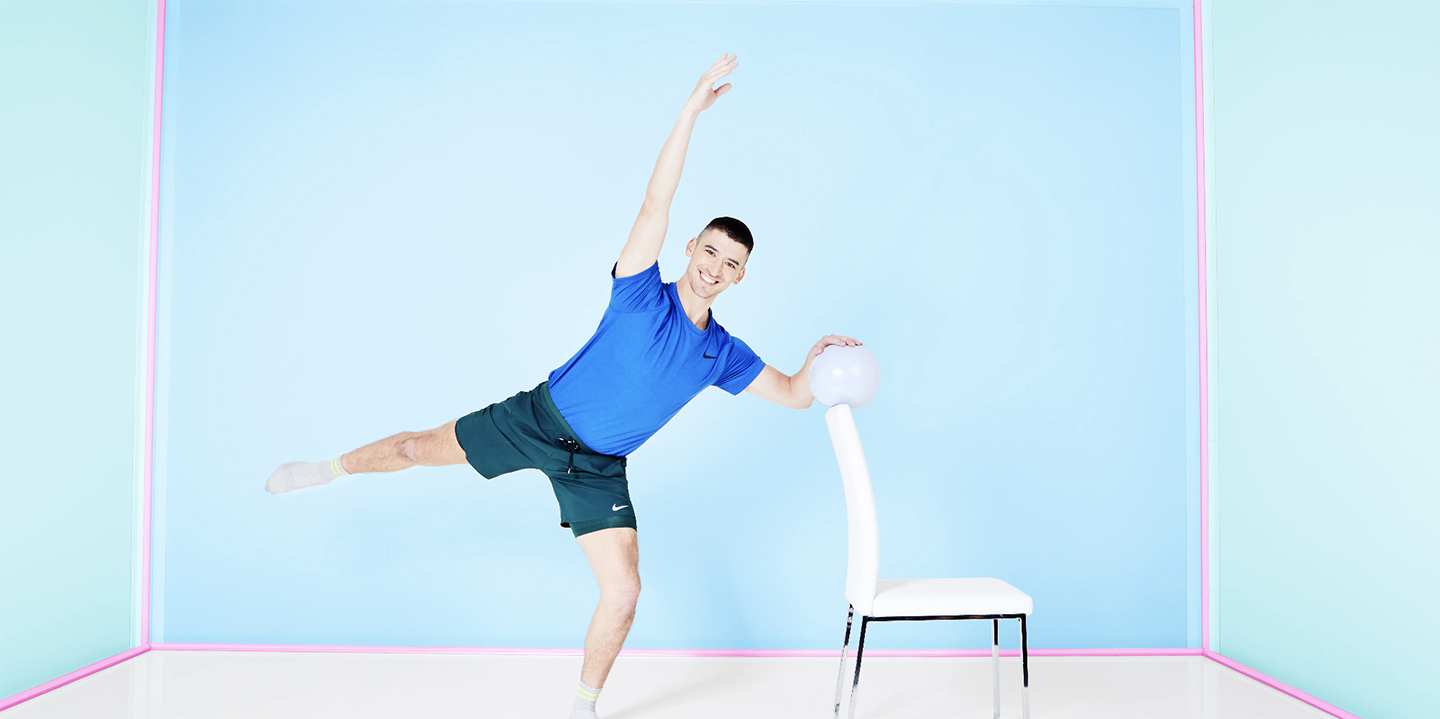
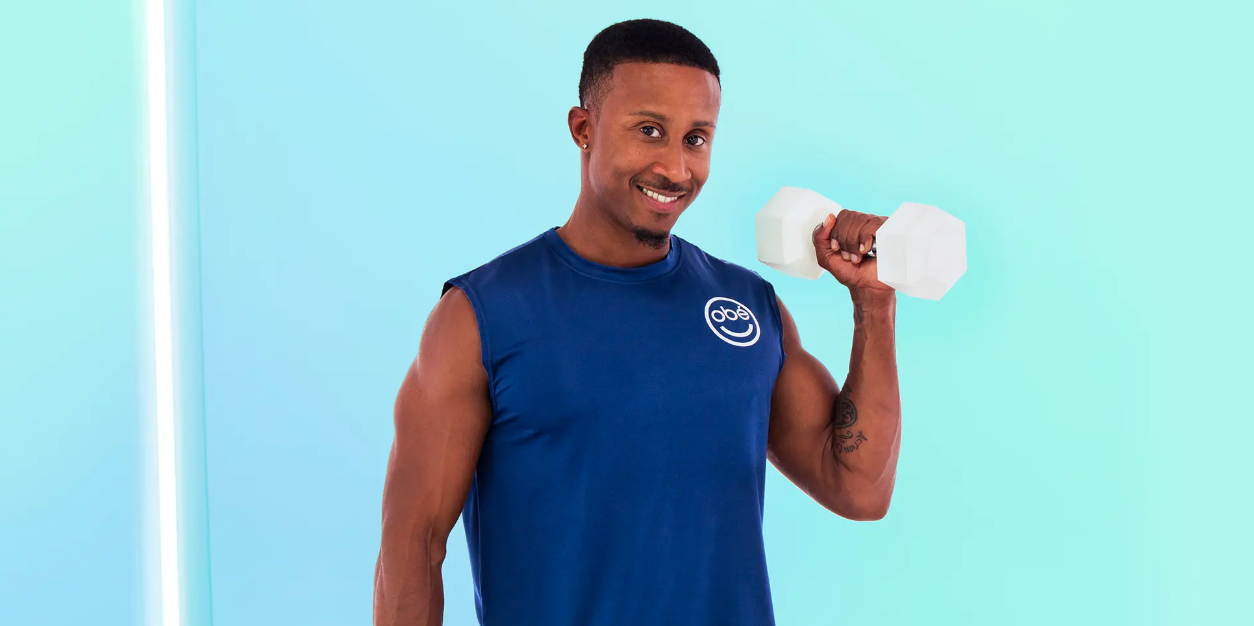
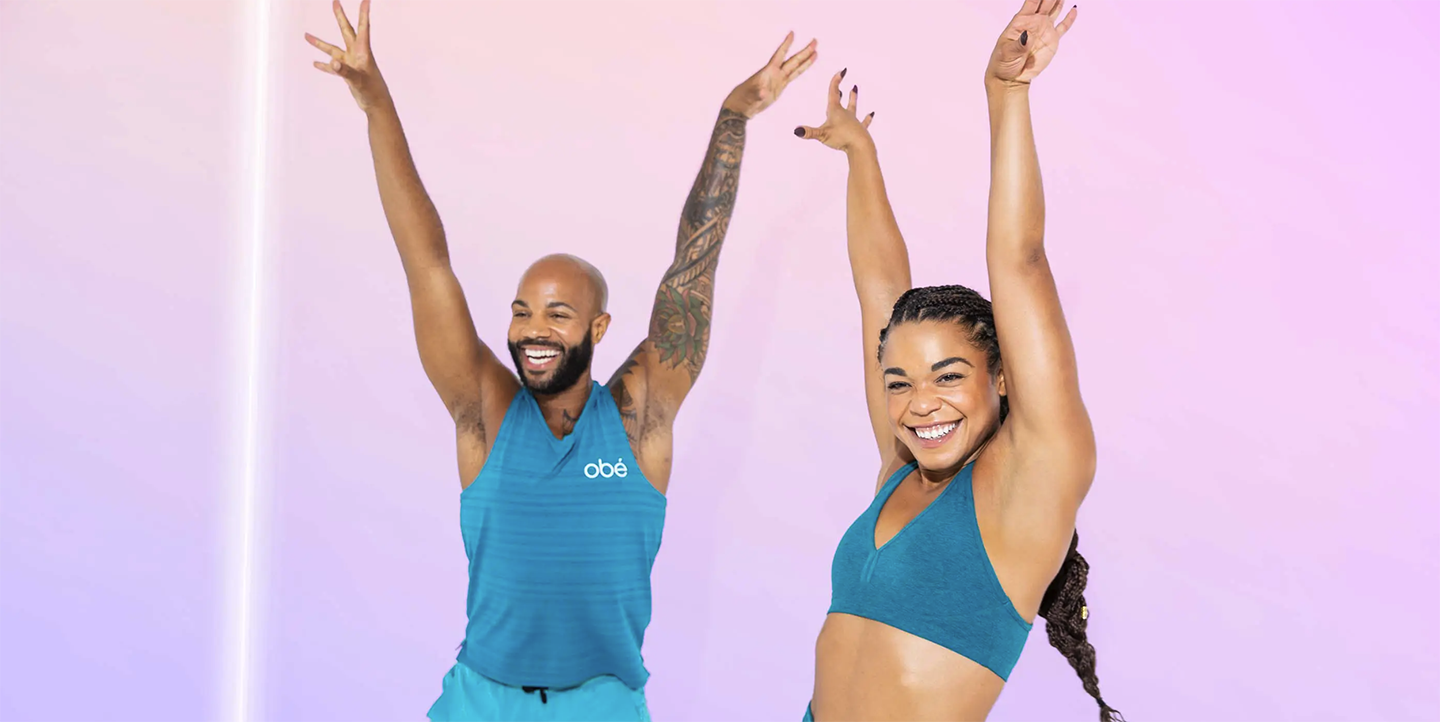


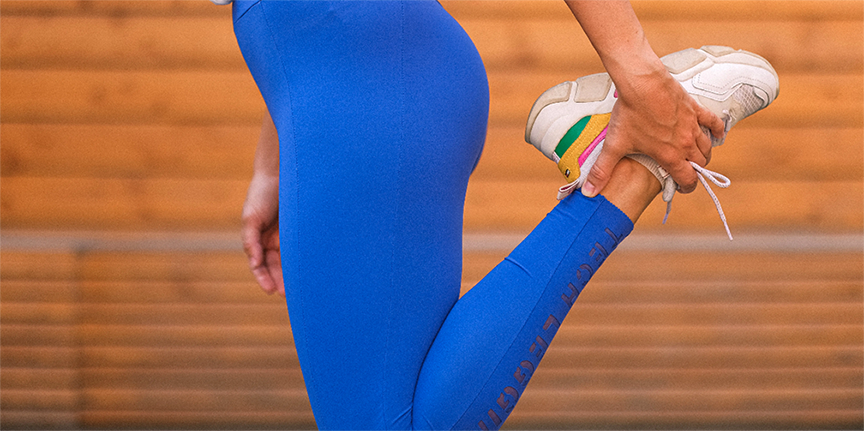






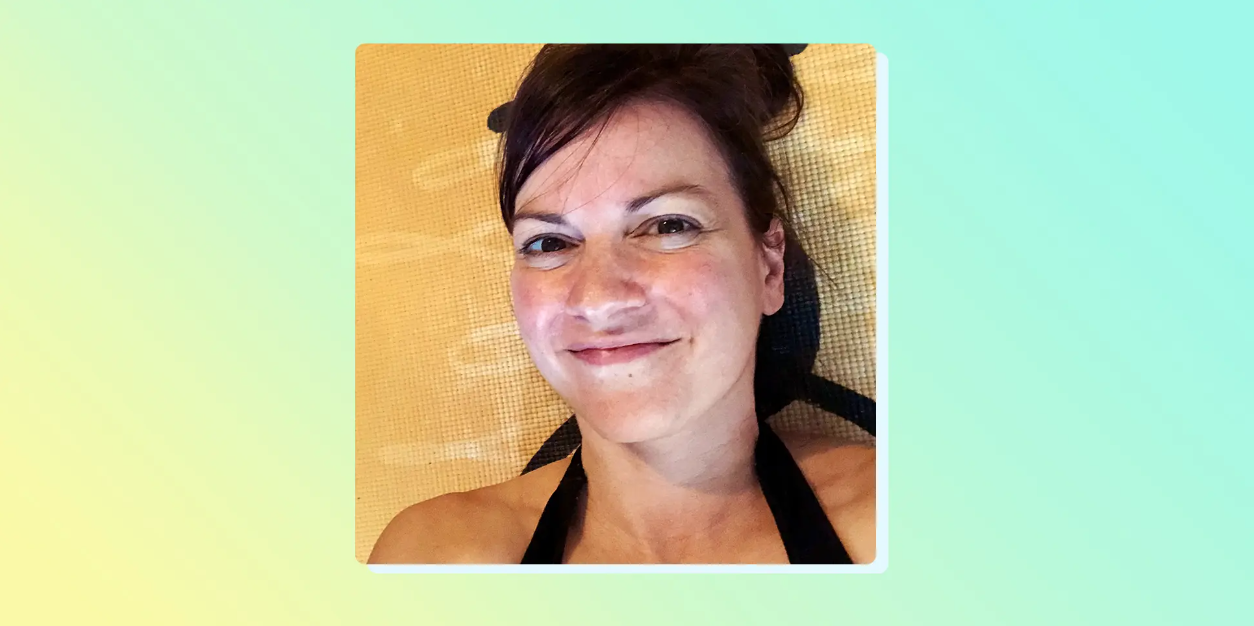

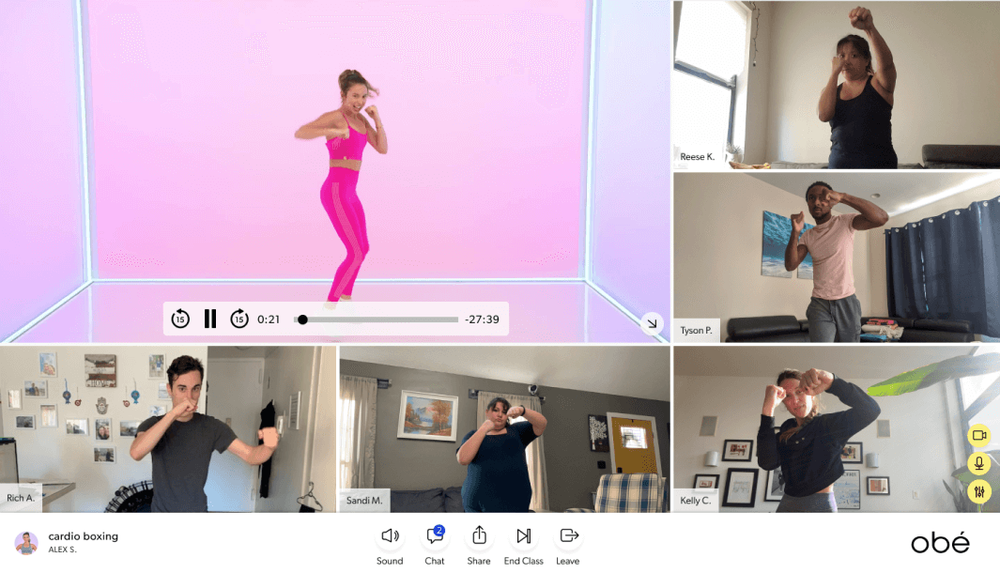
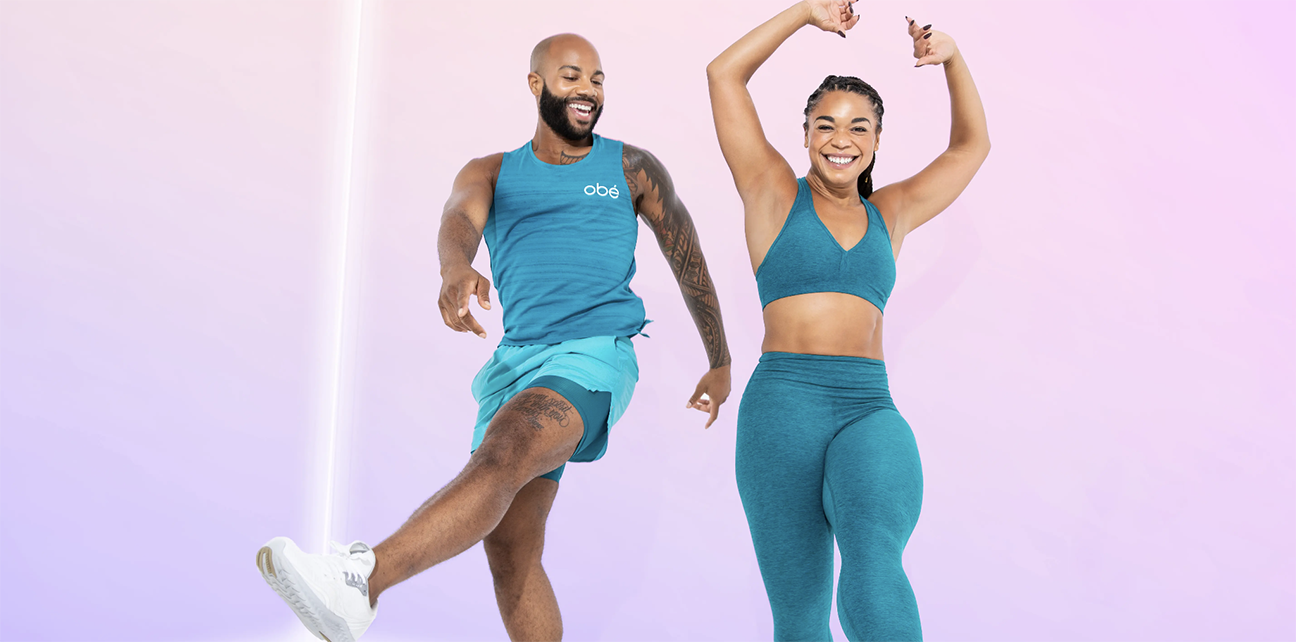

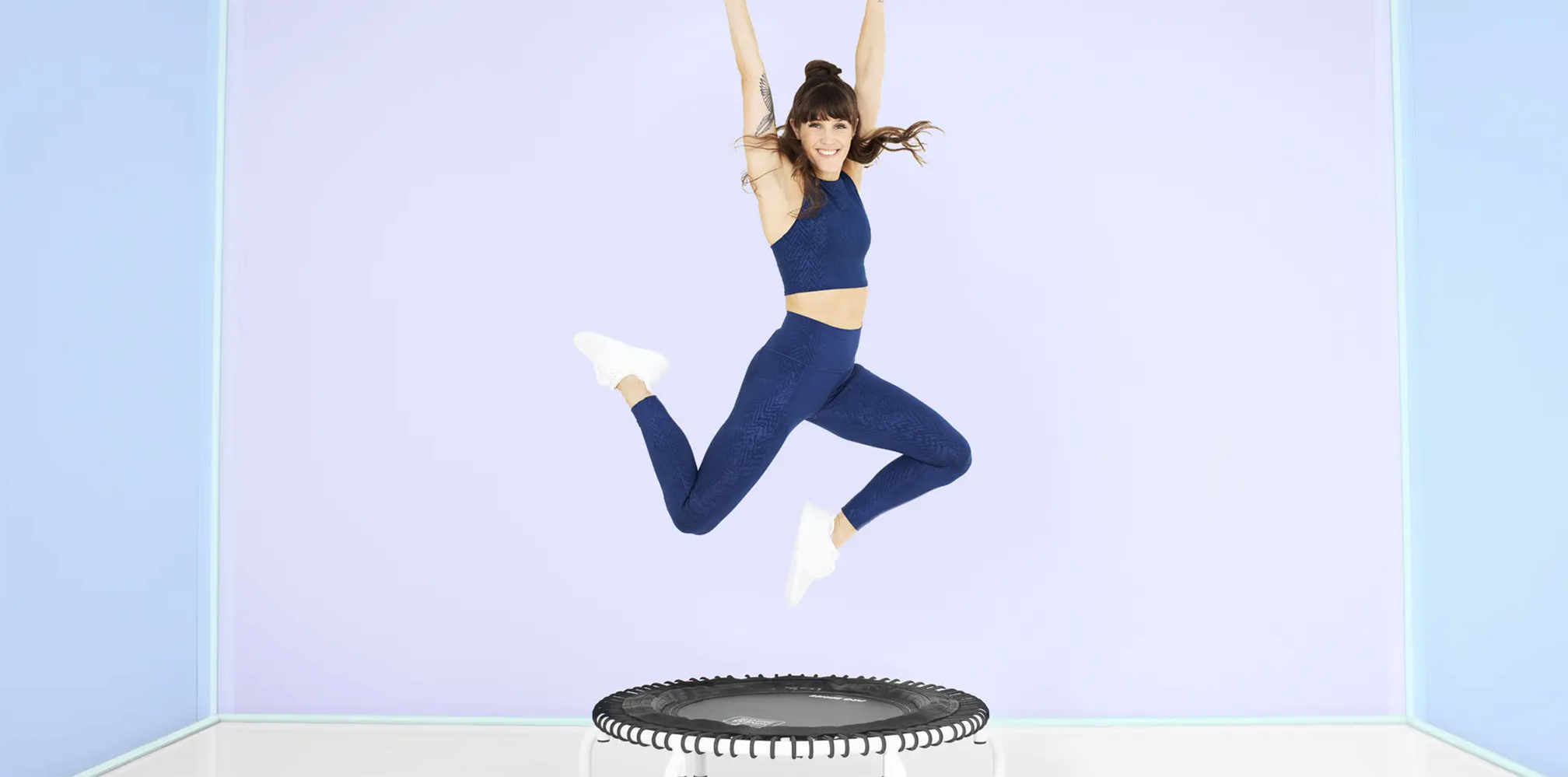






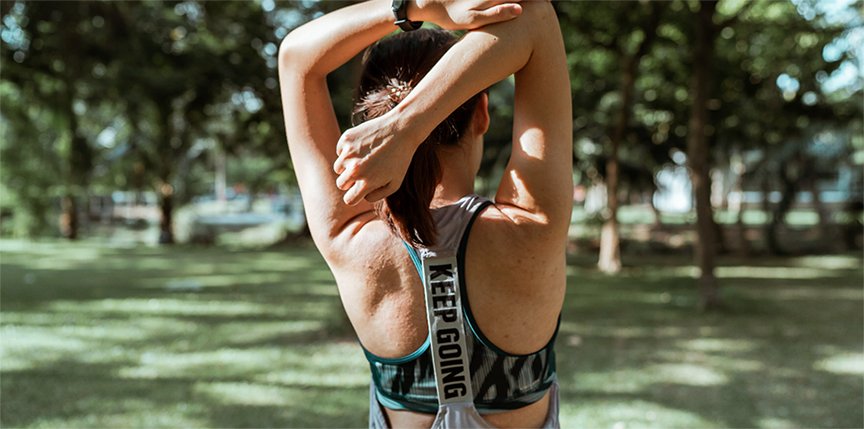
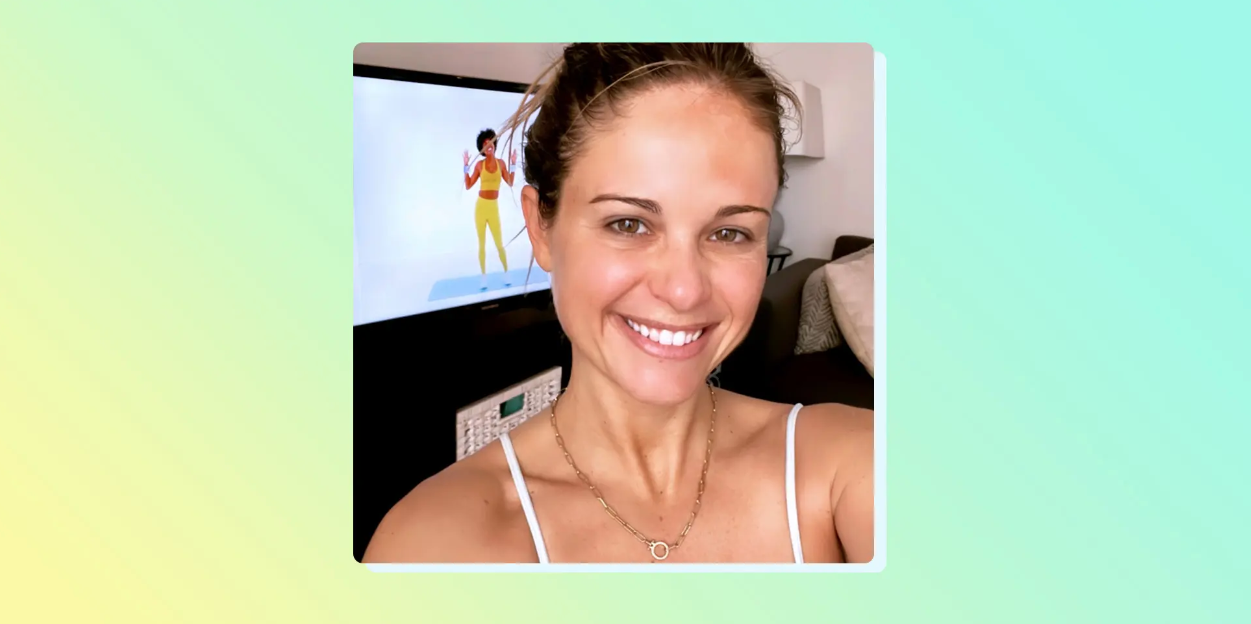
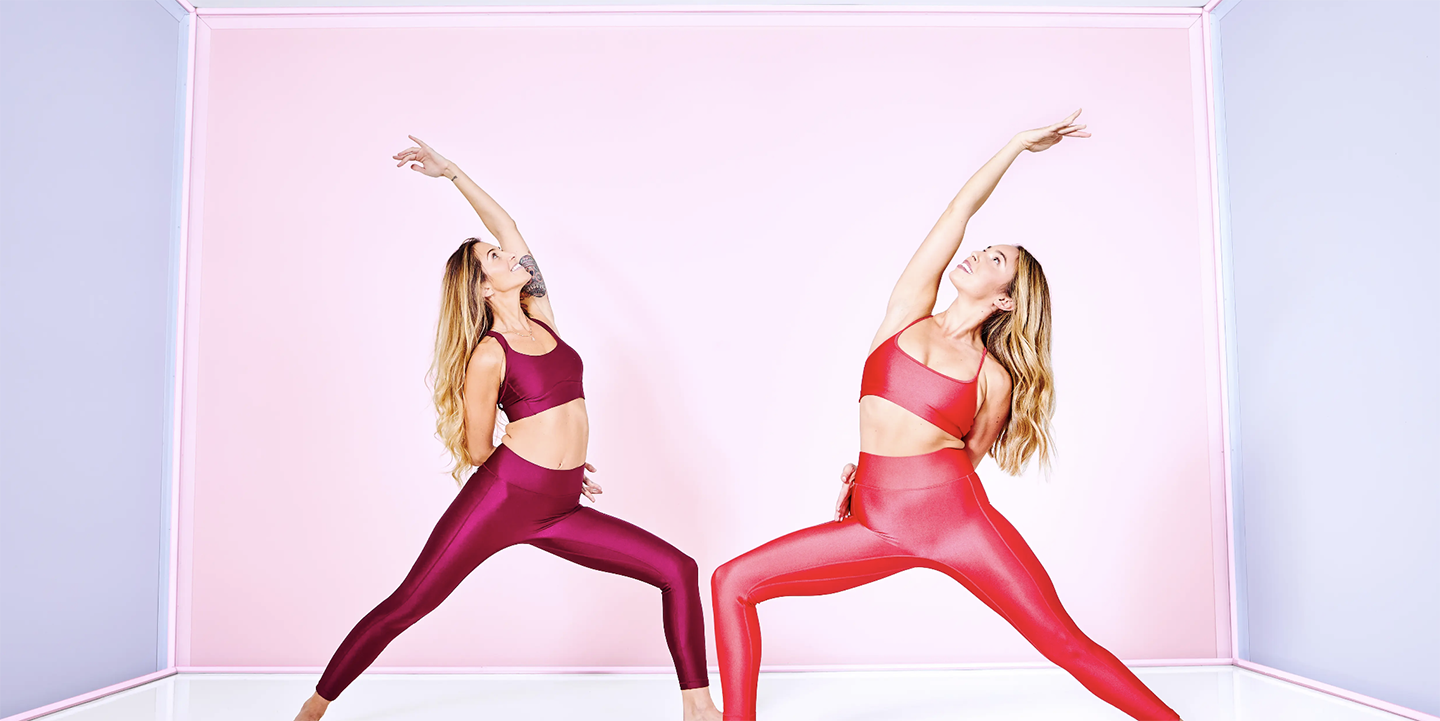
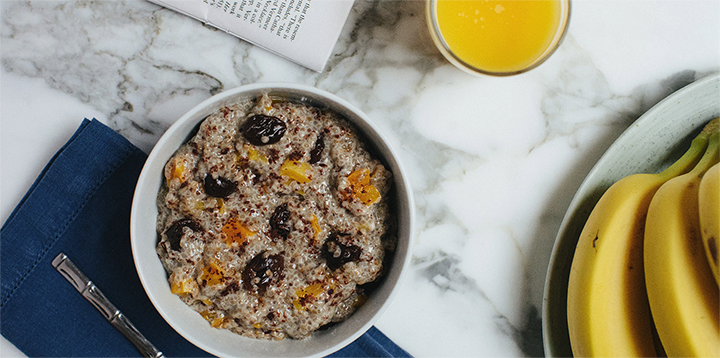


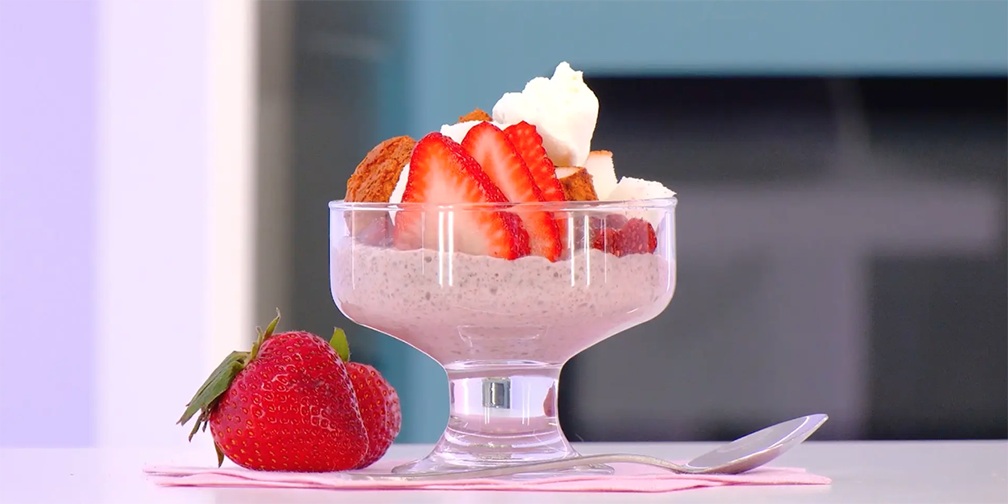

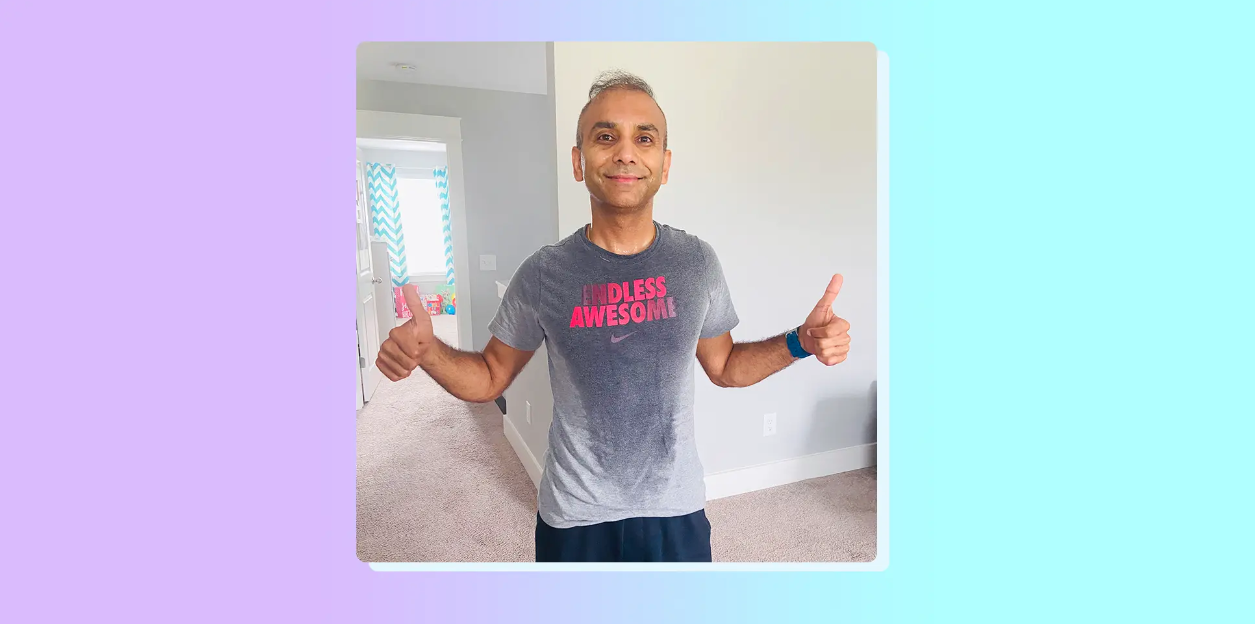





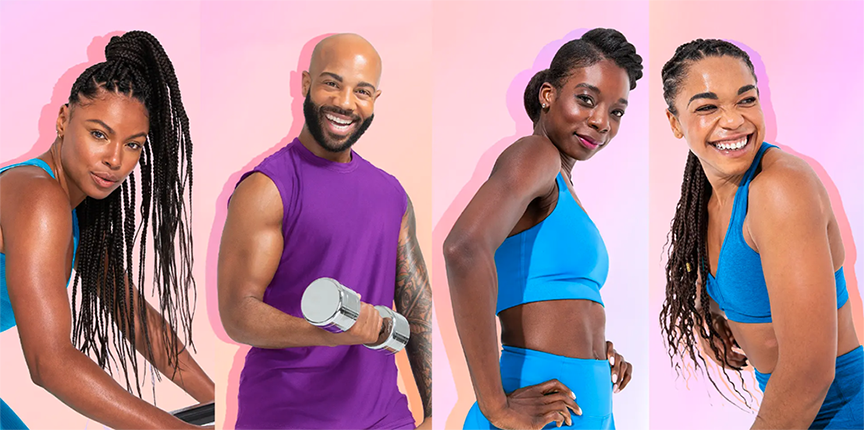


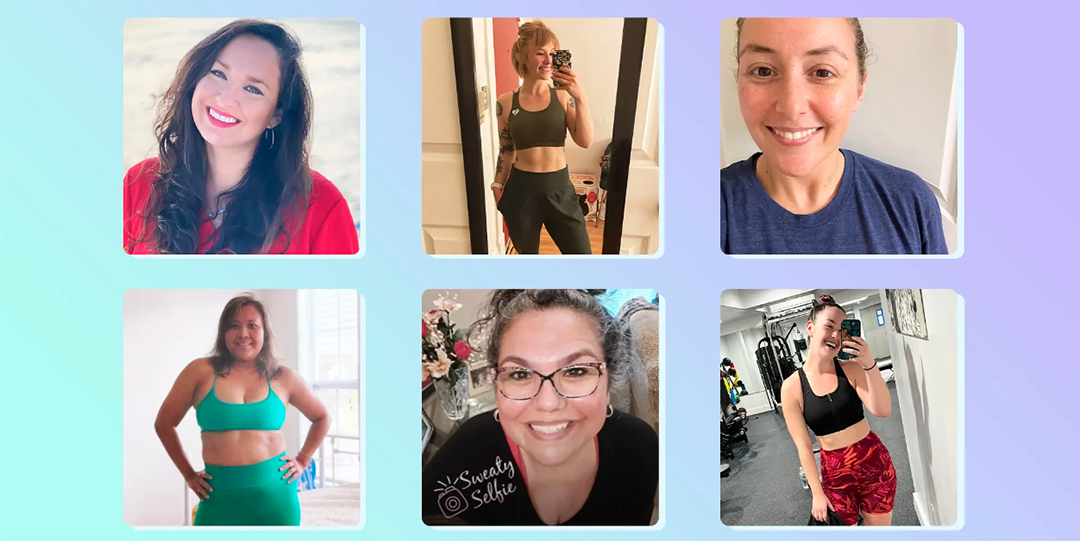
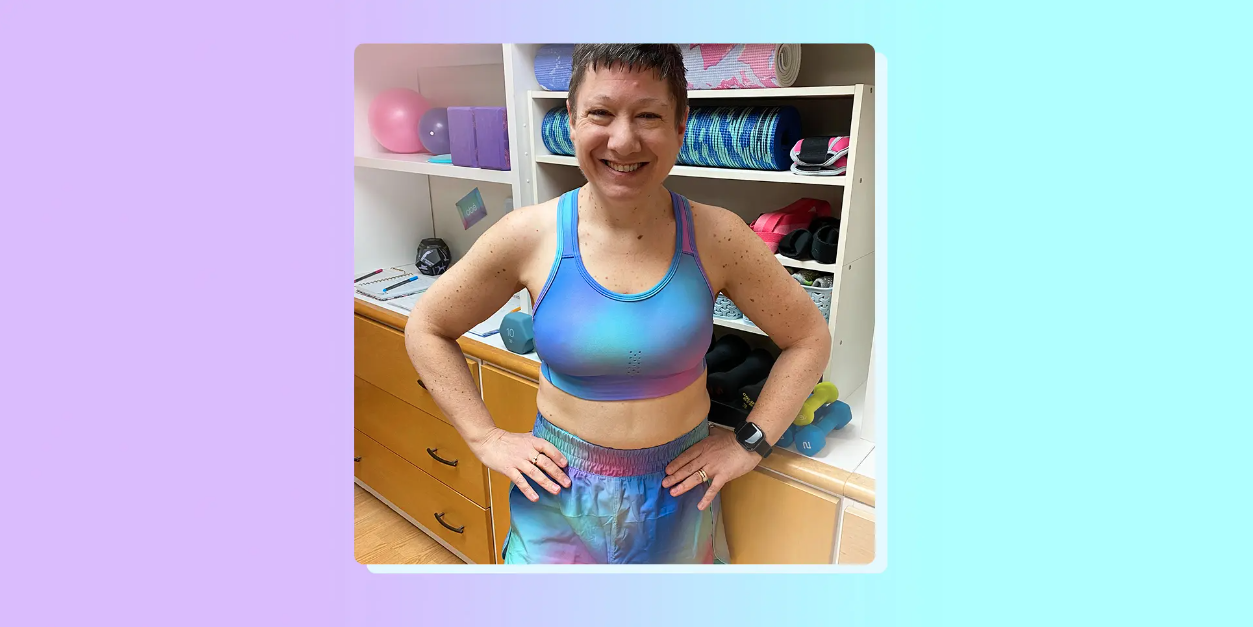
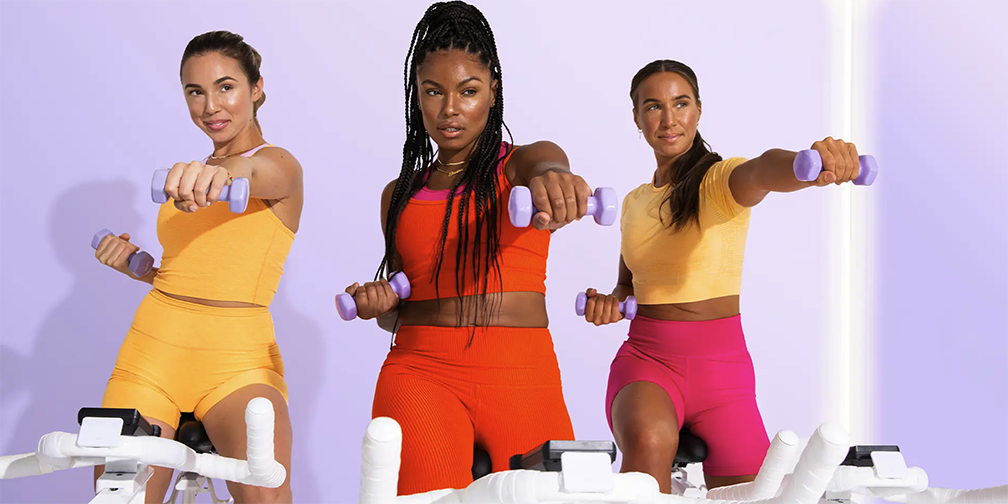

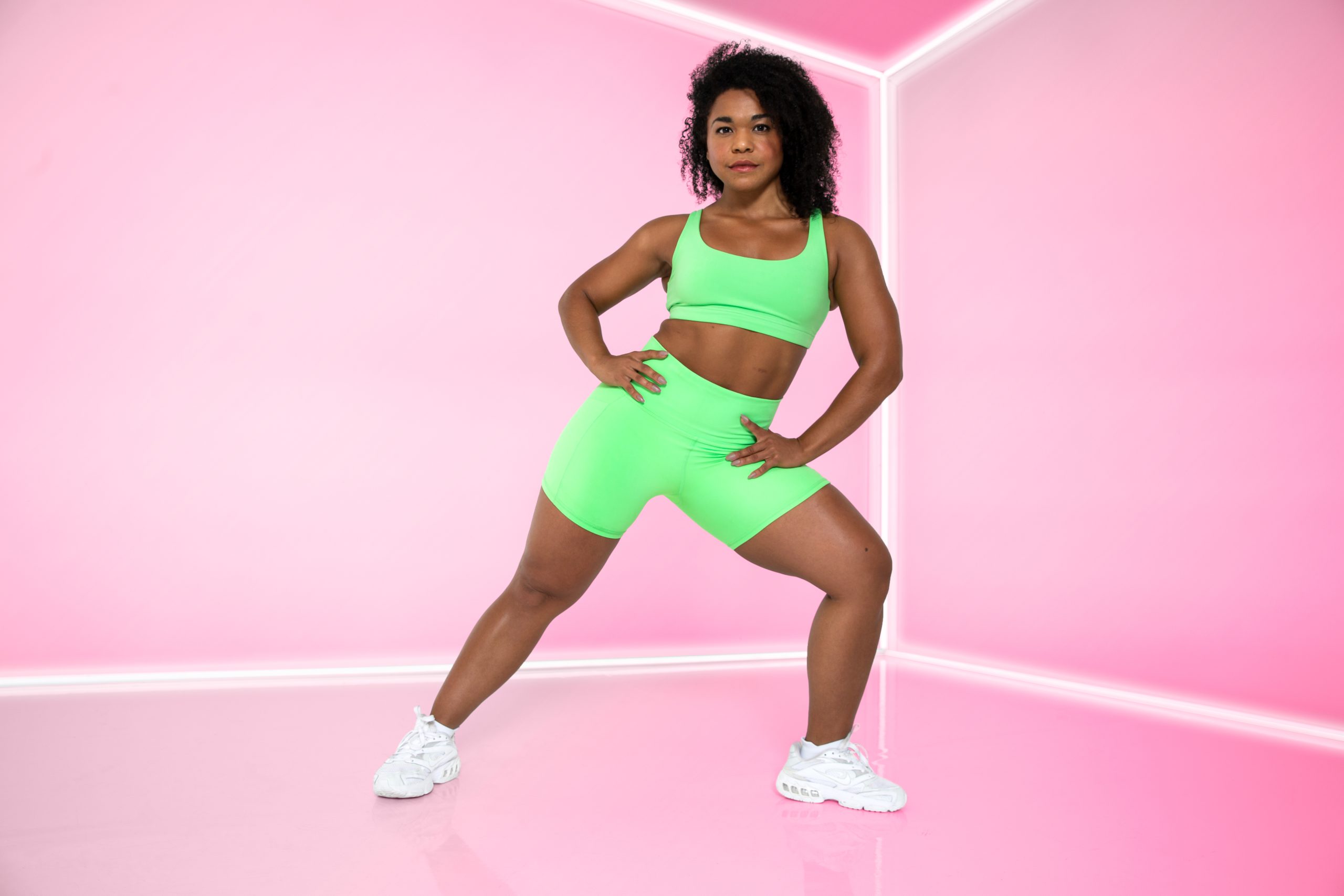

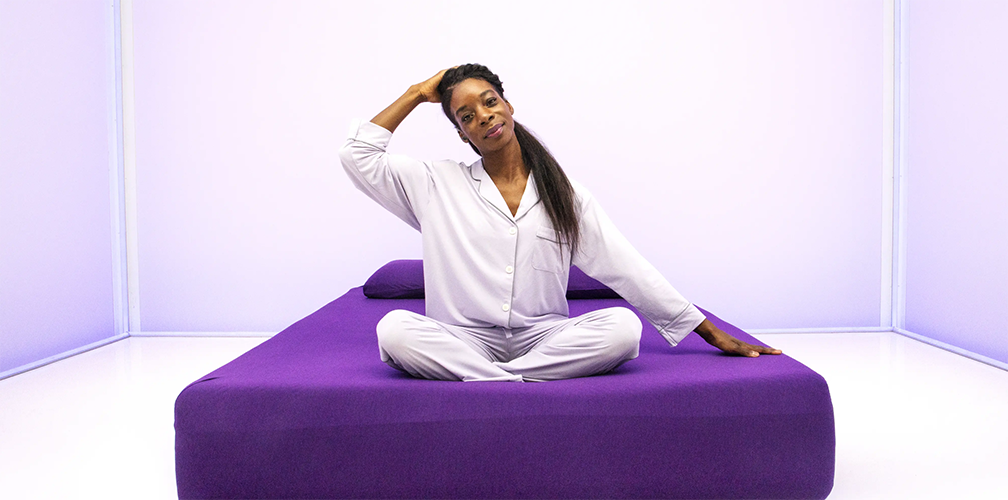
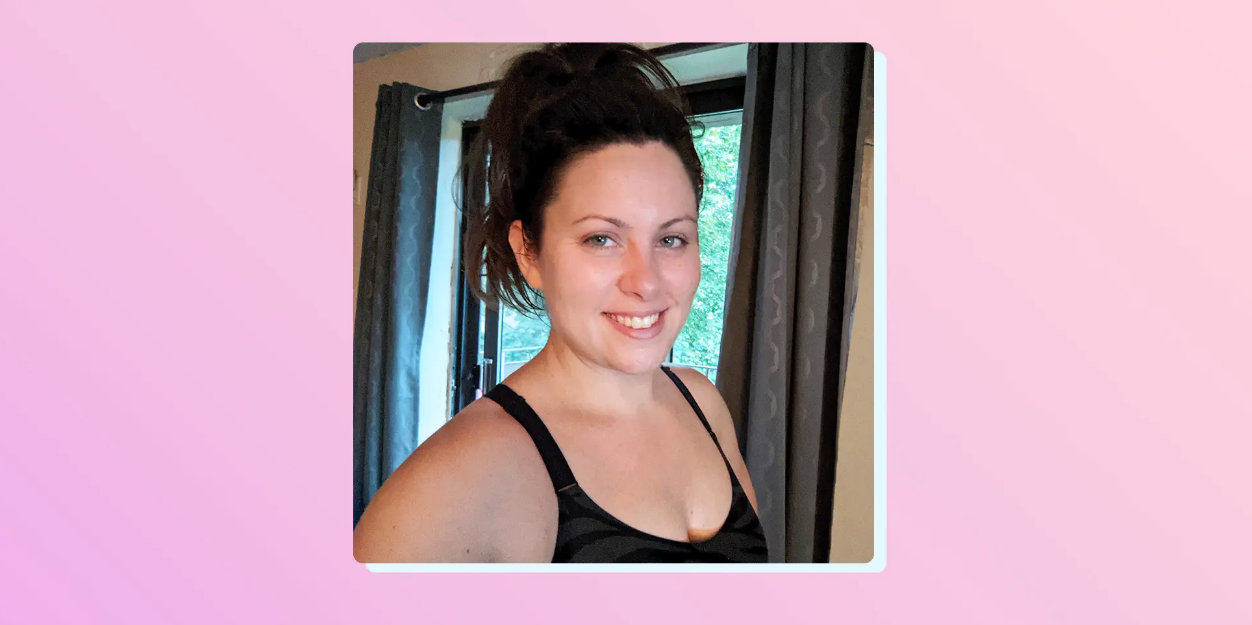
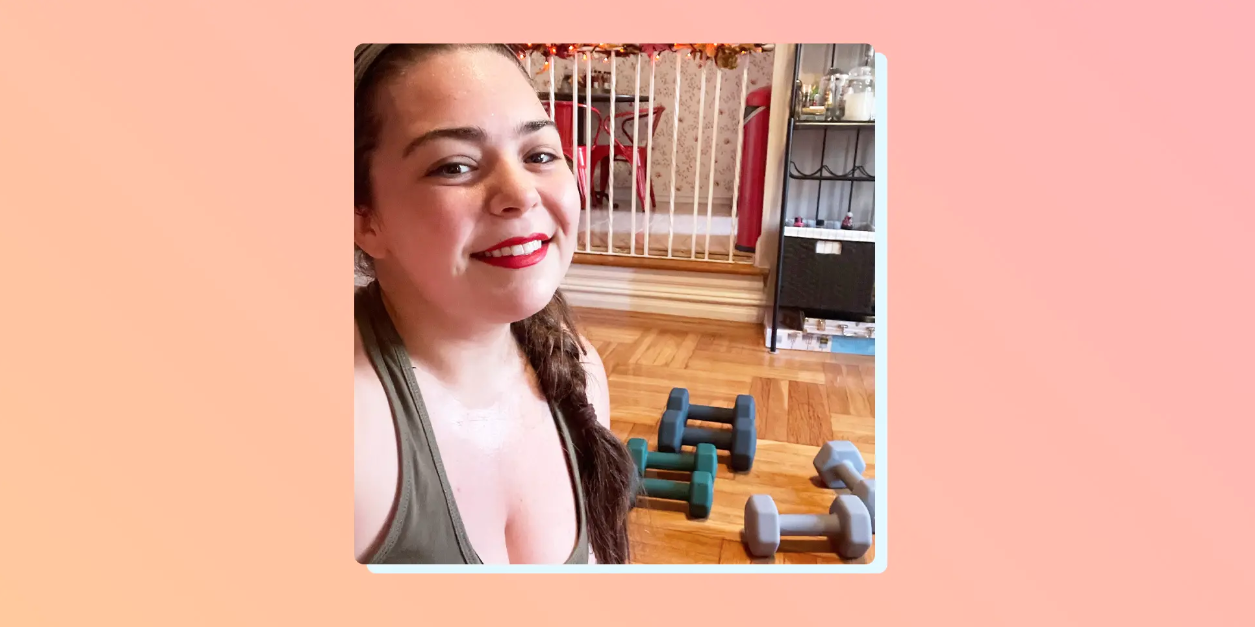
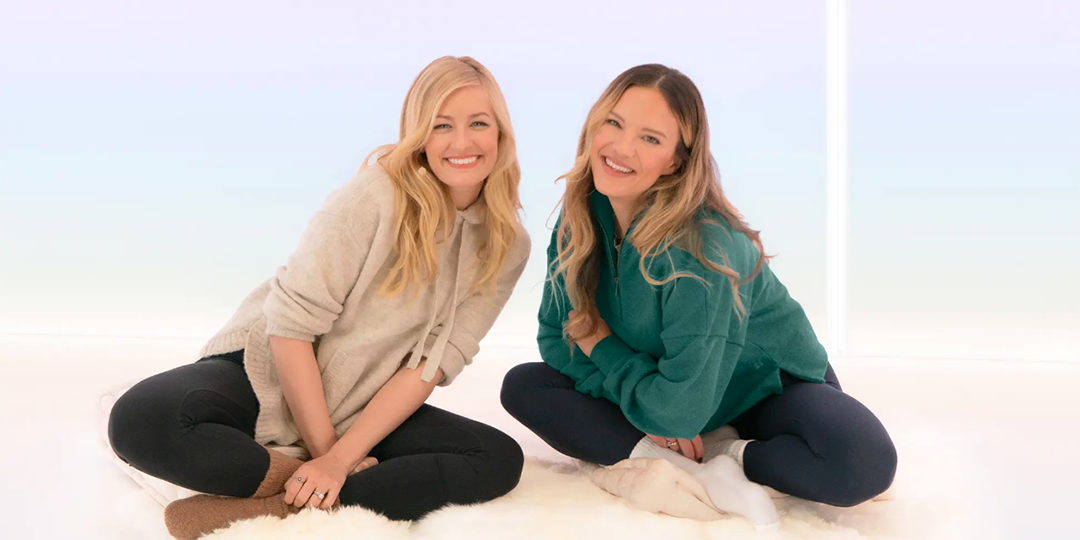
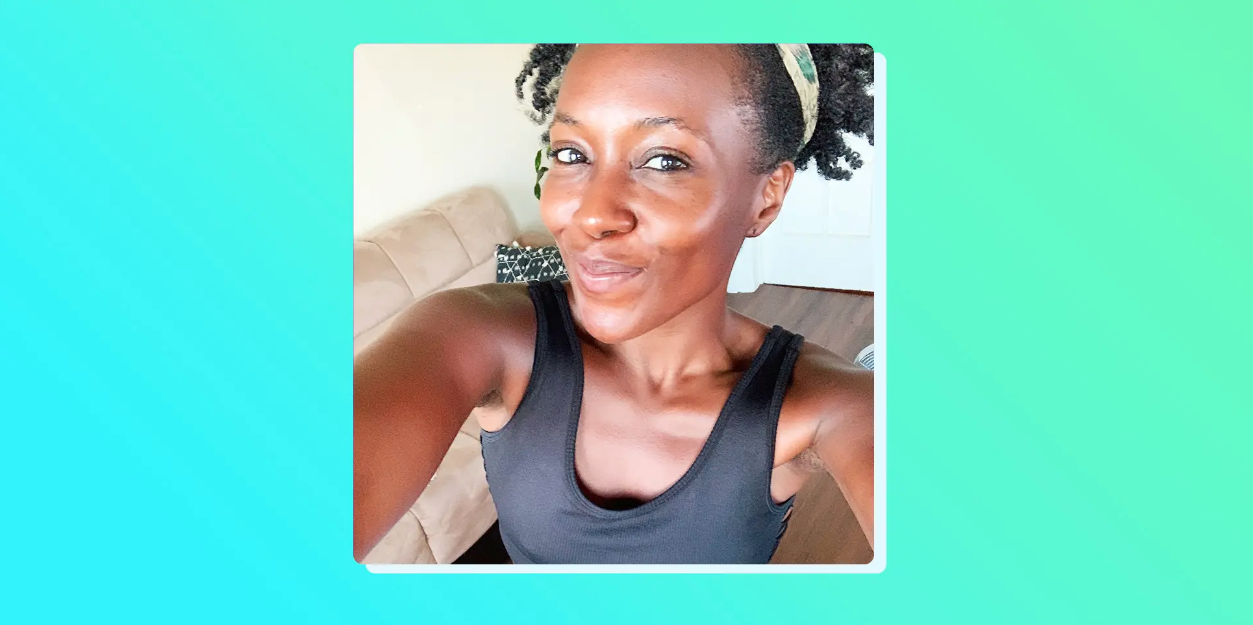

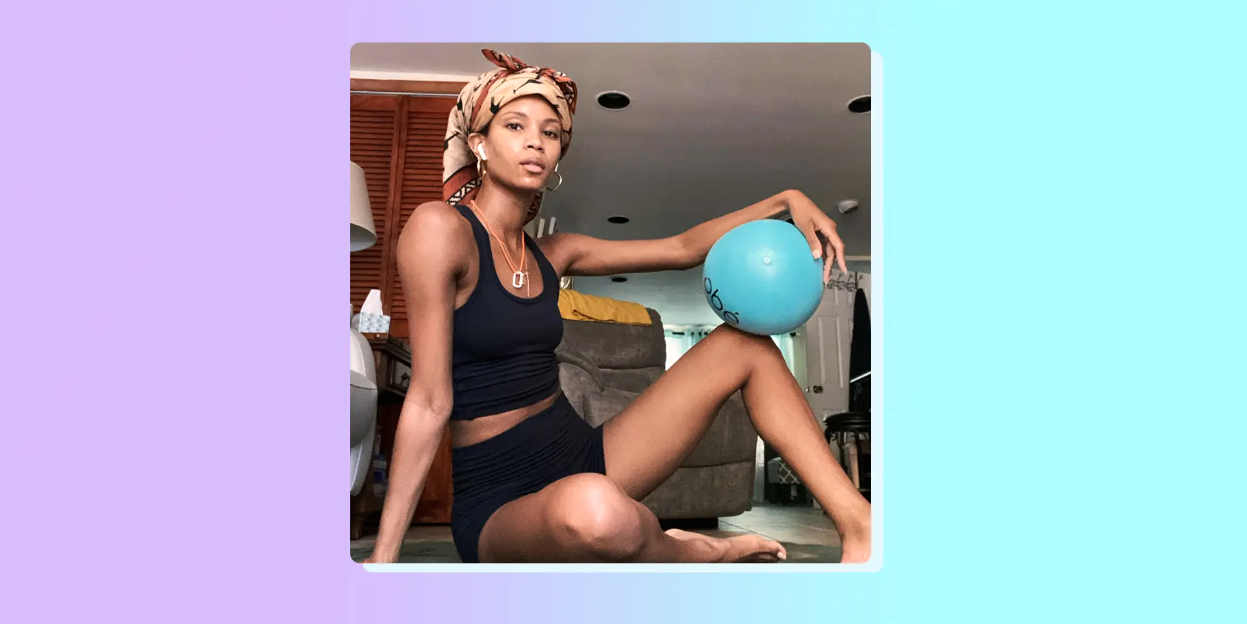

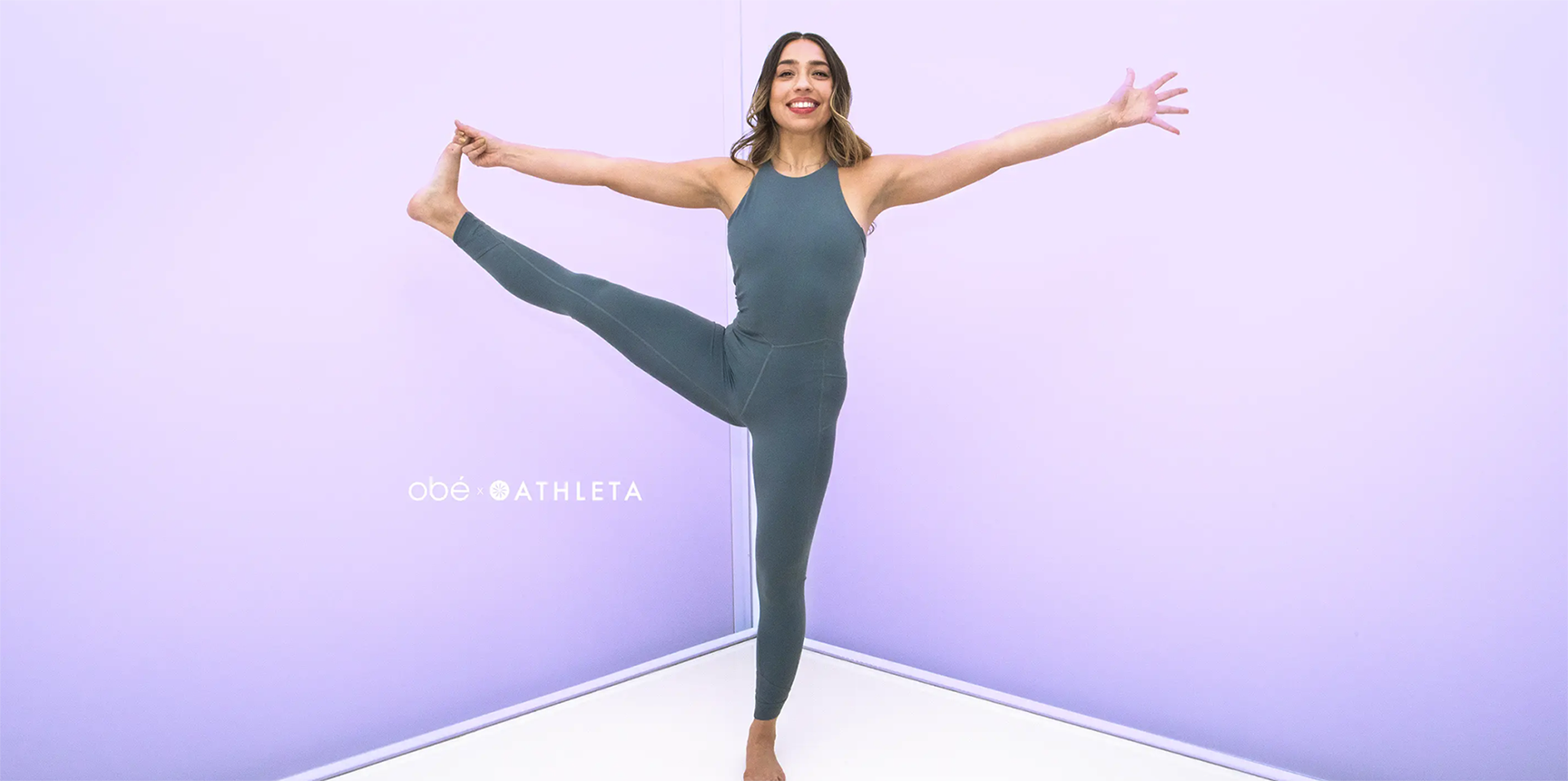



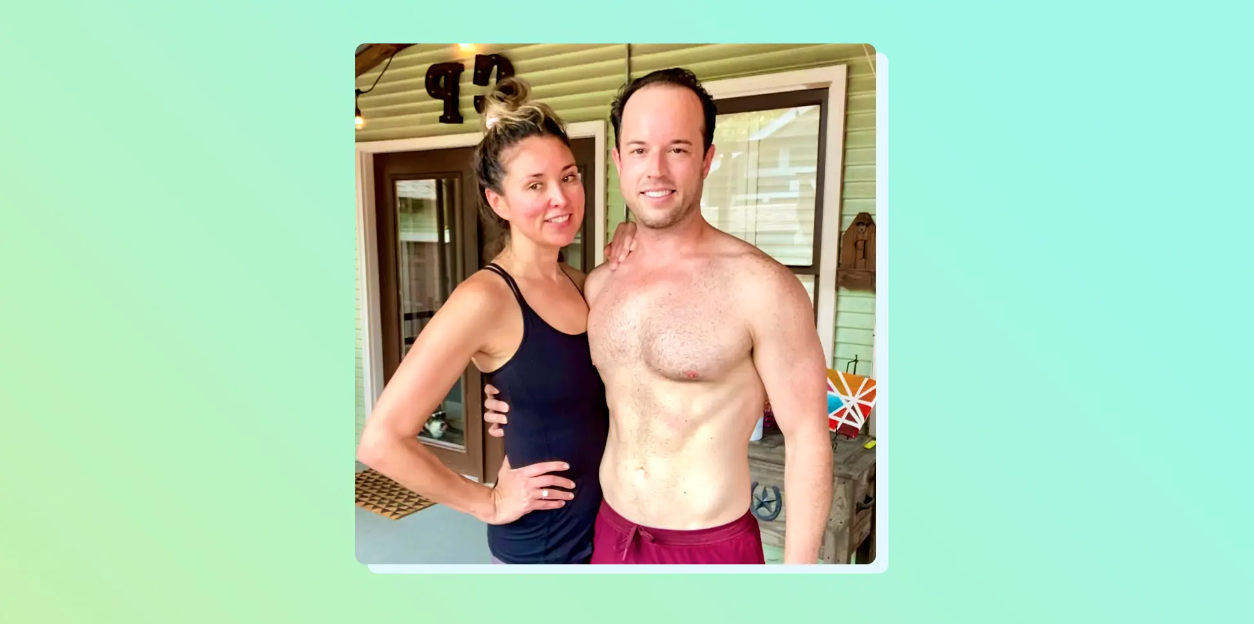
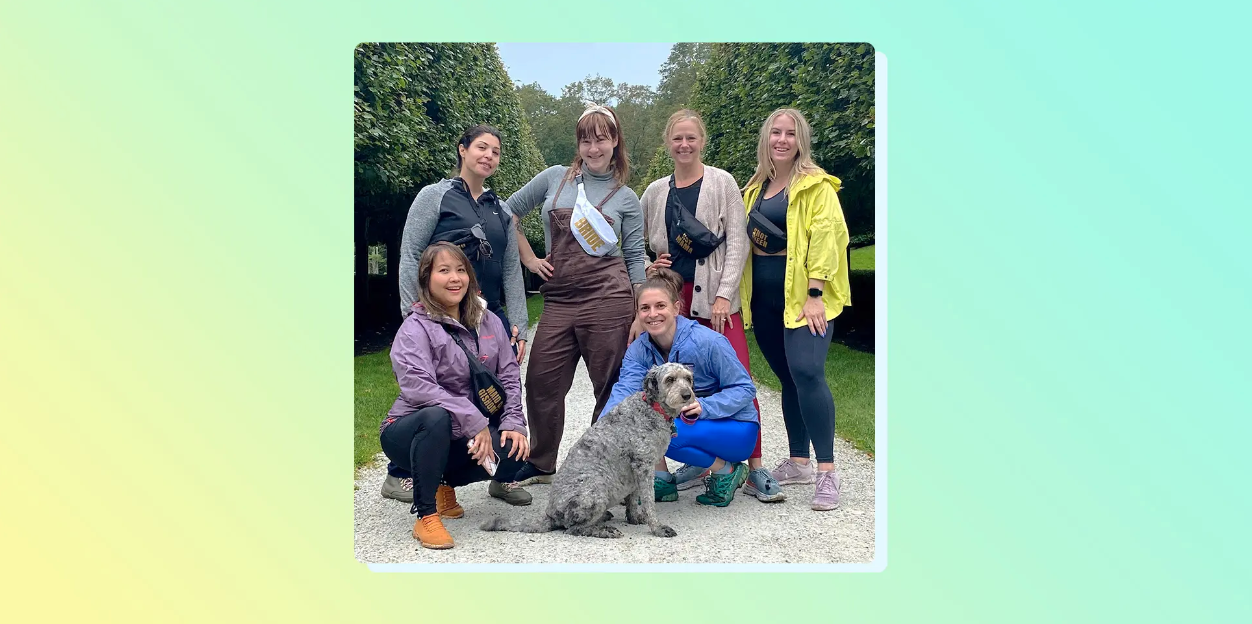
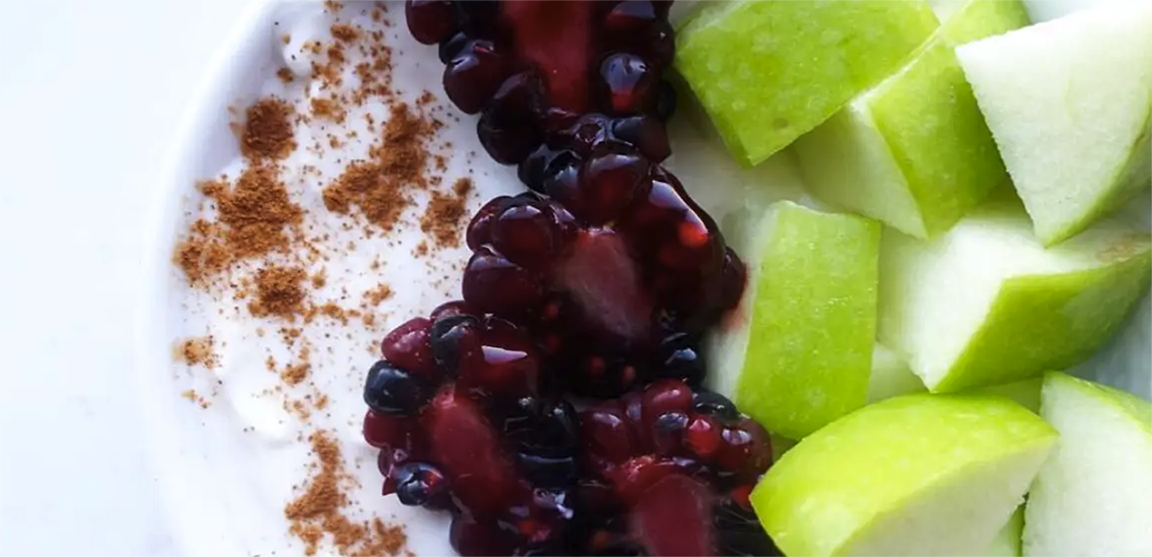

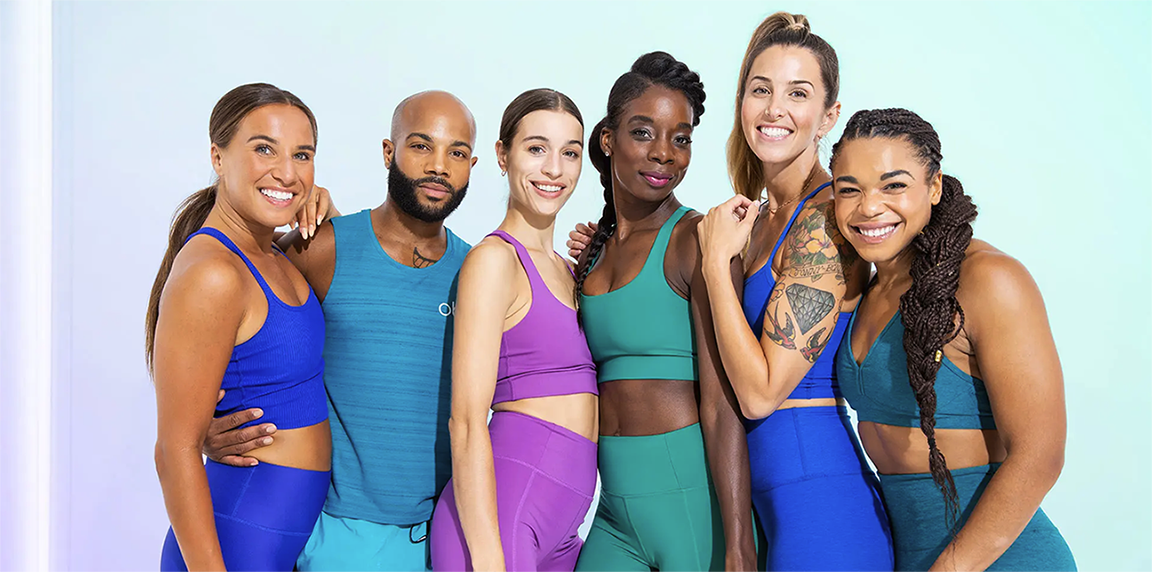
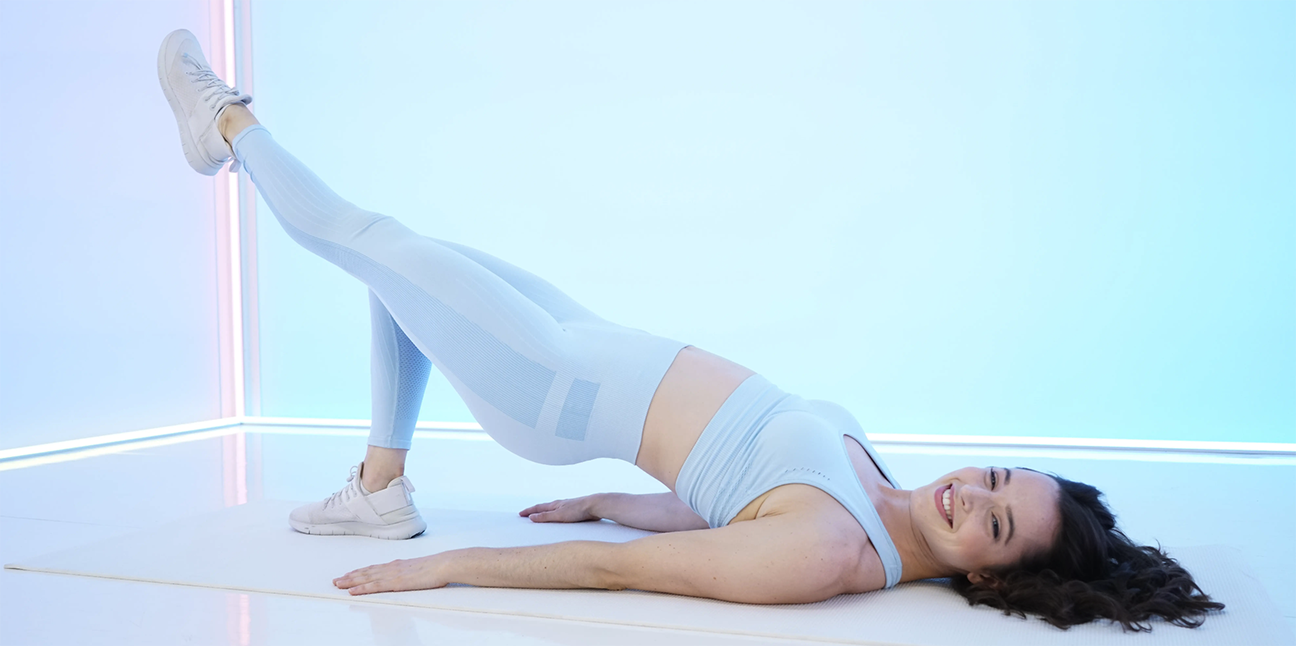





Leave a Reply